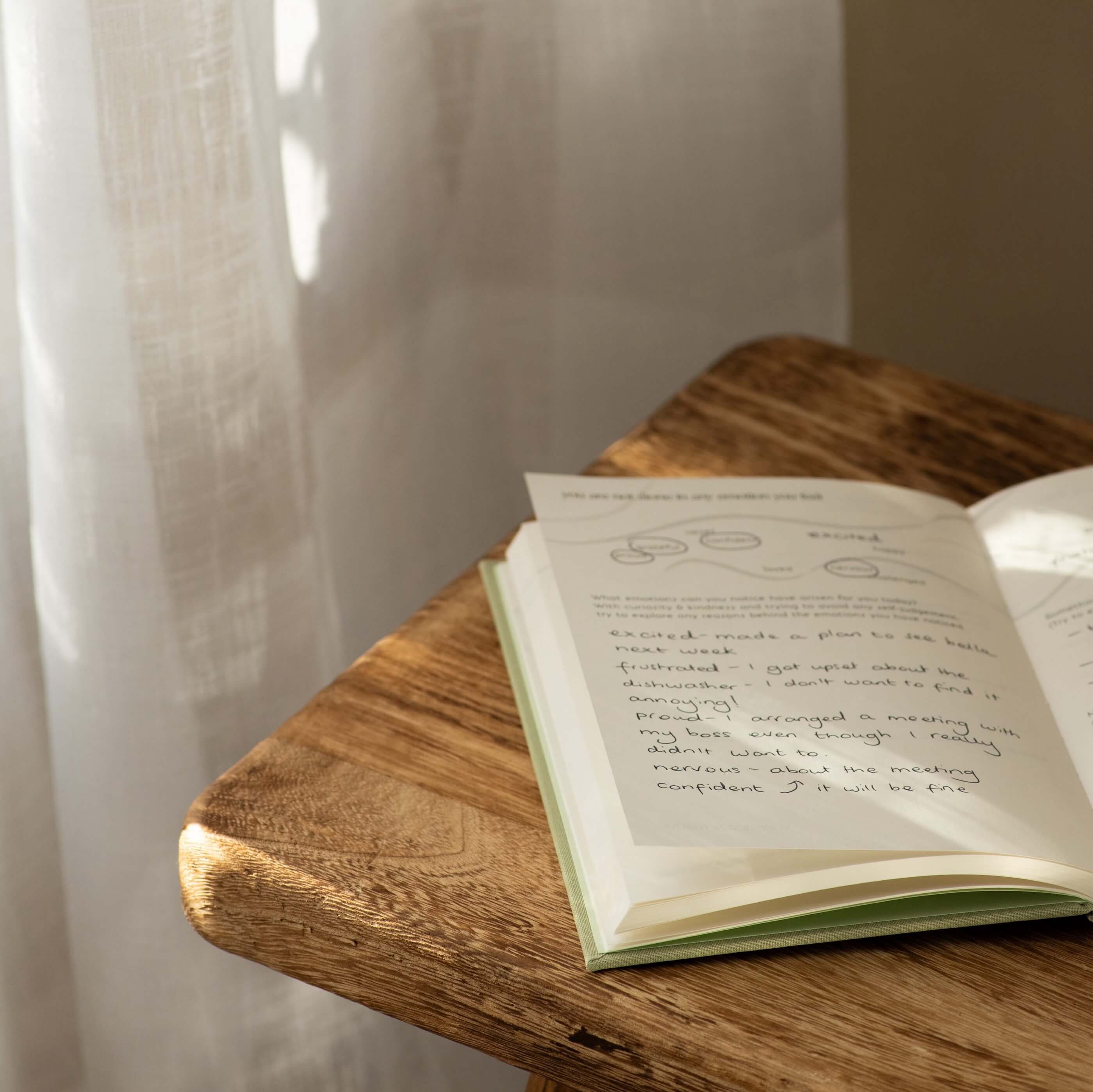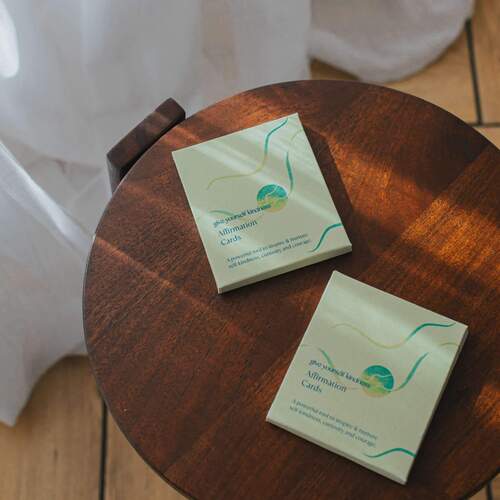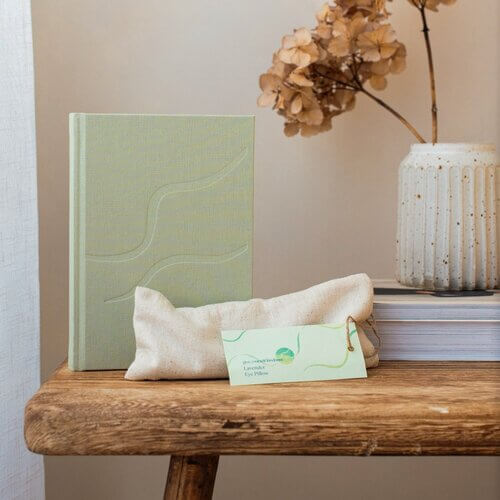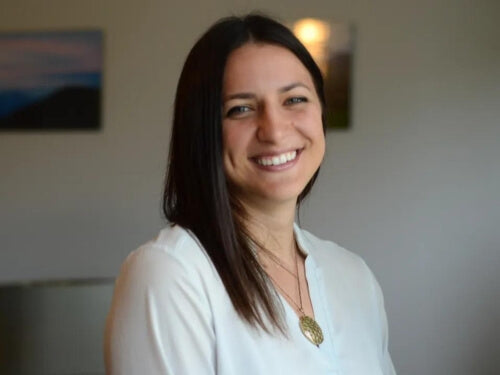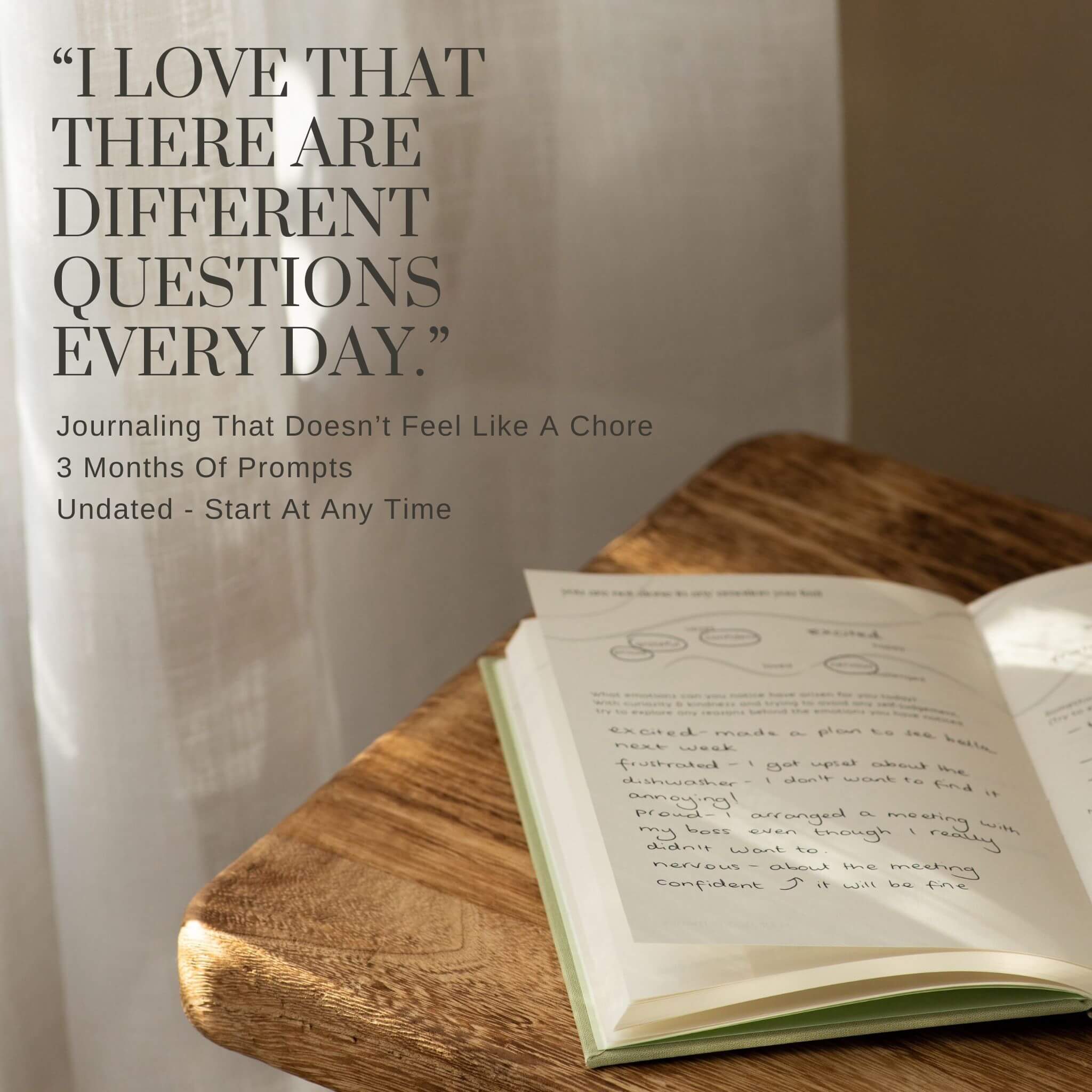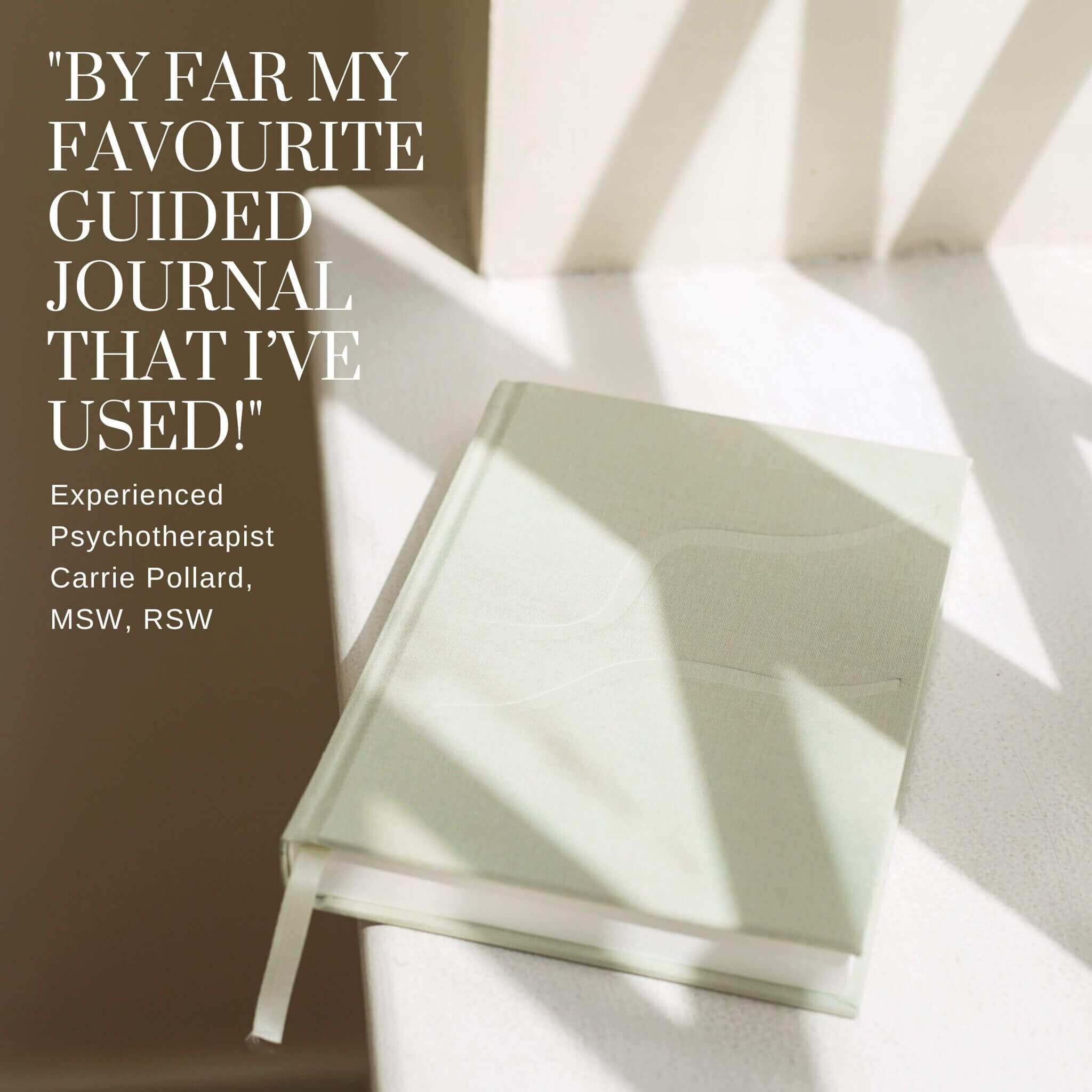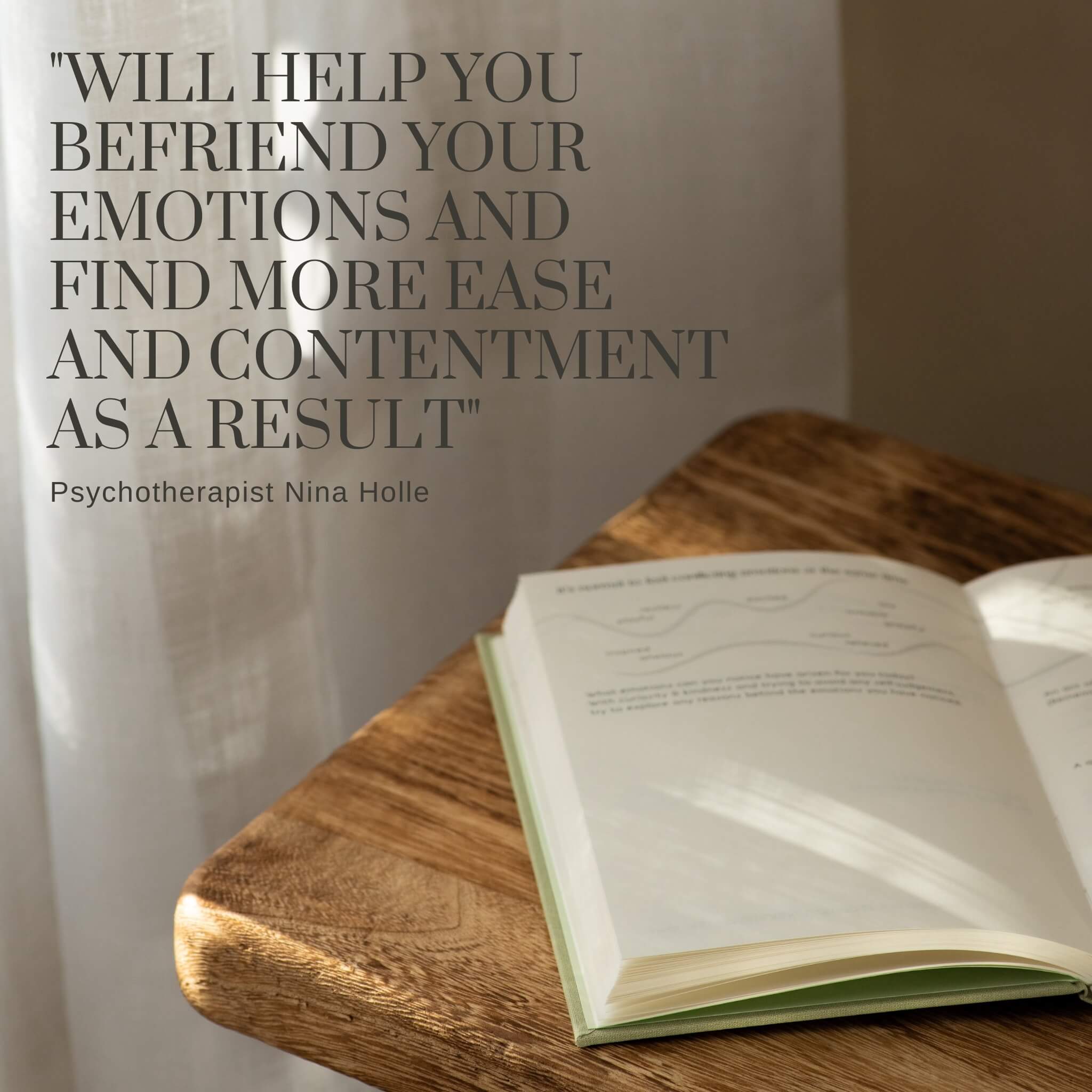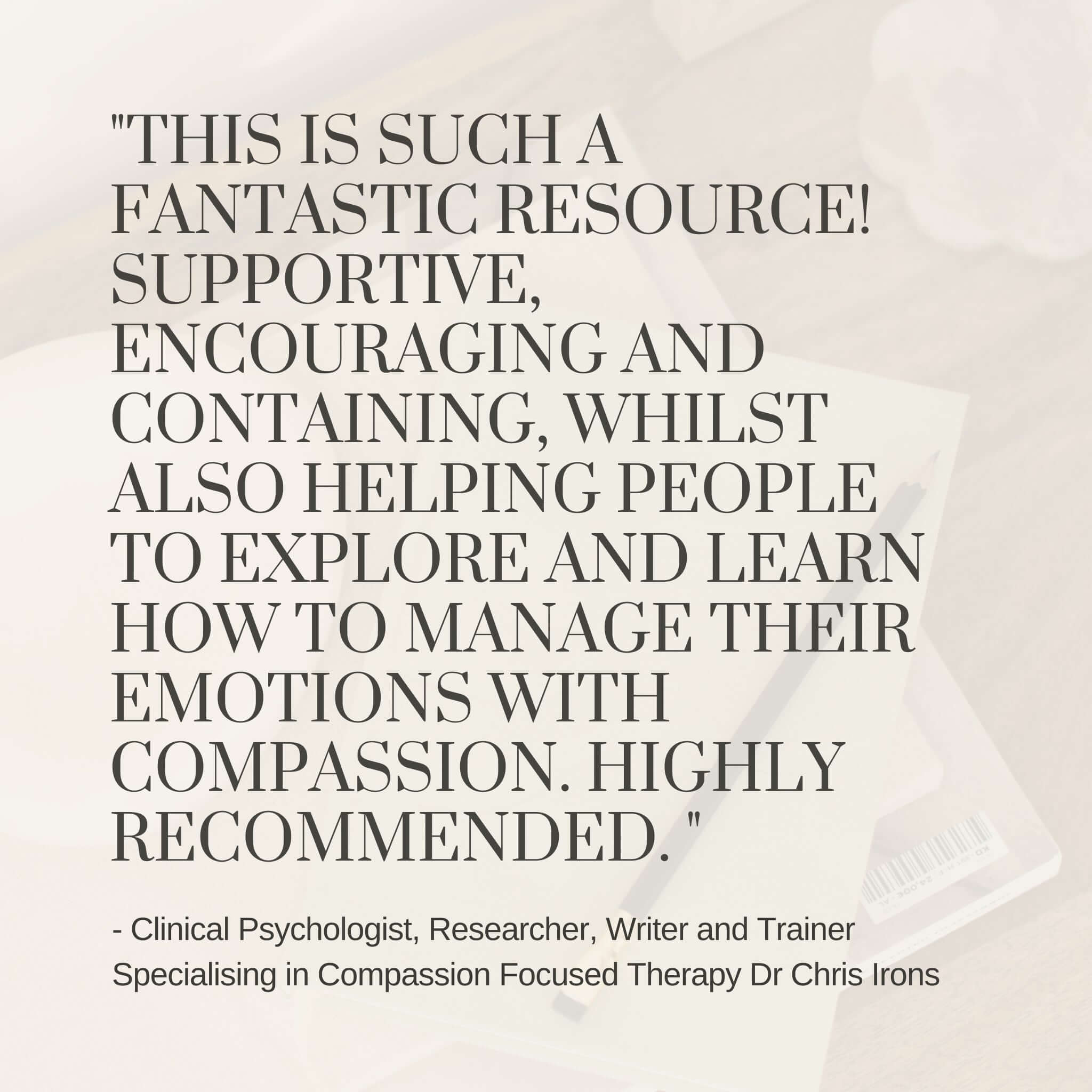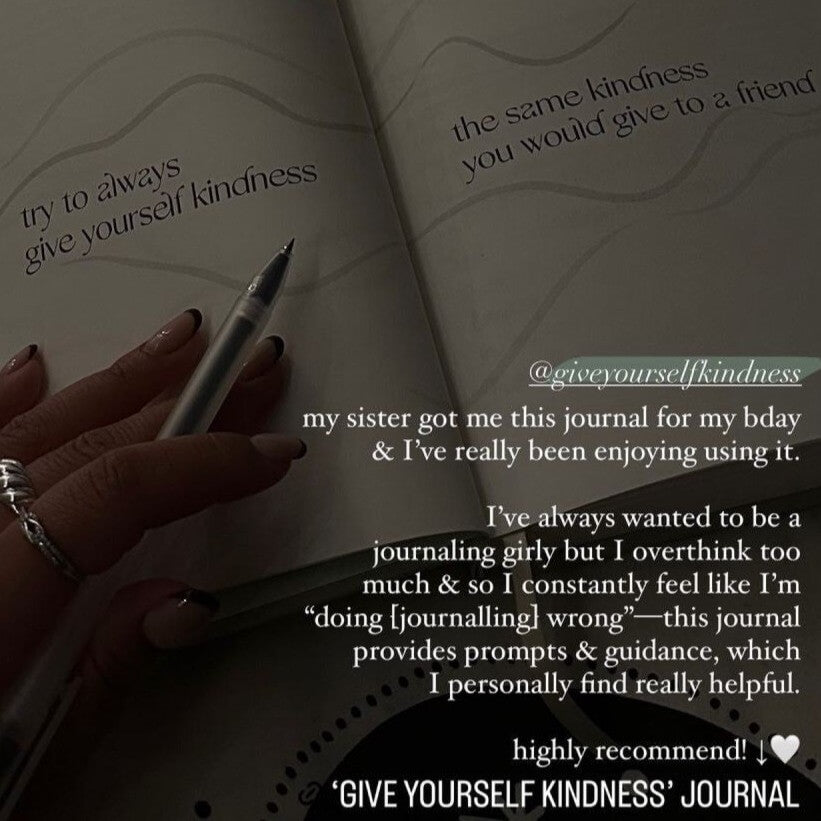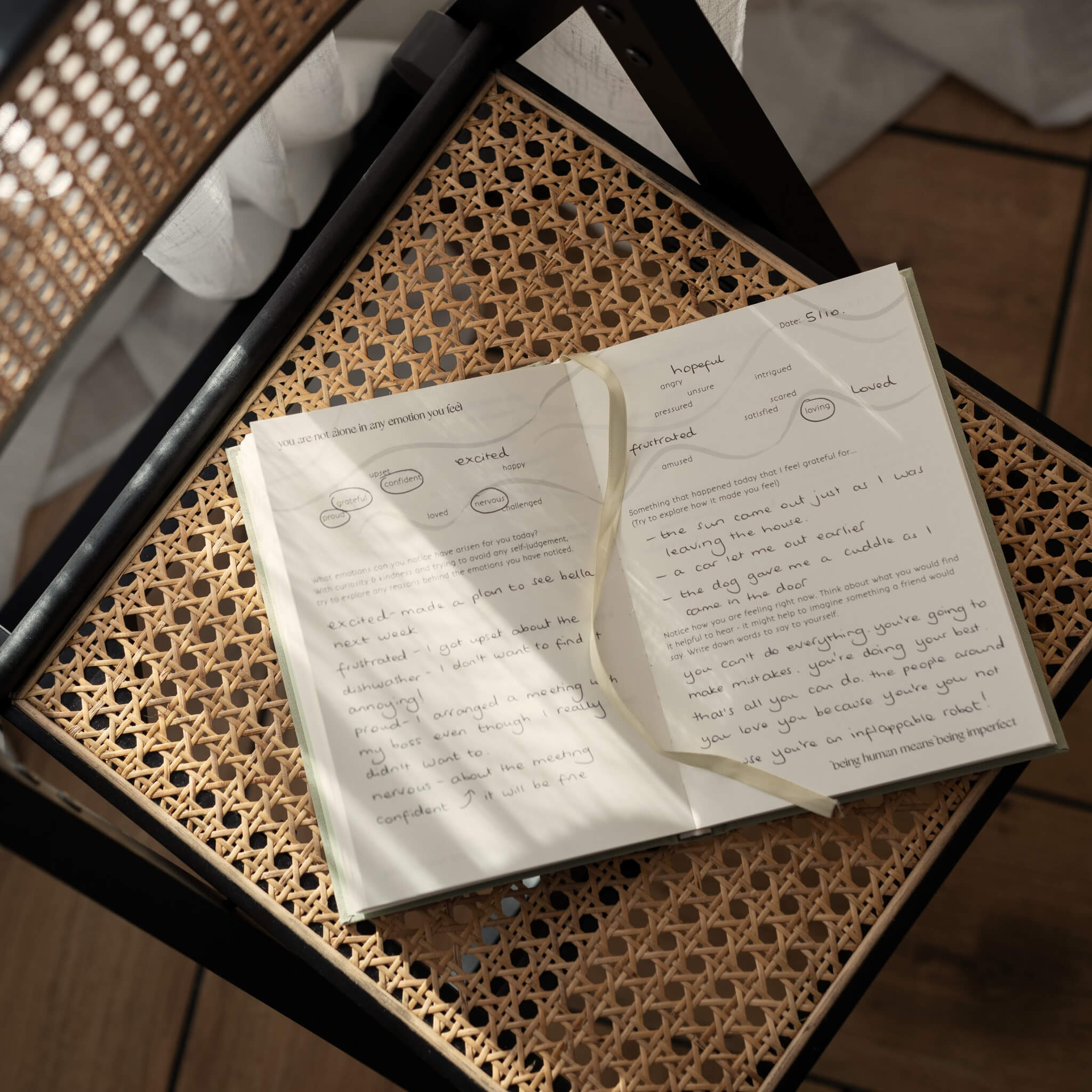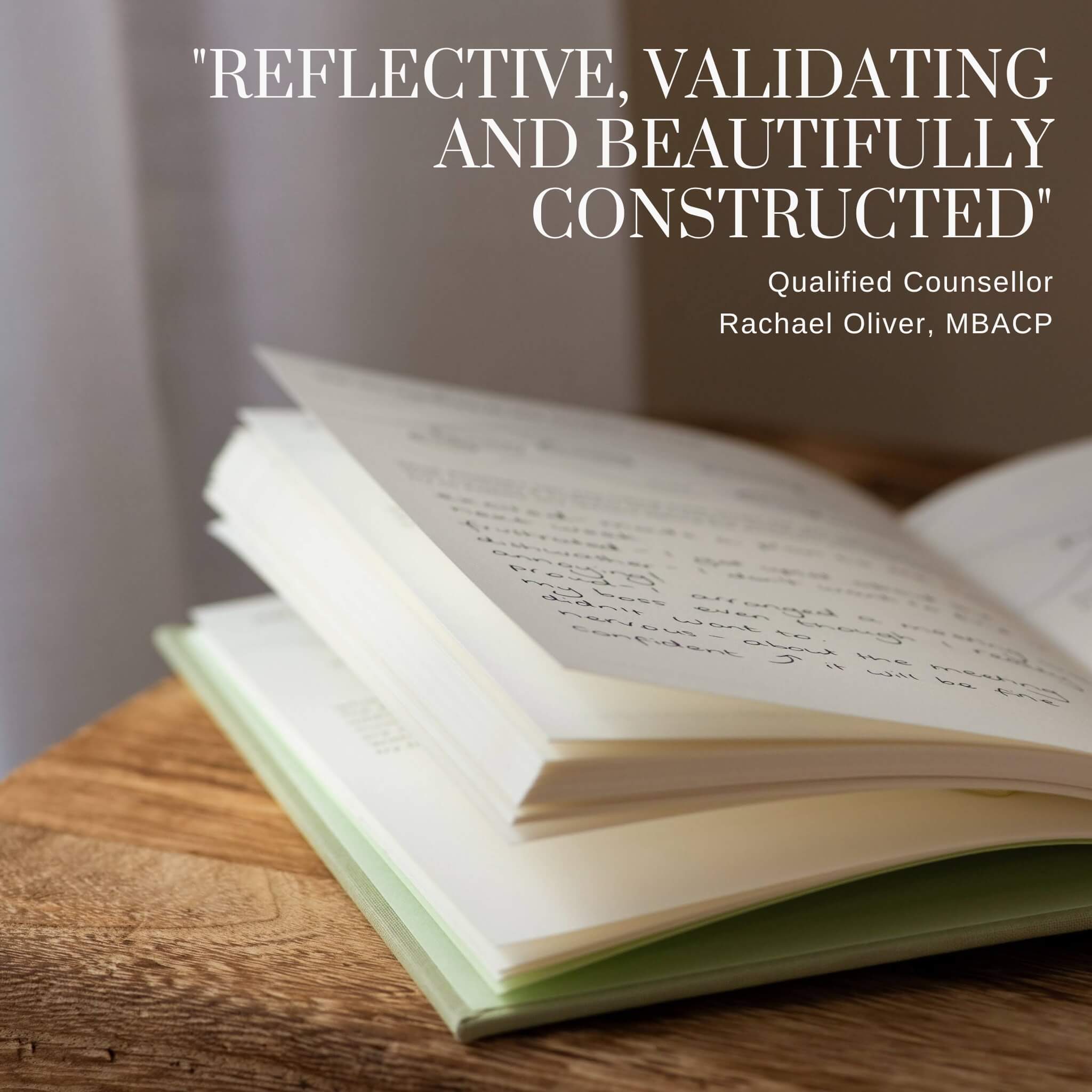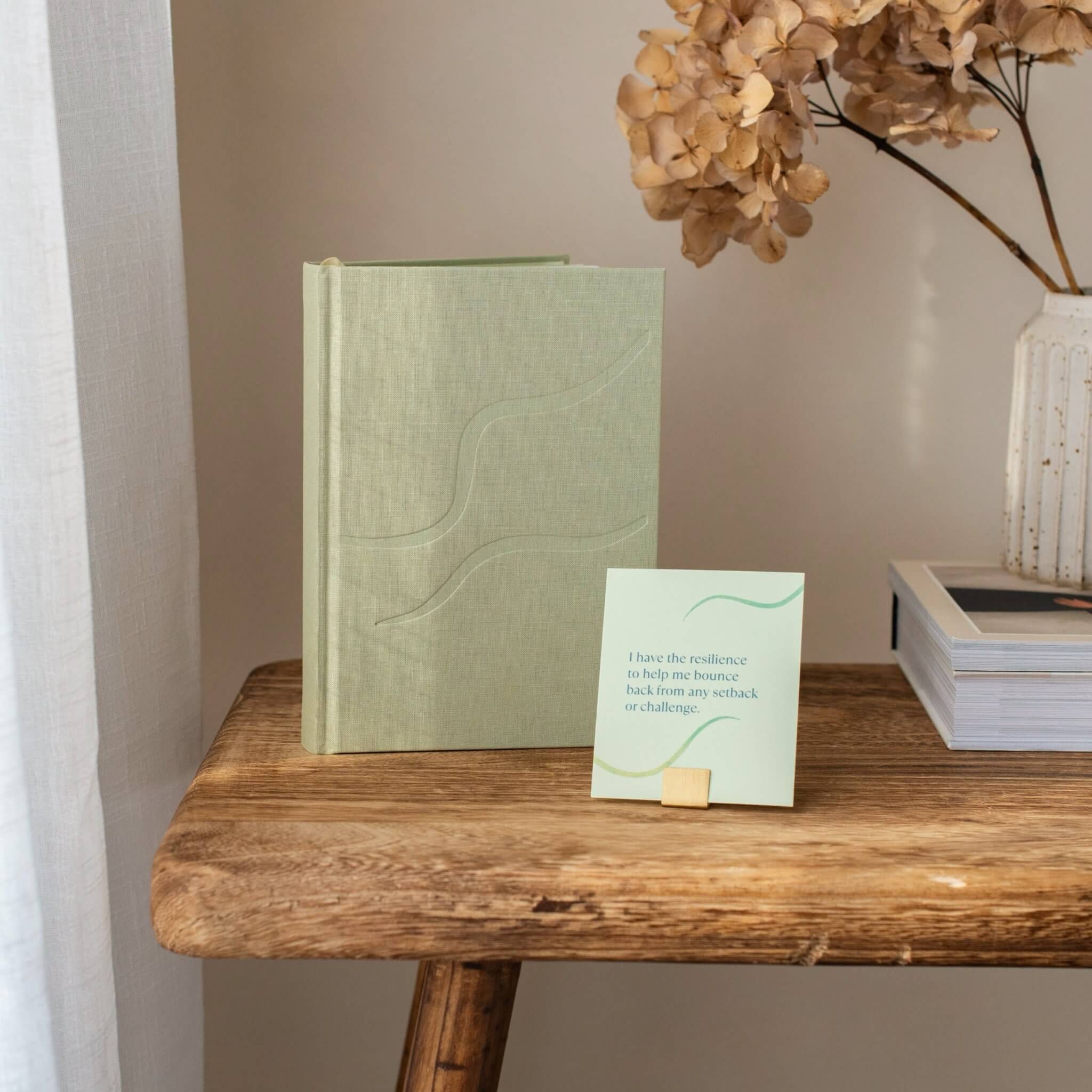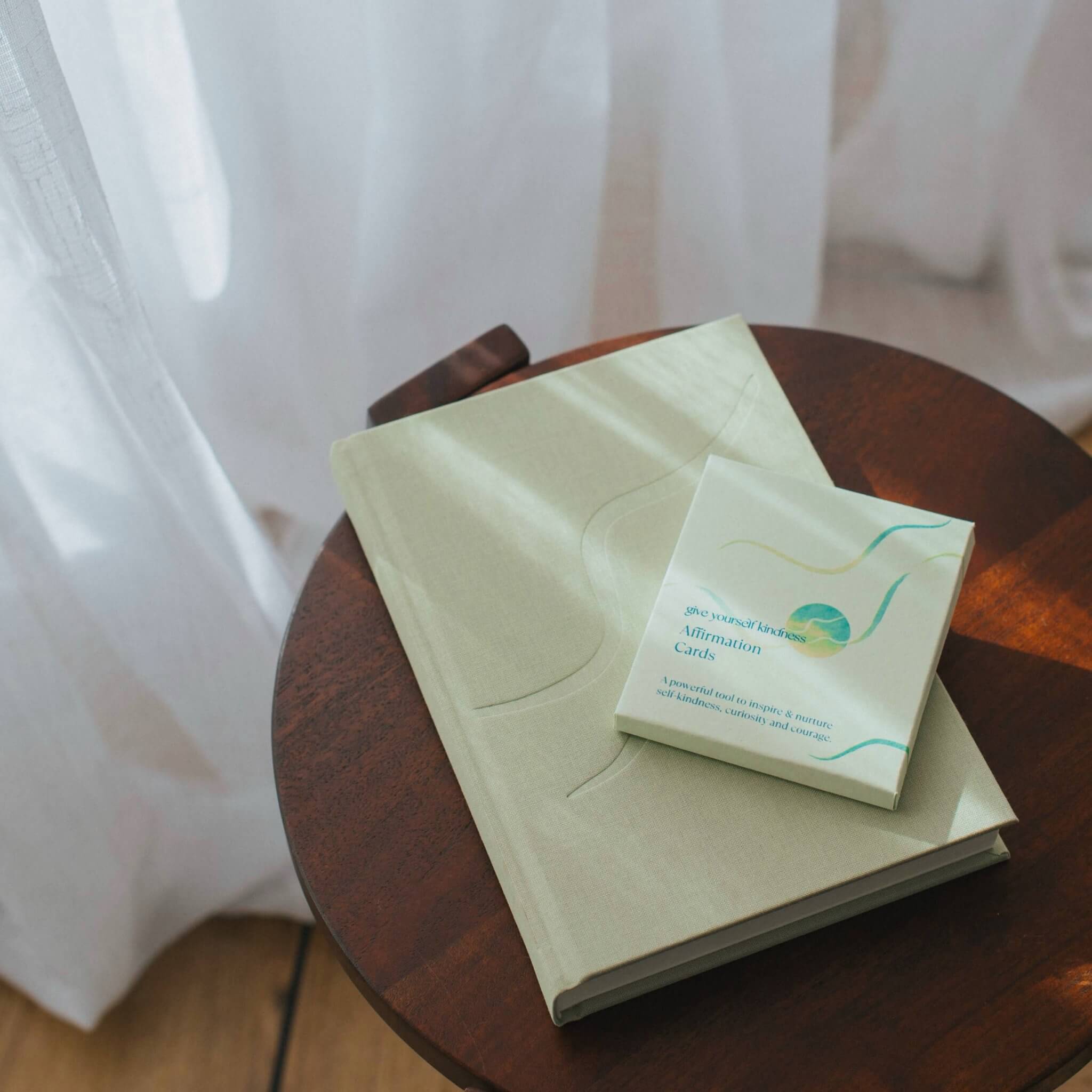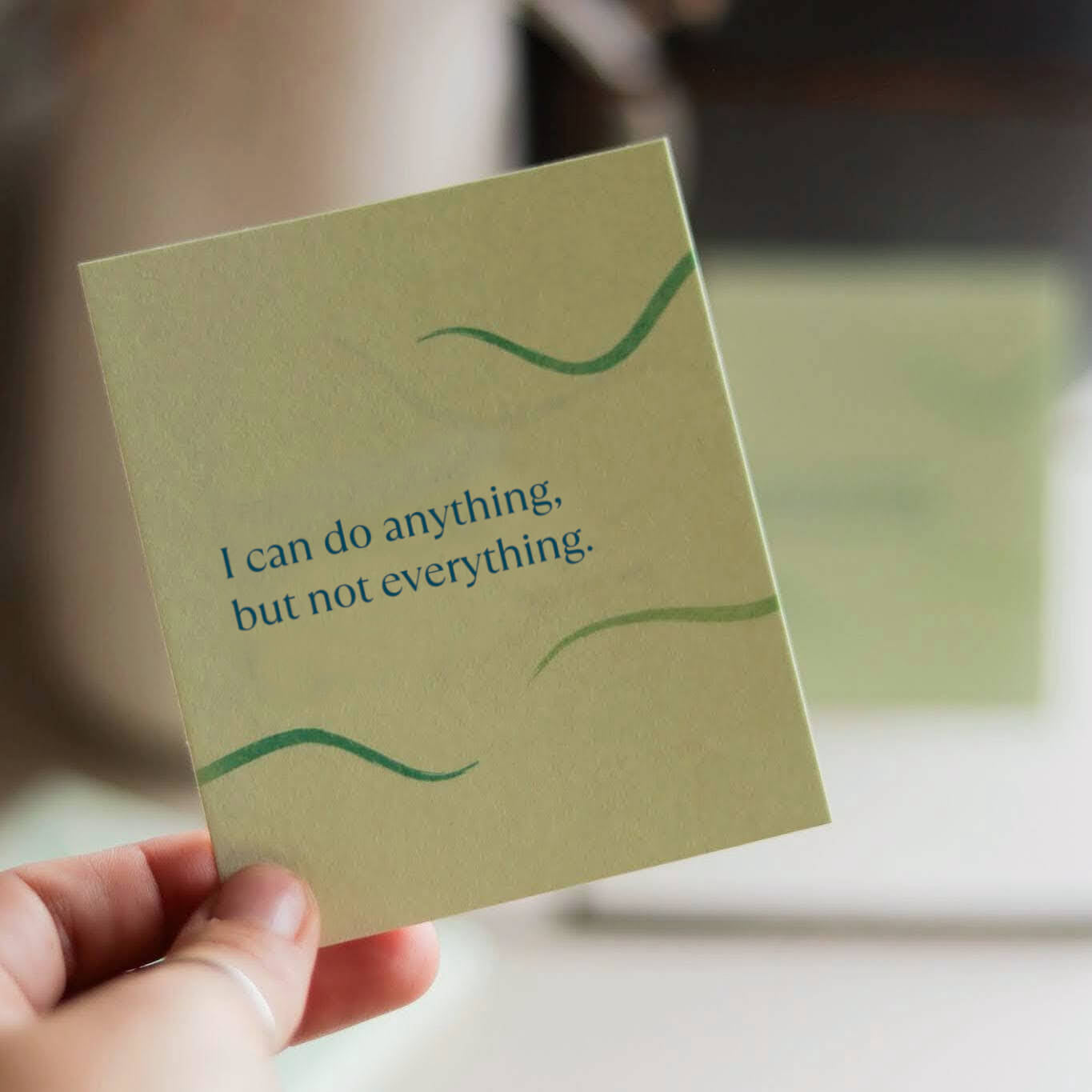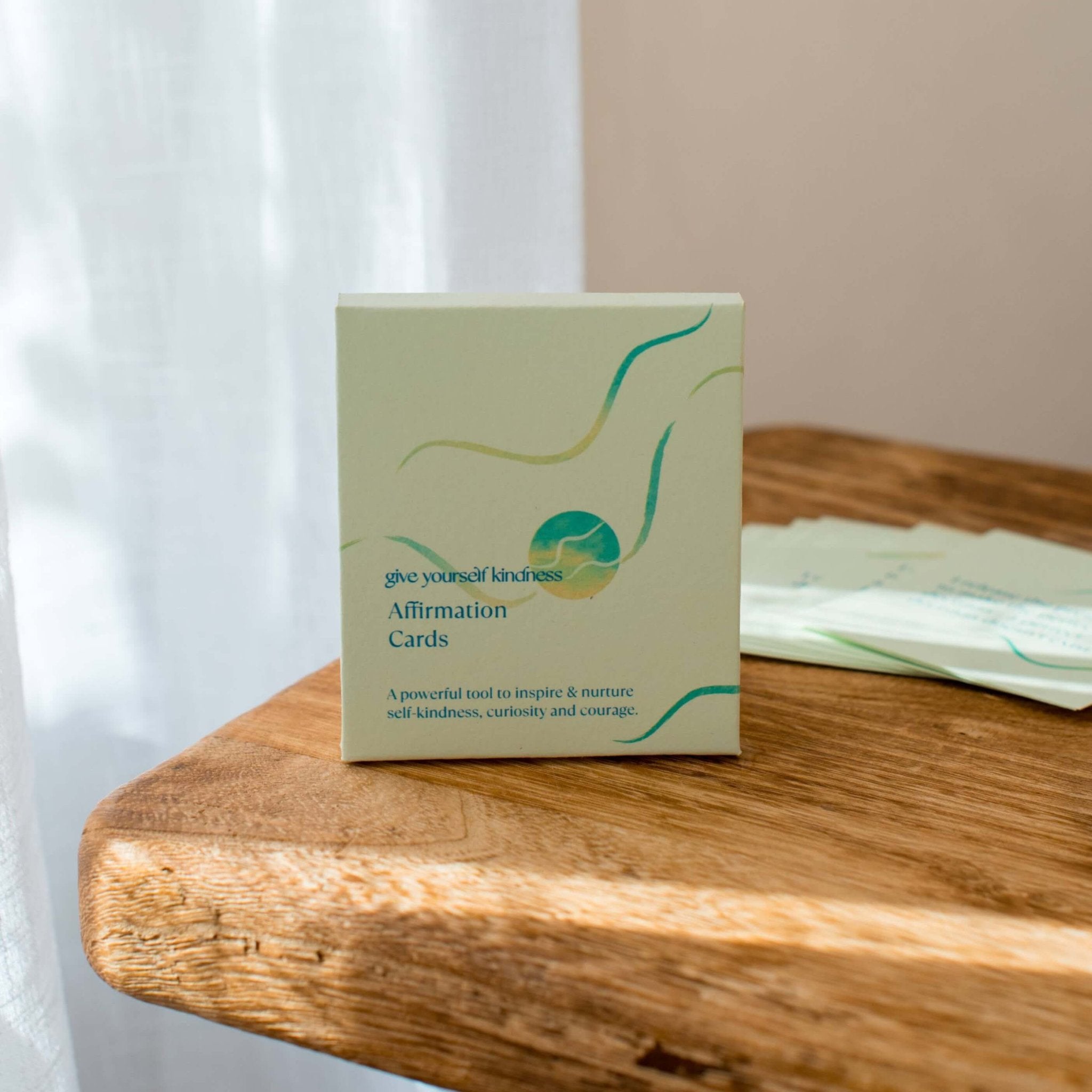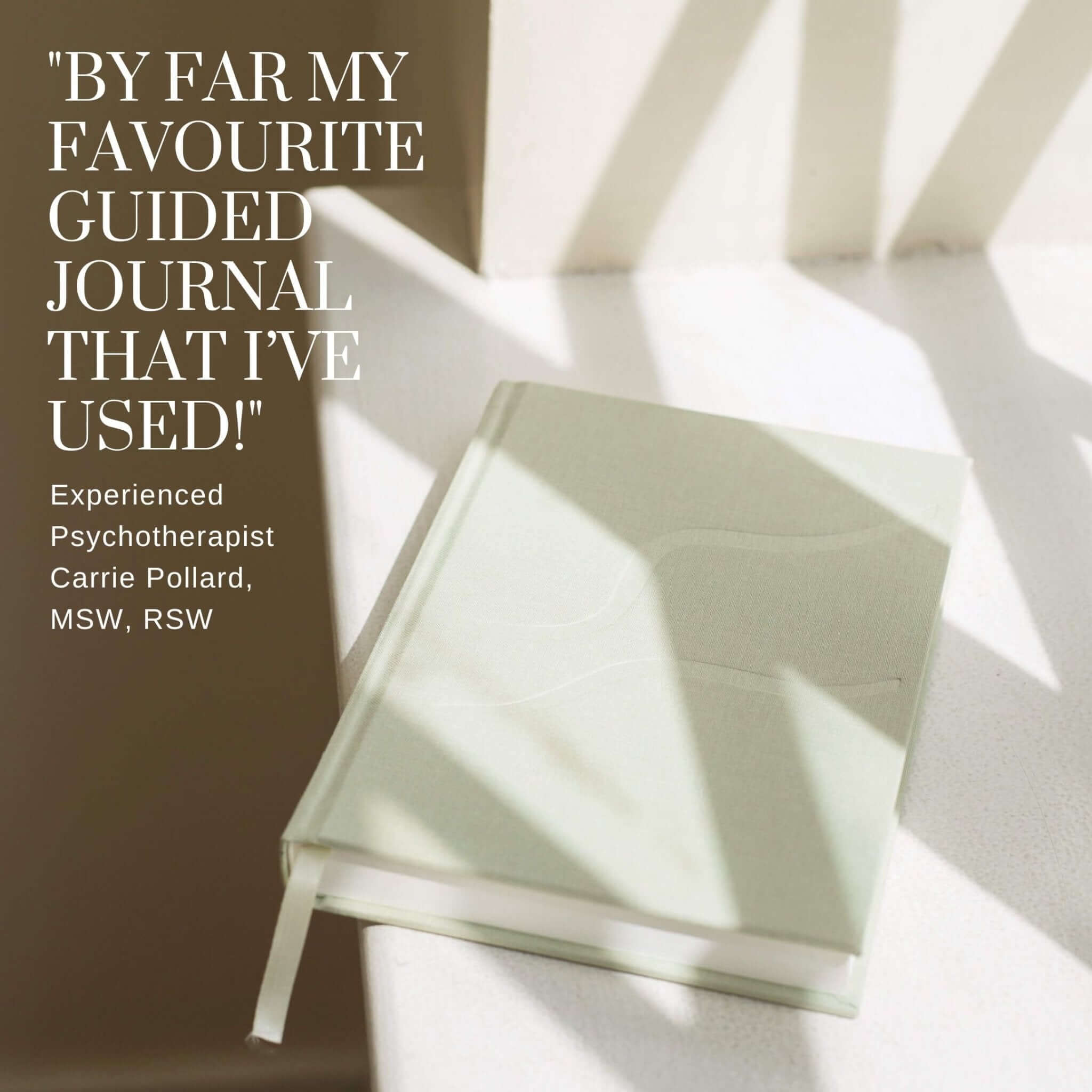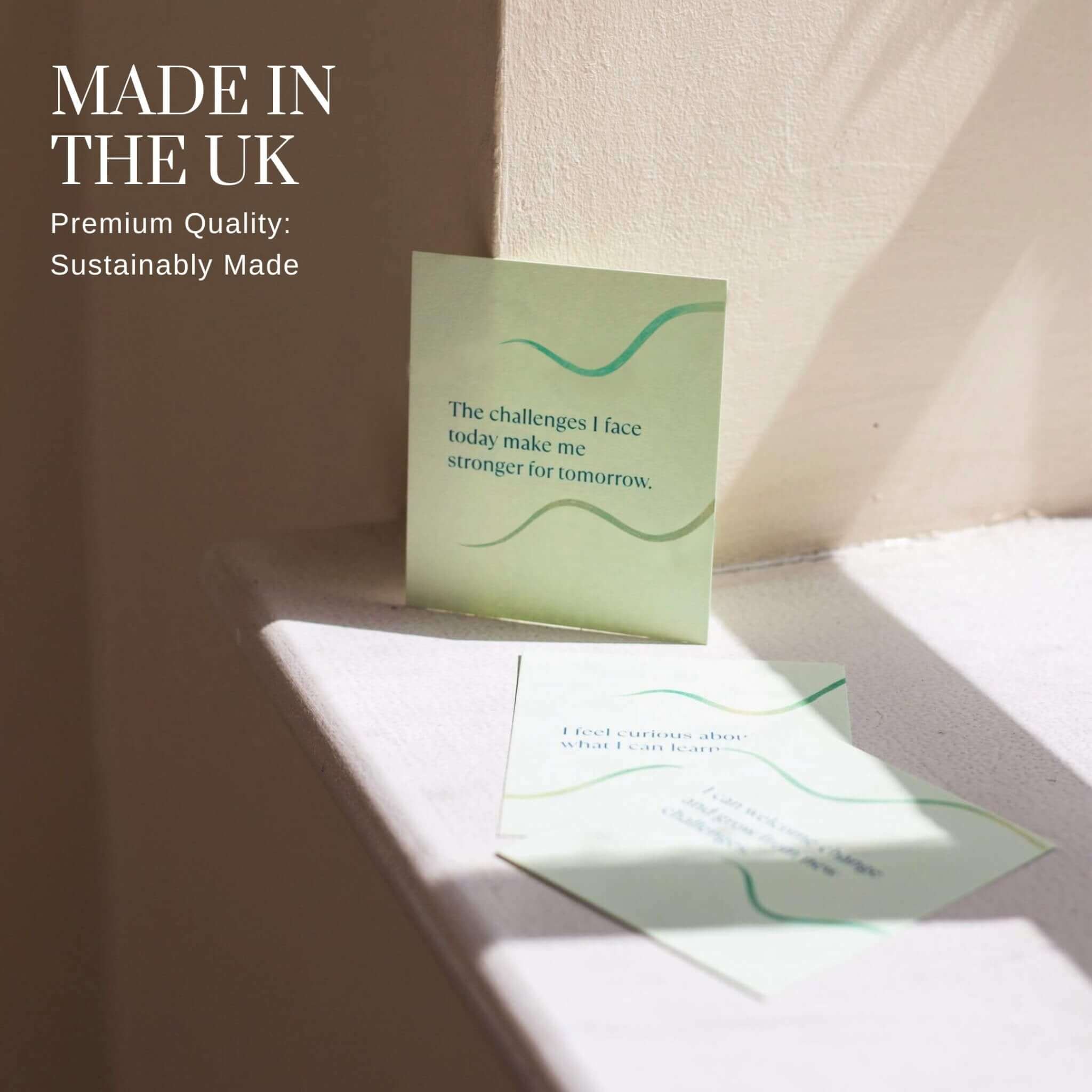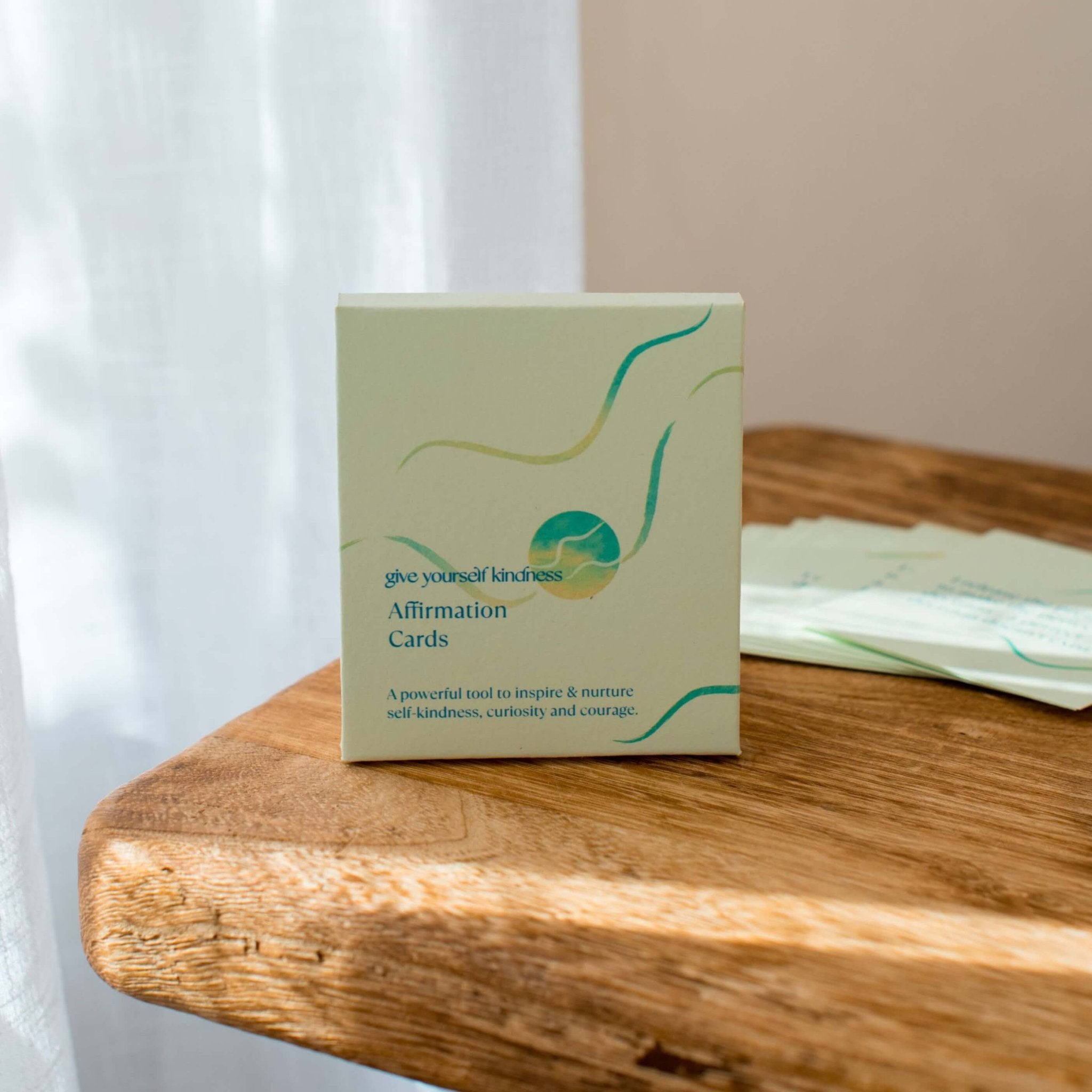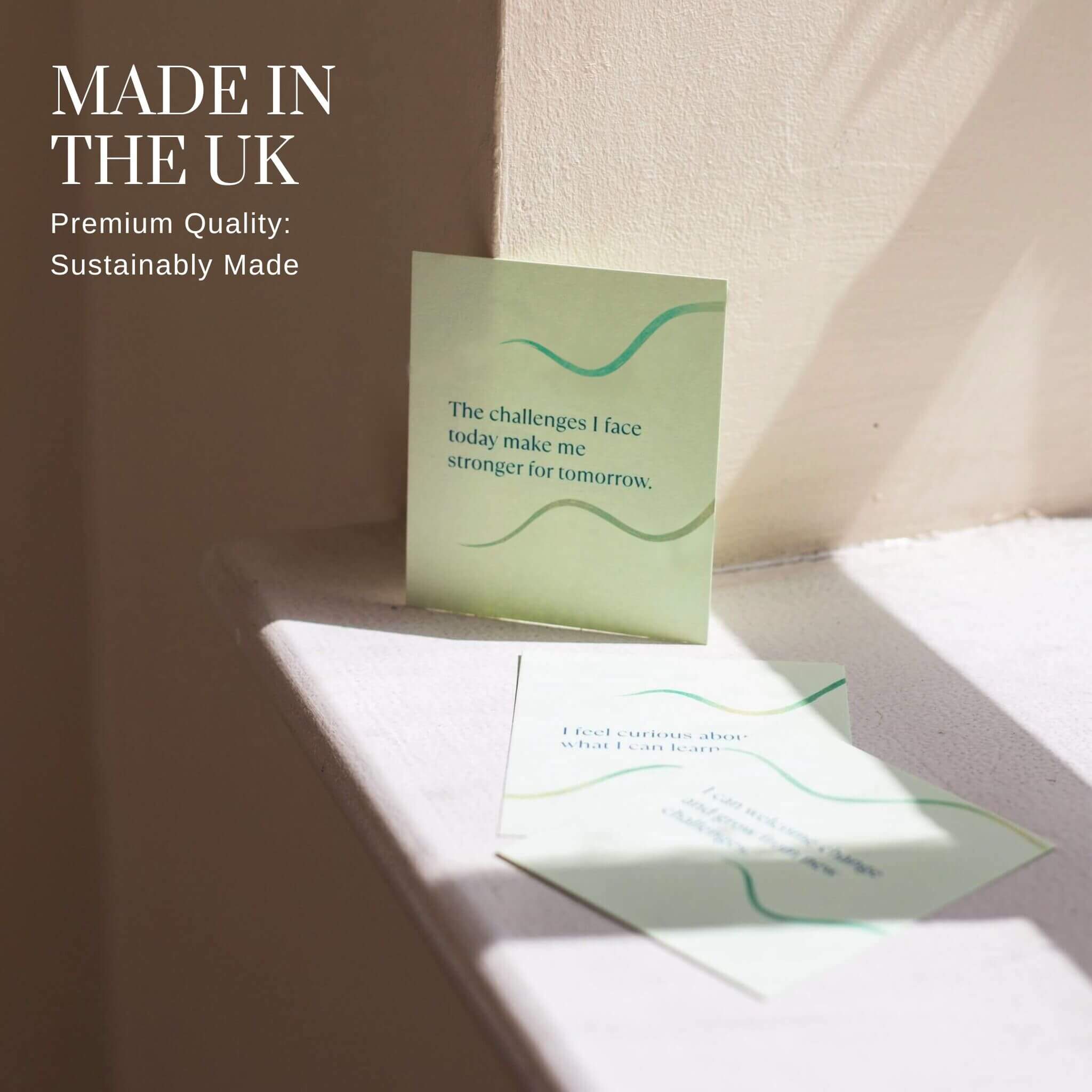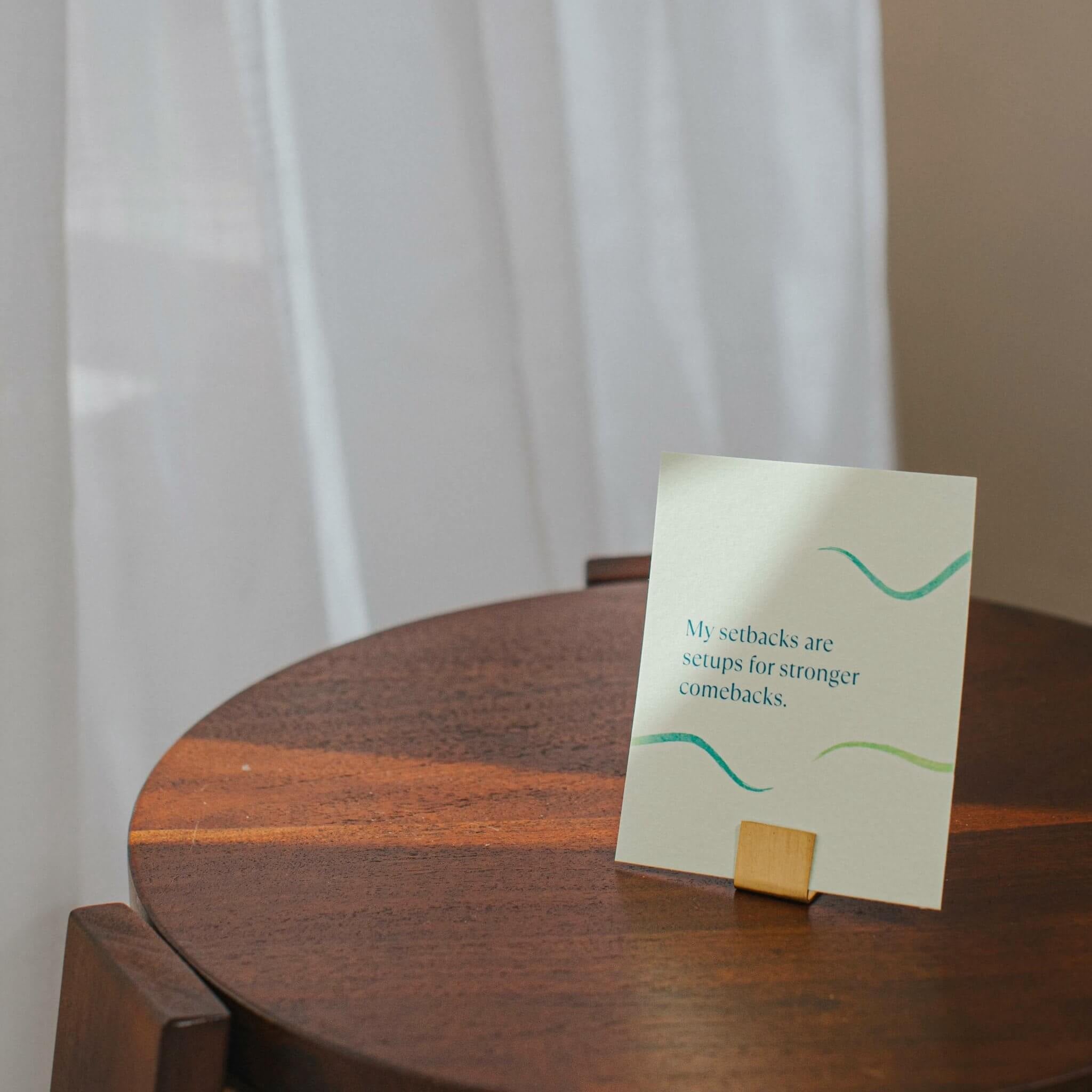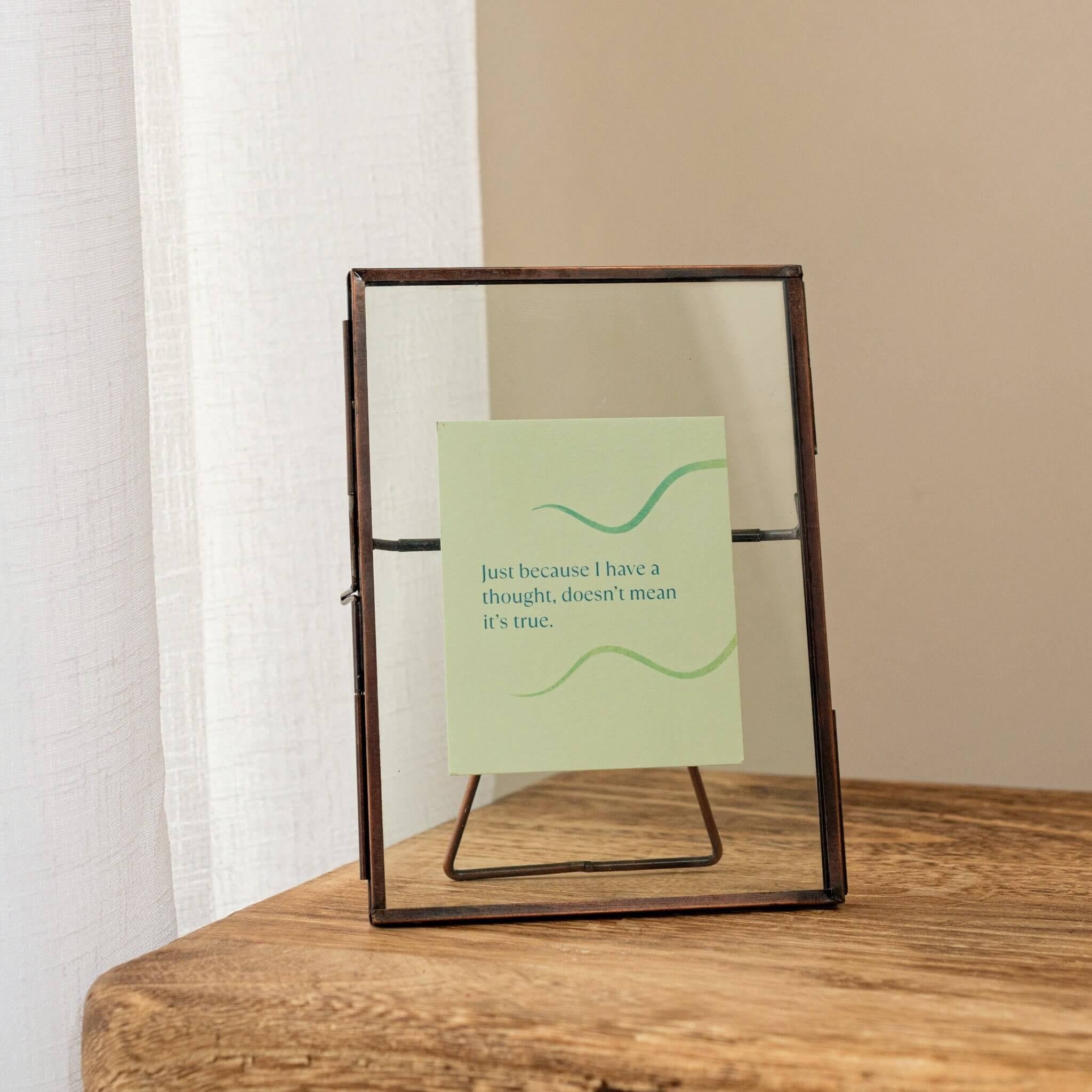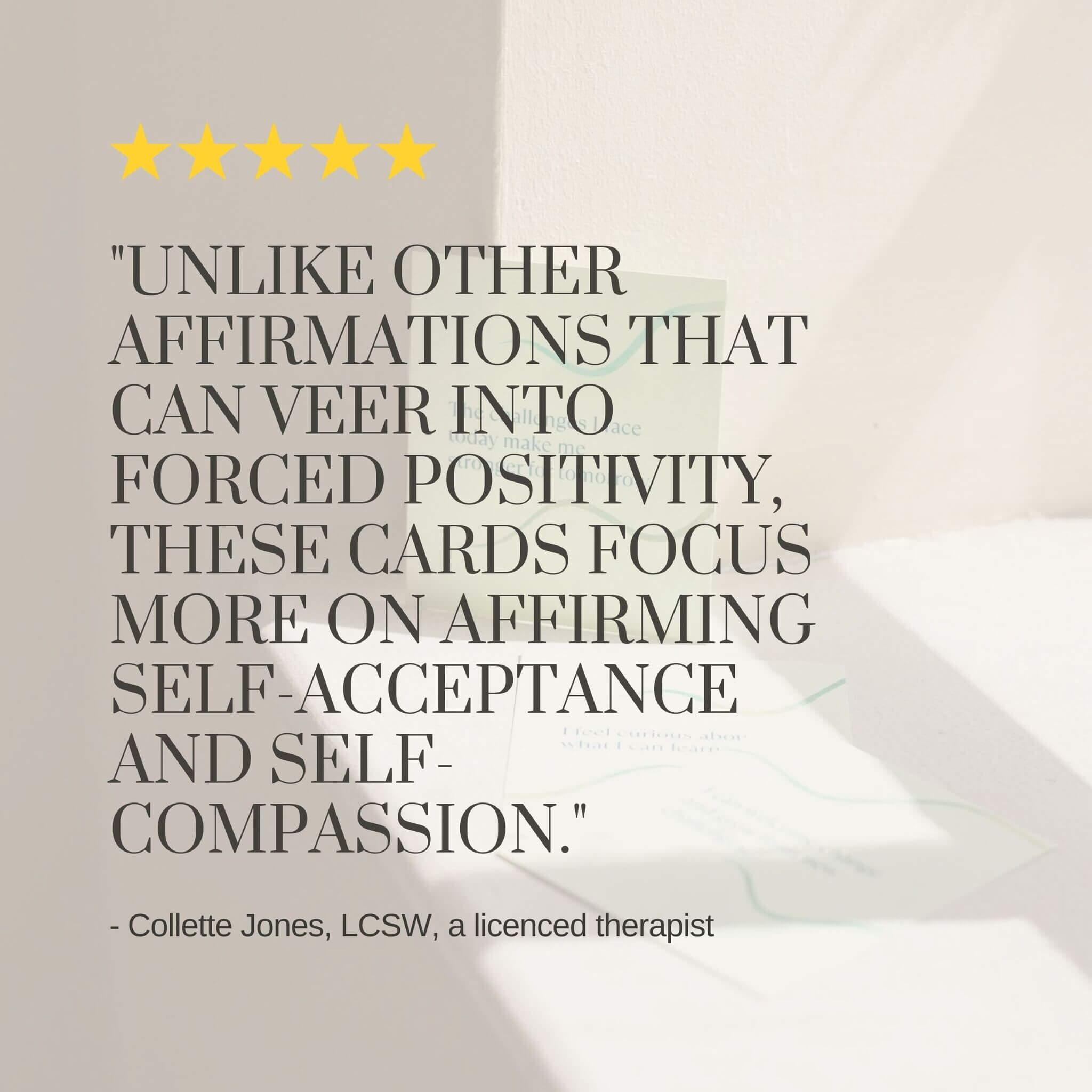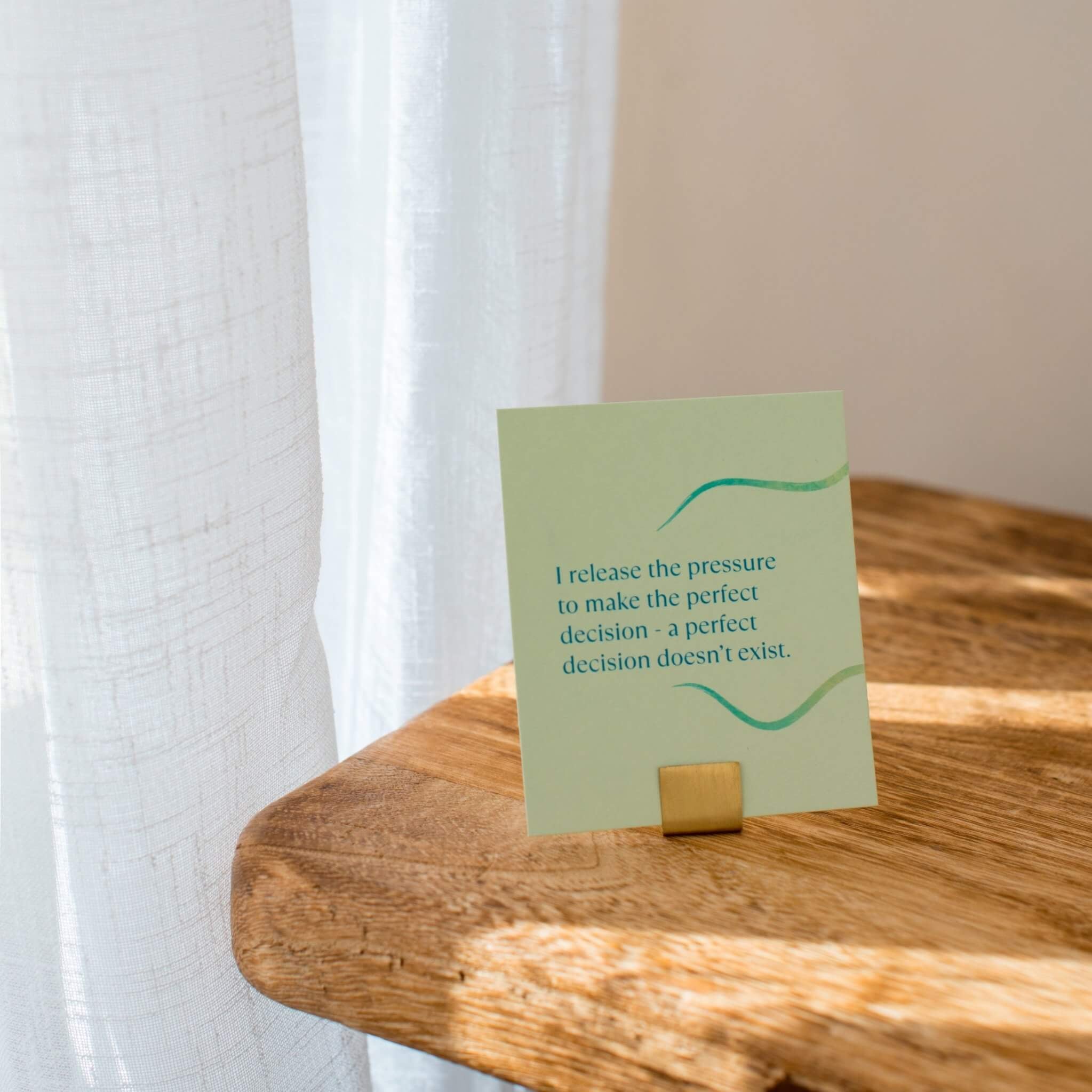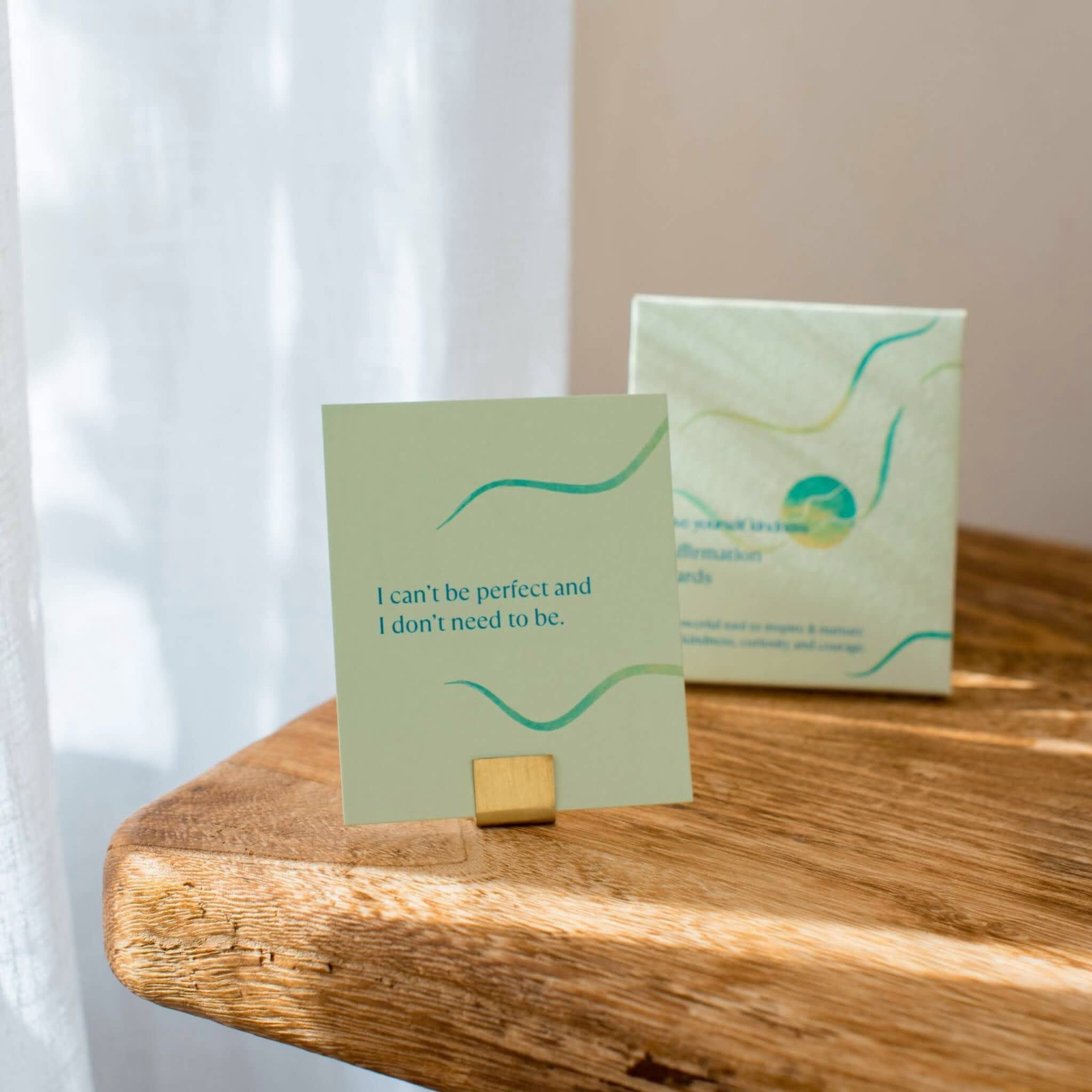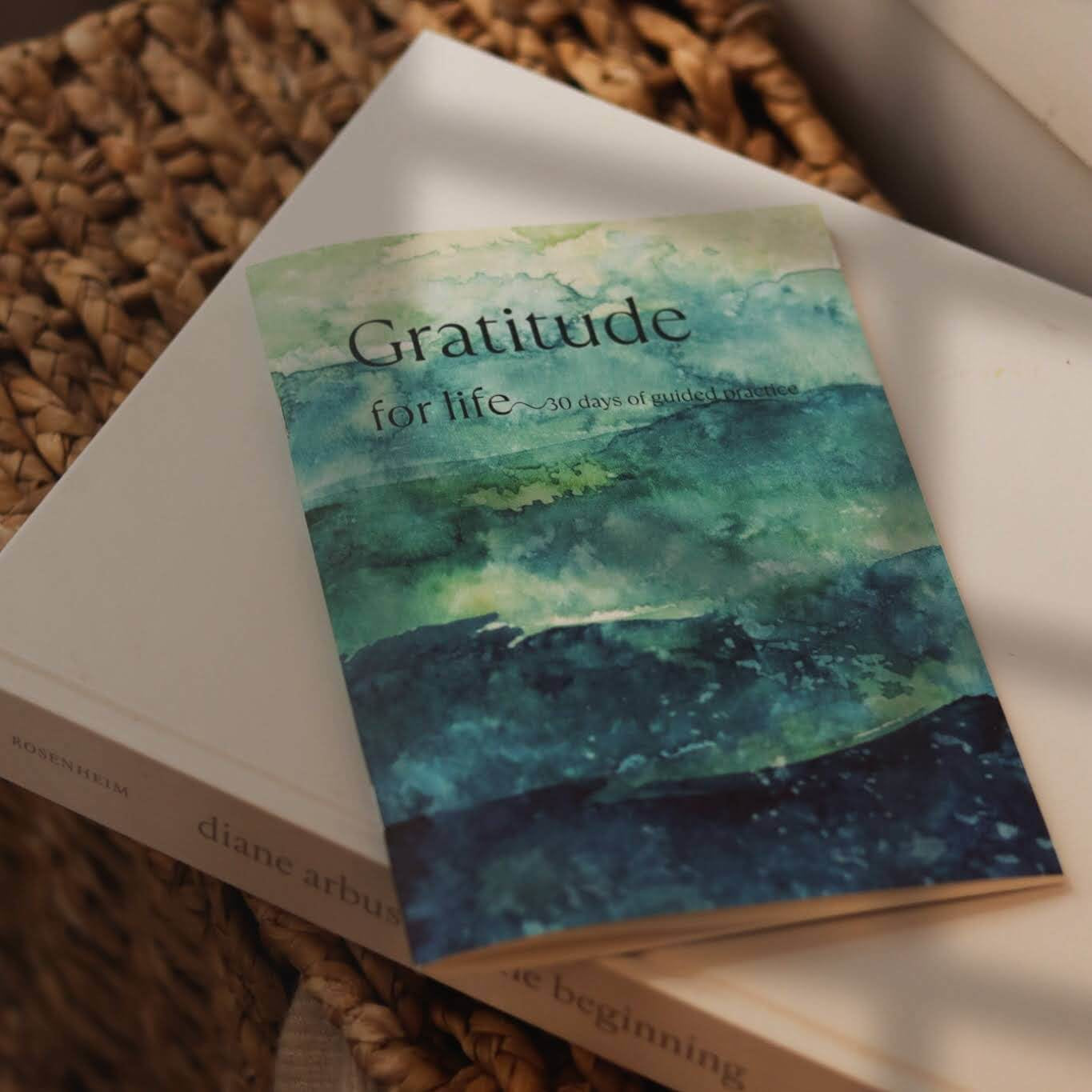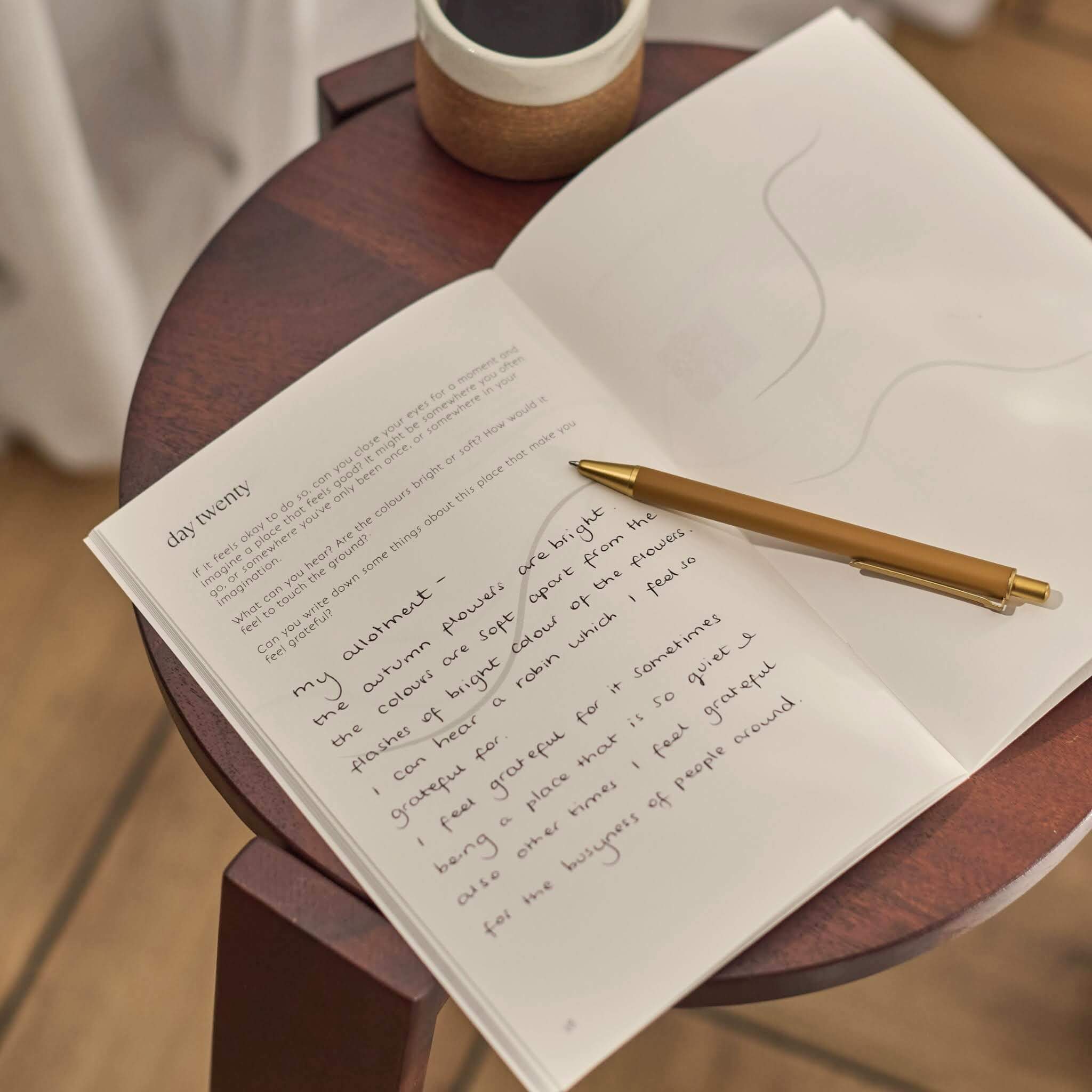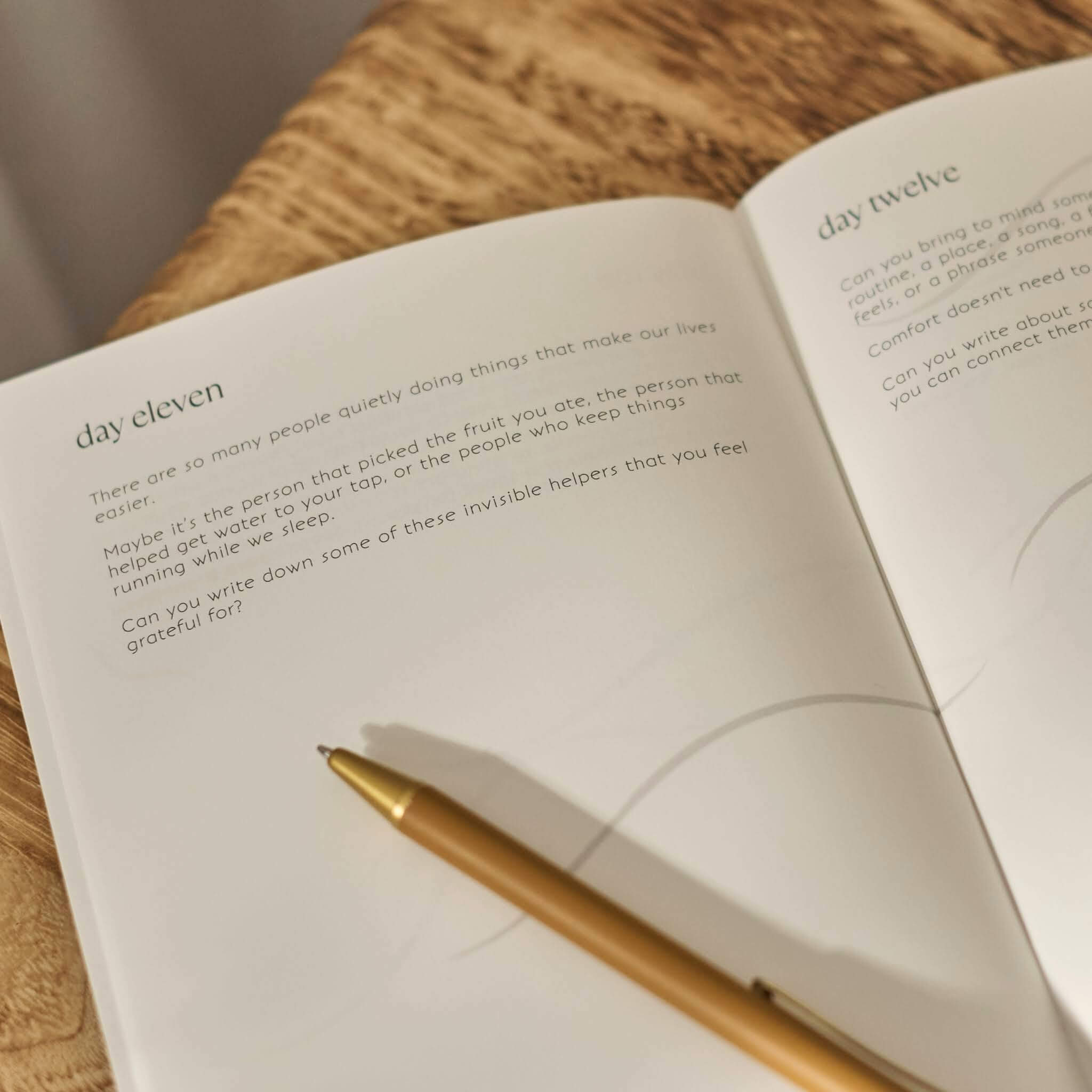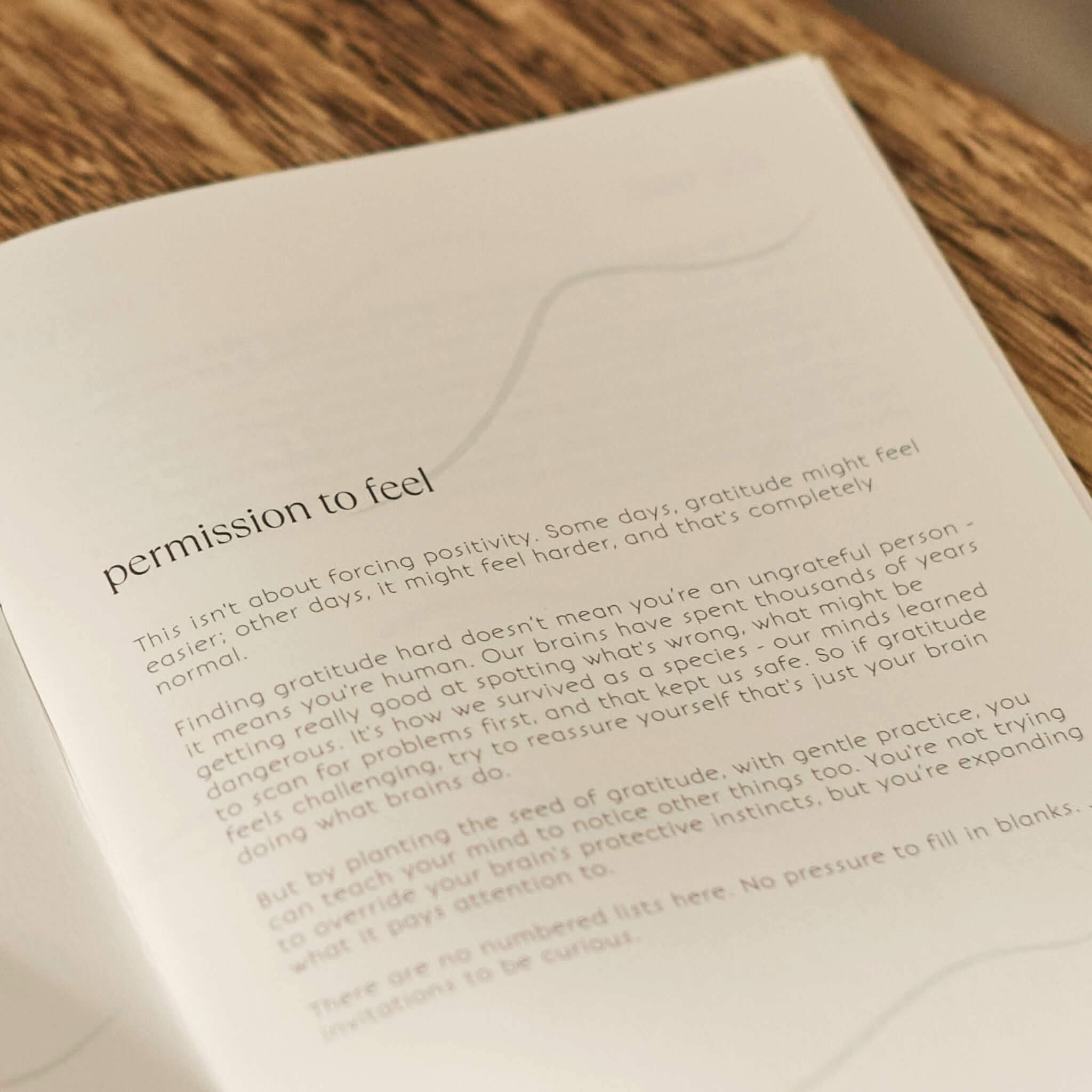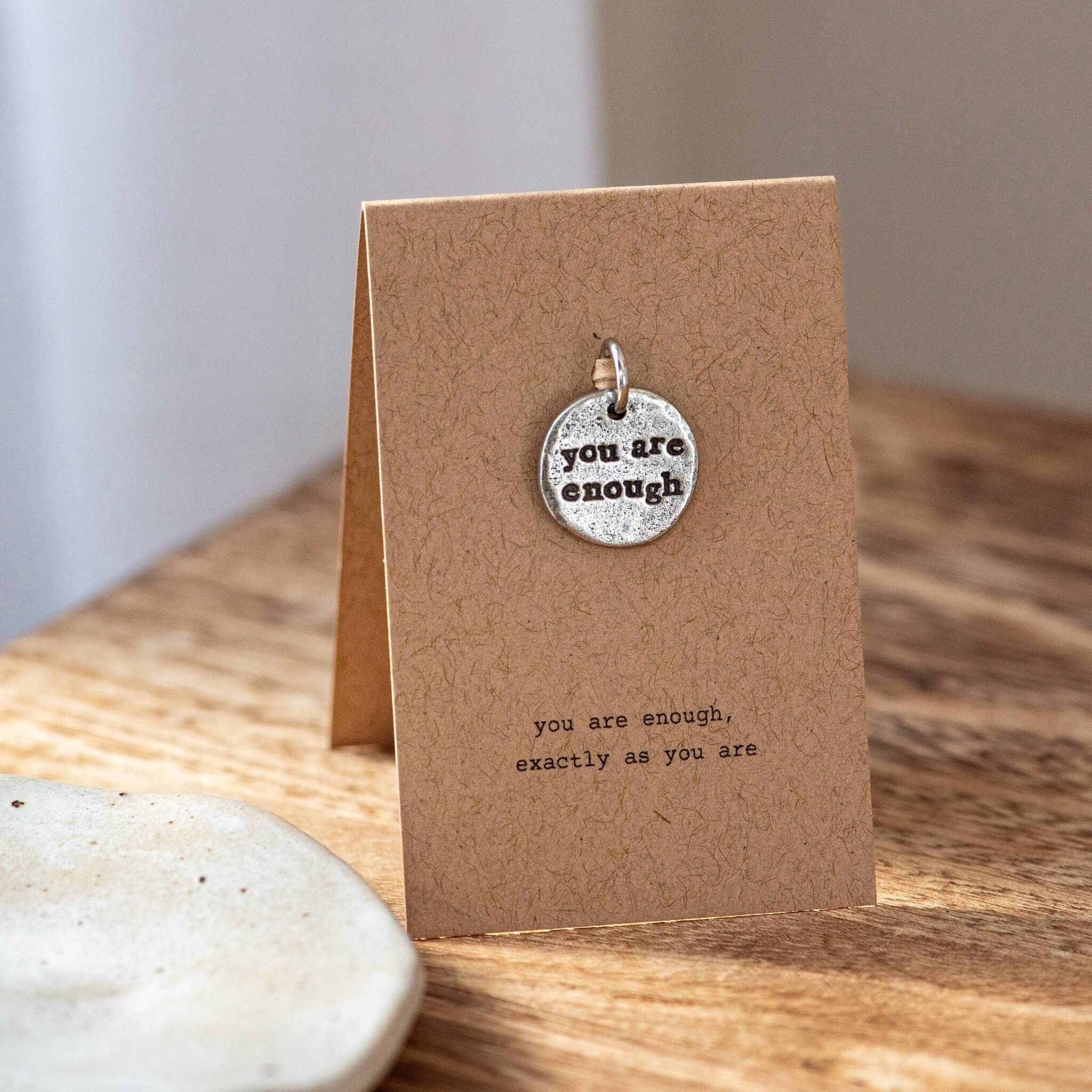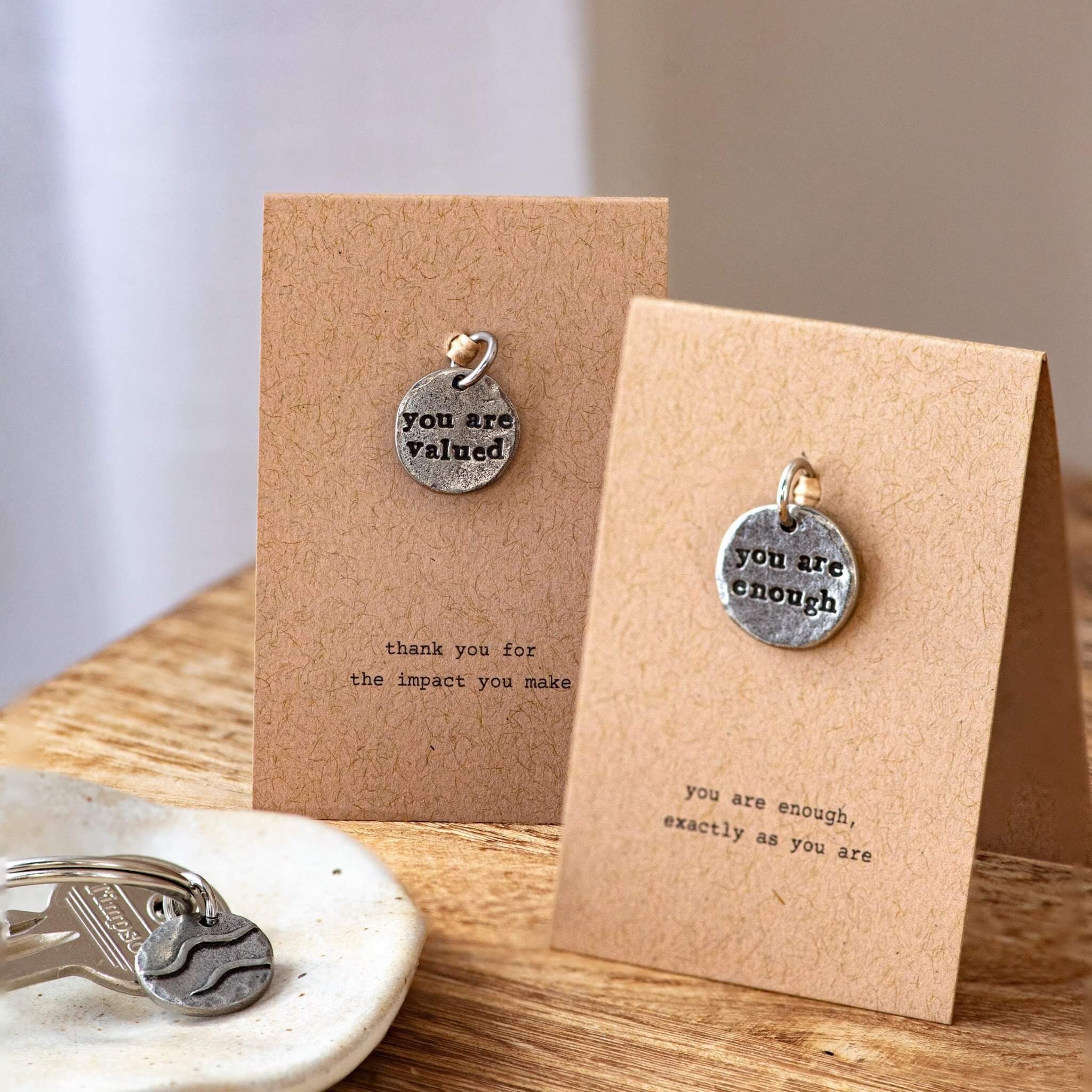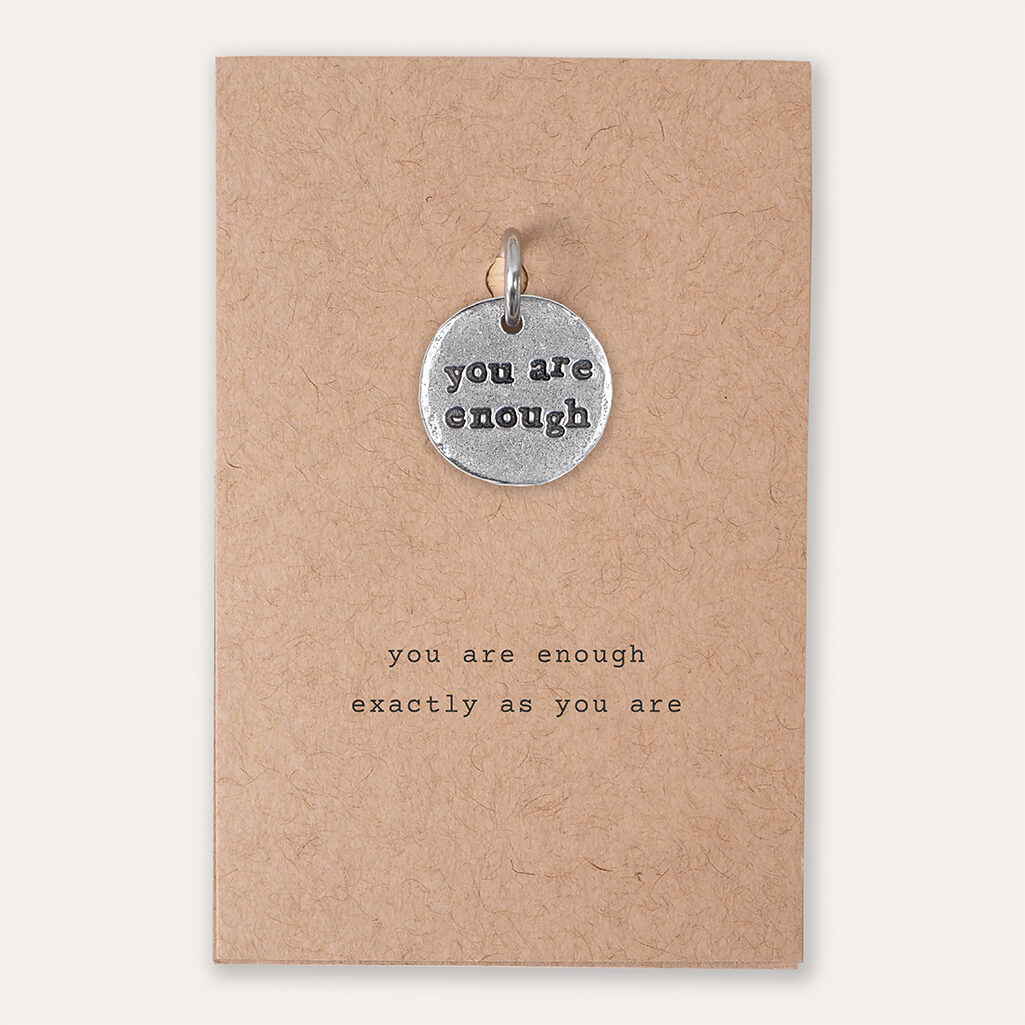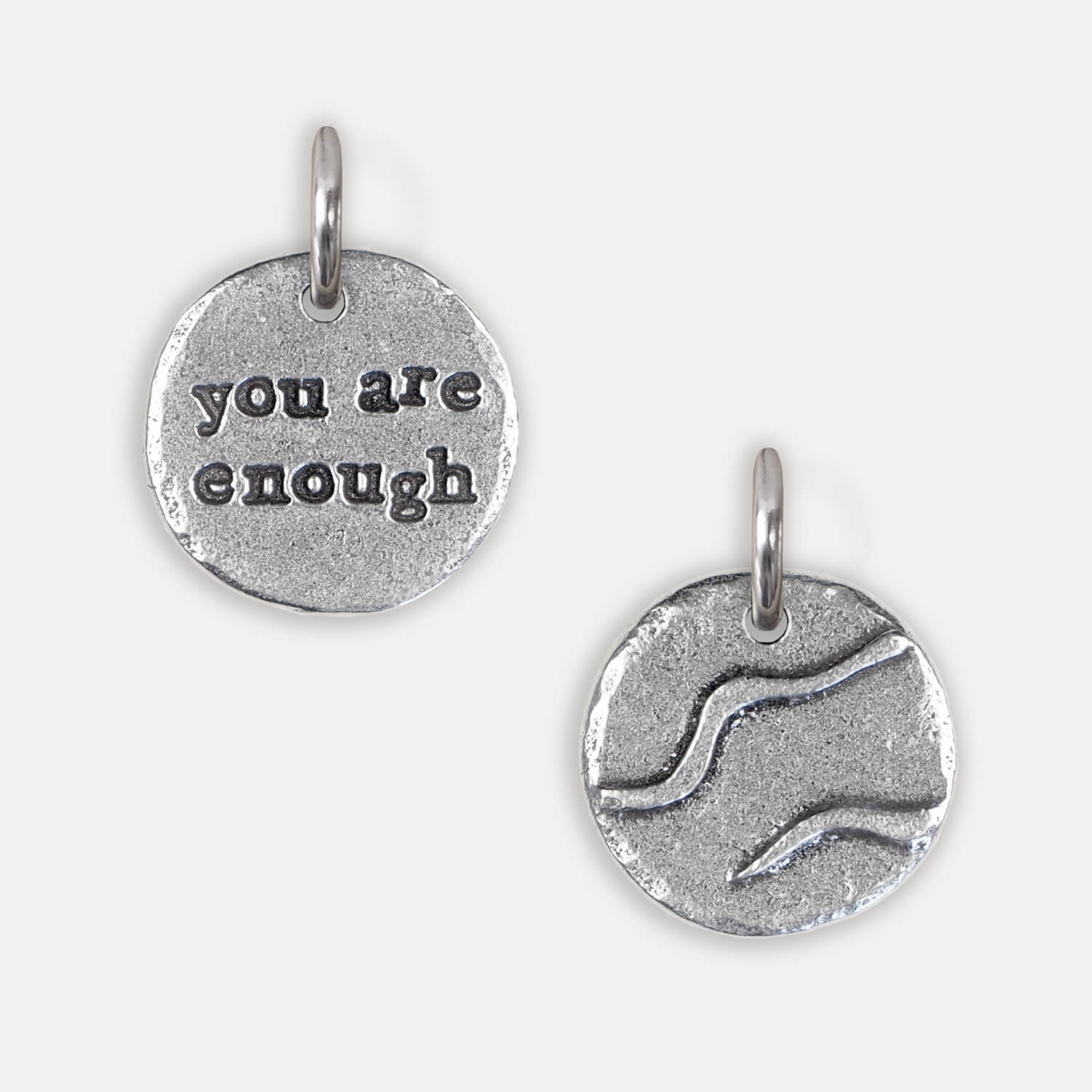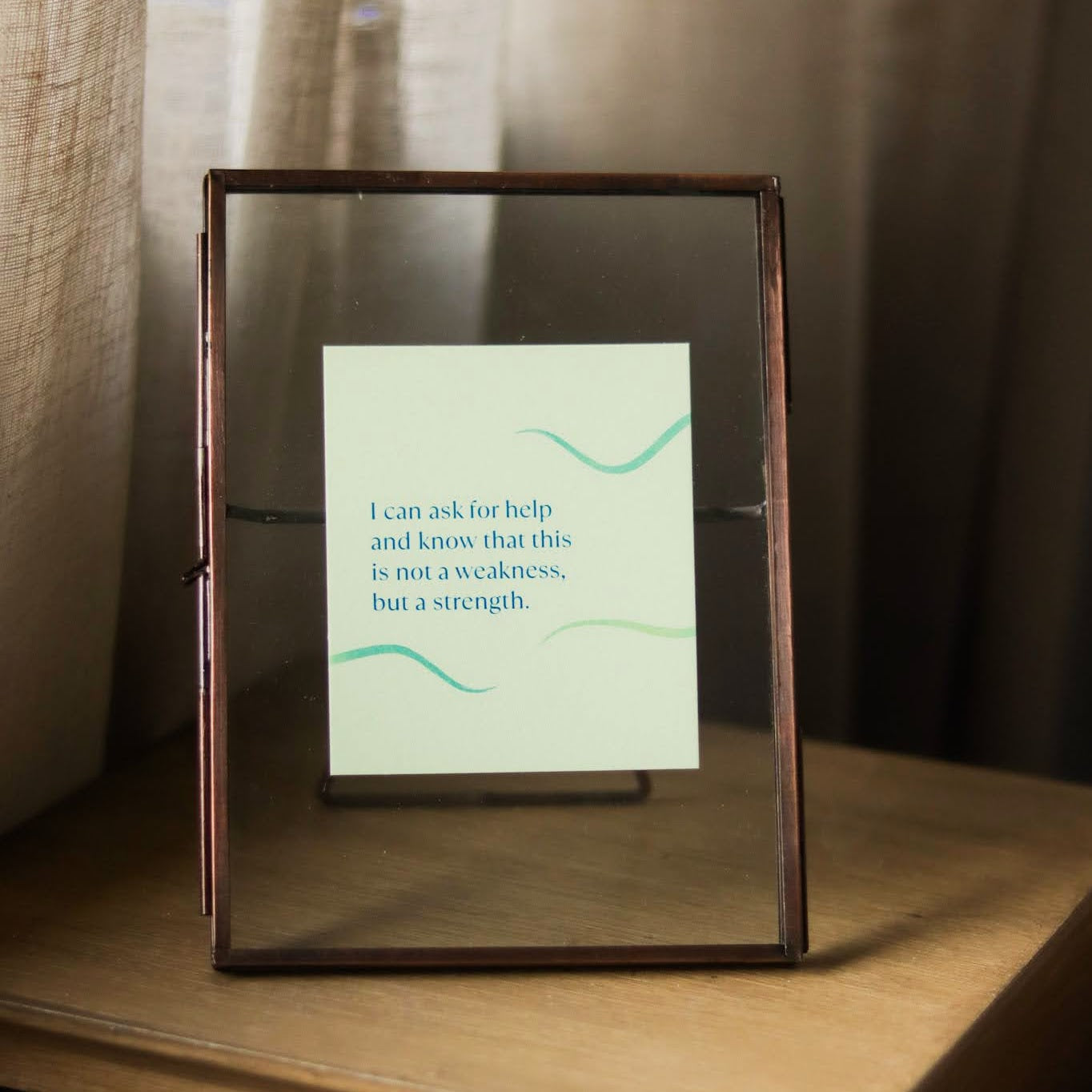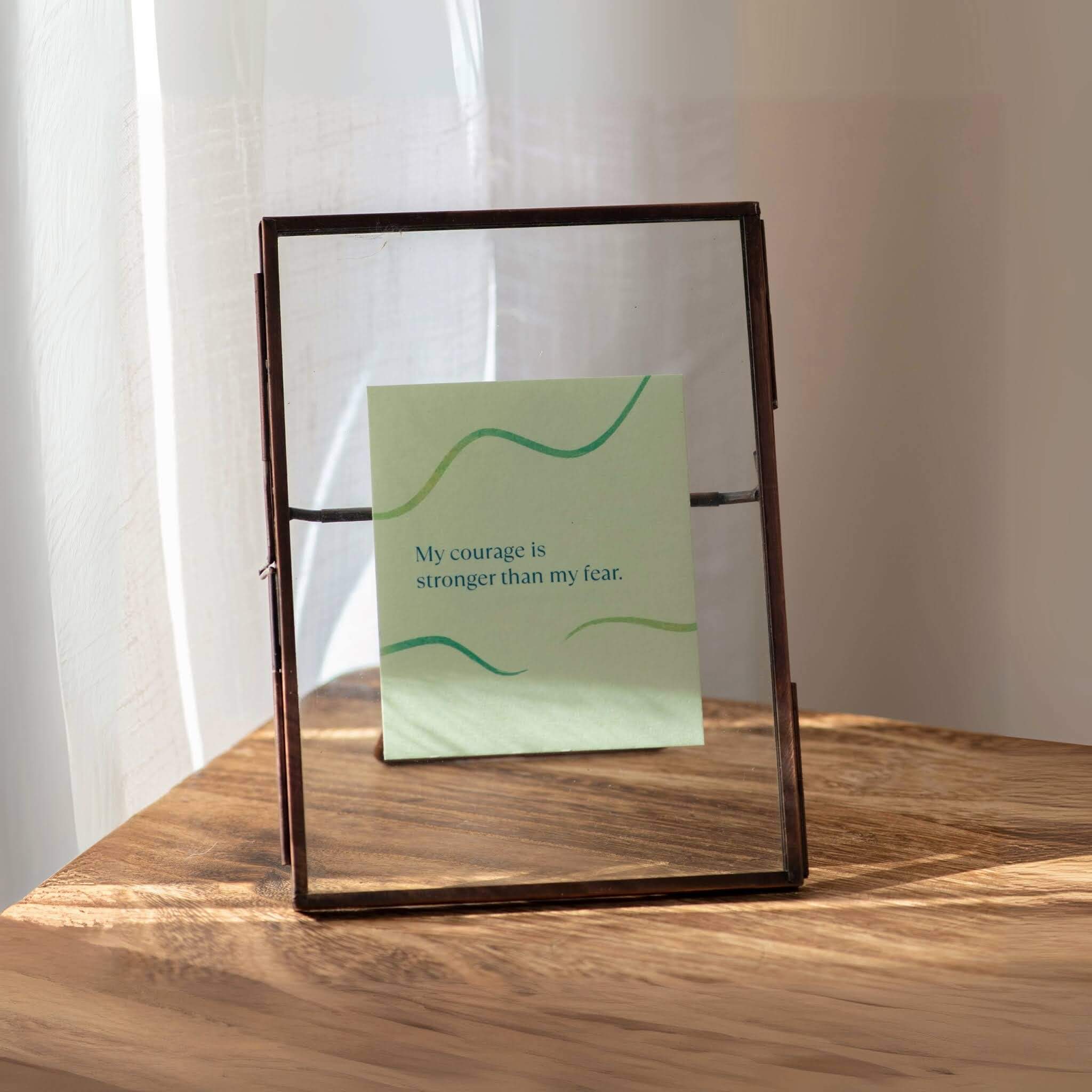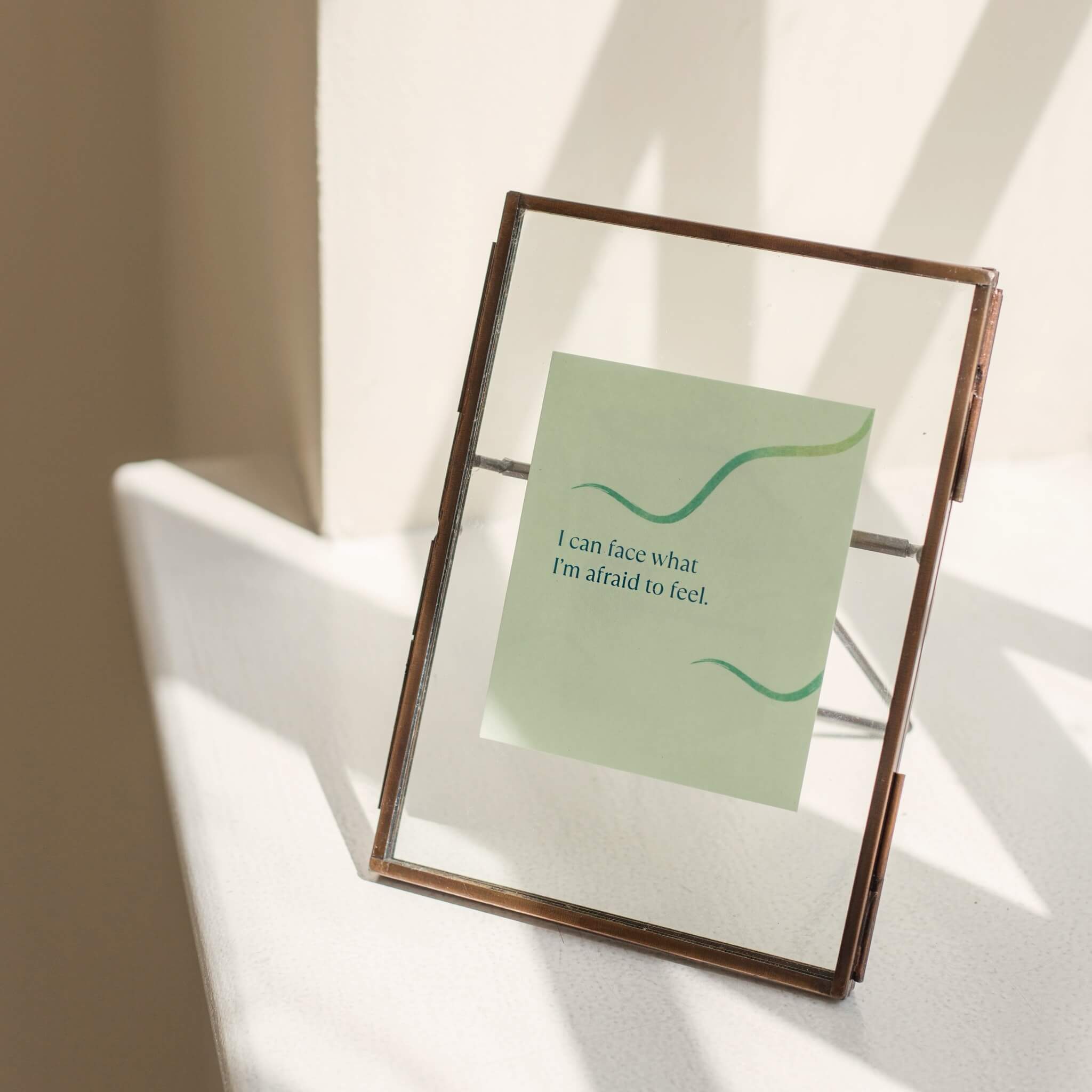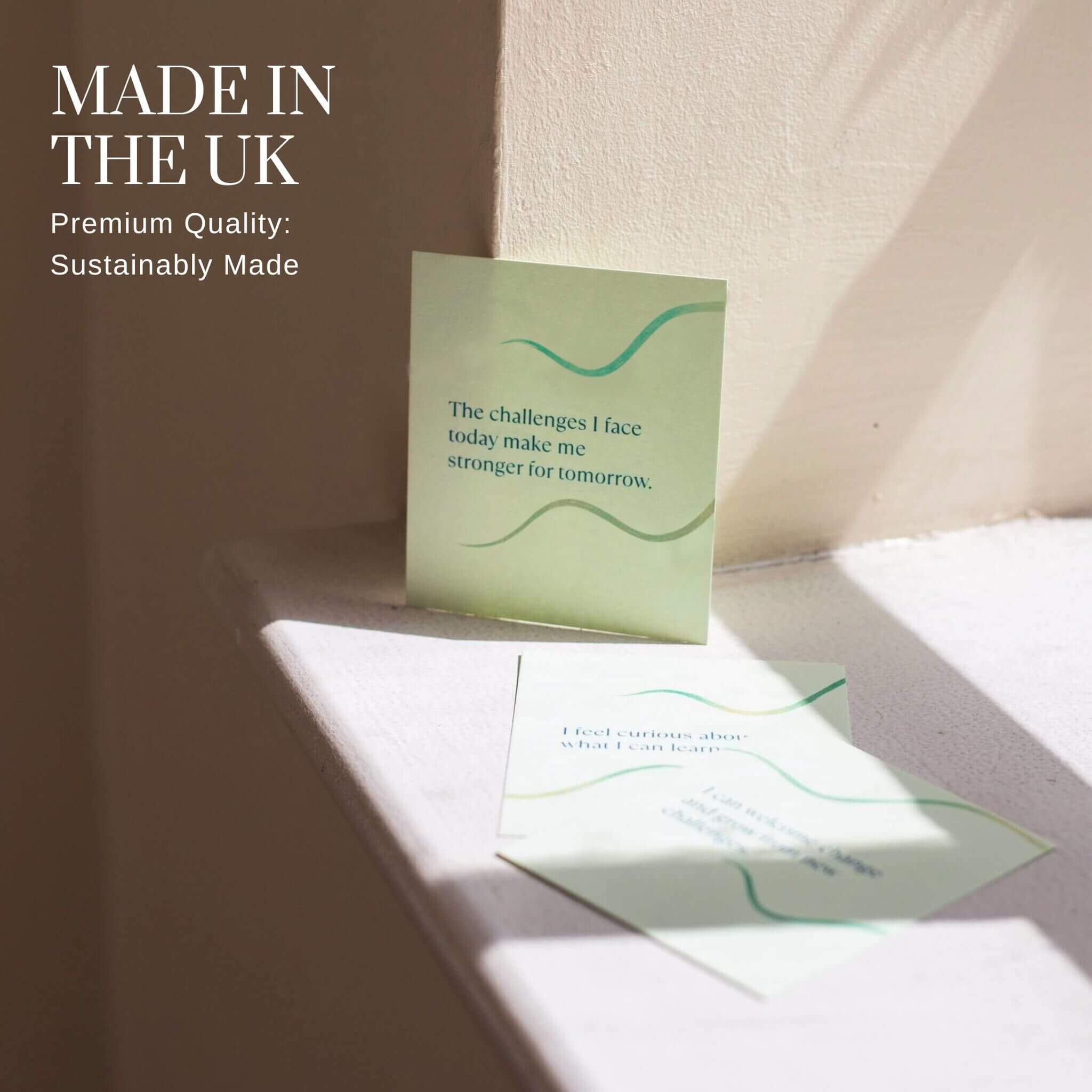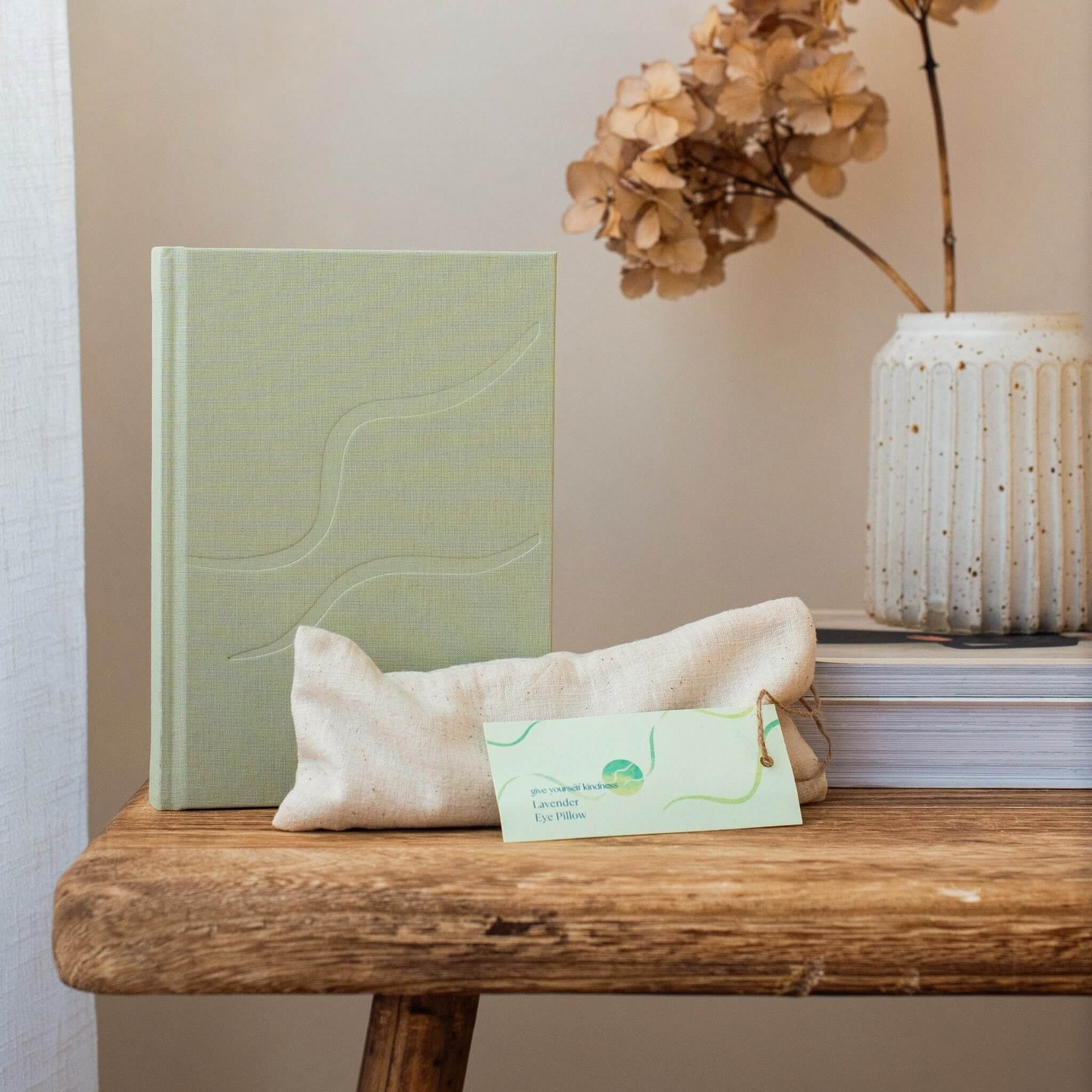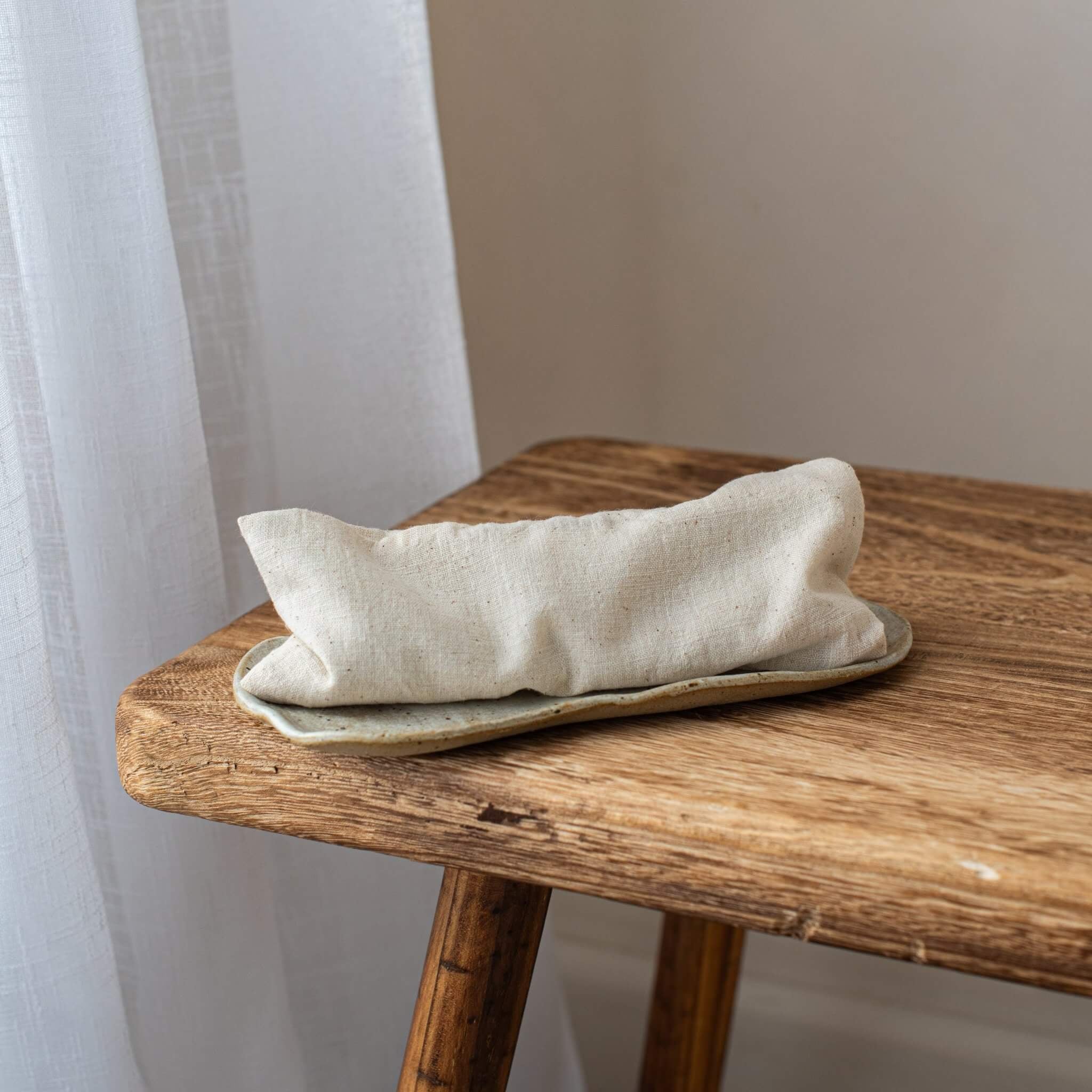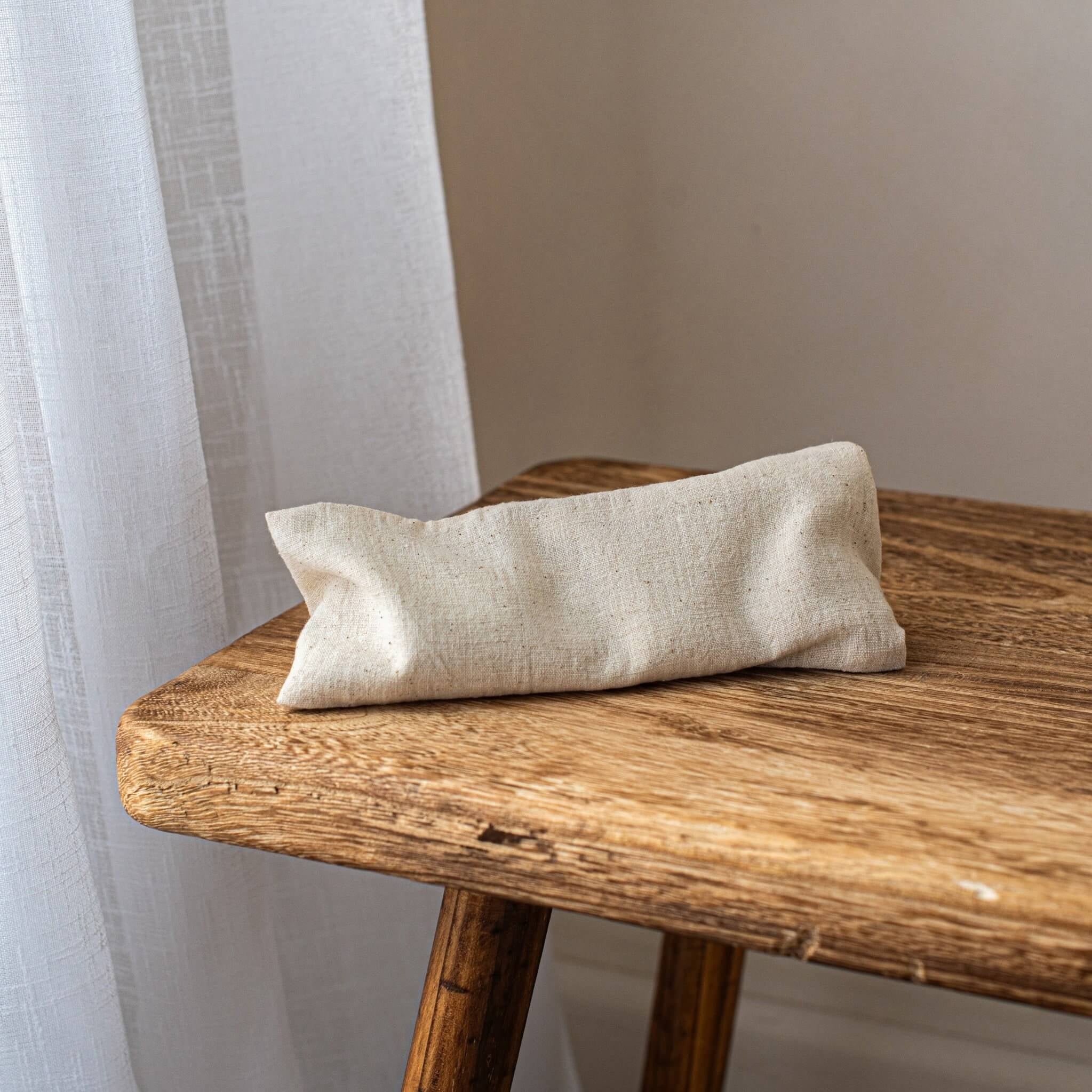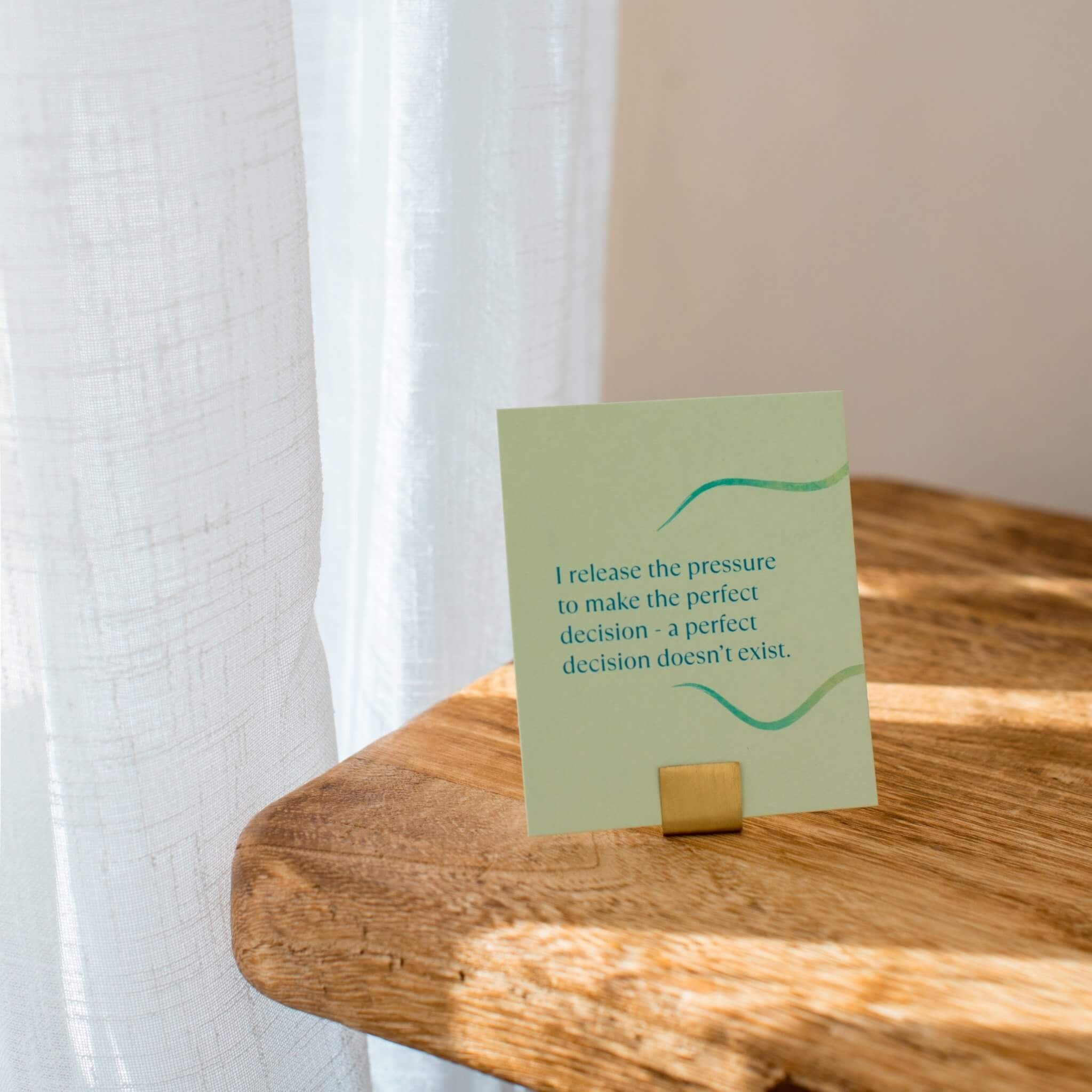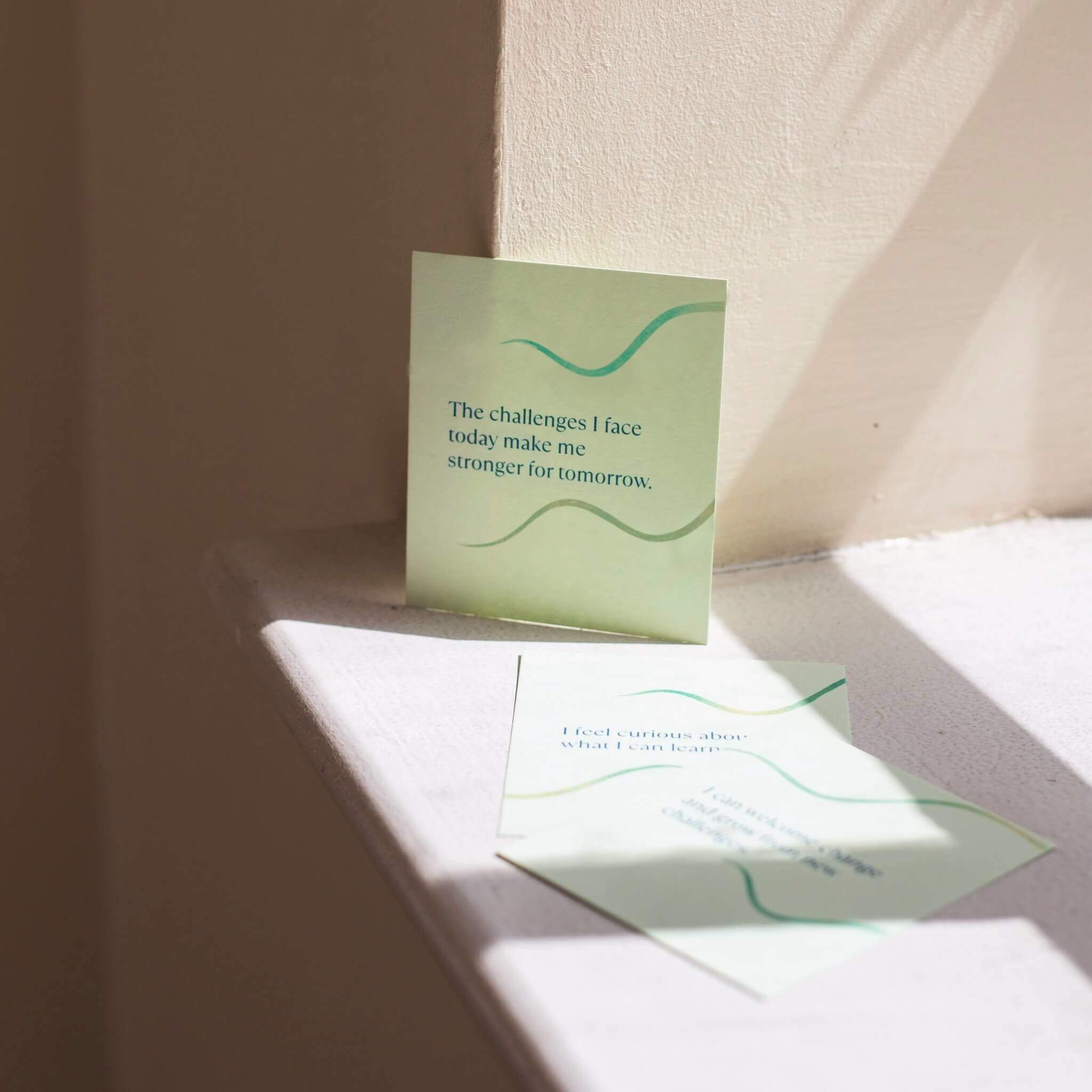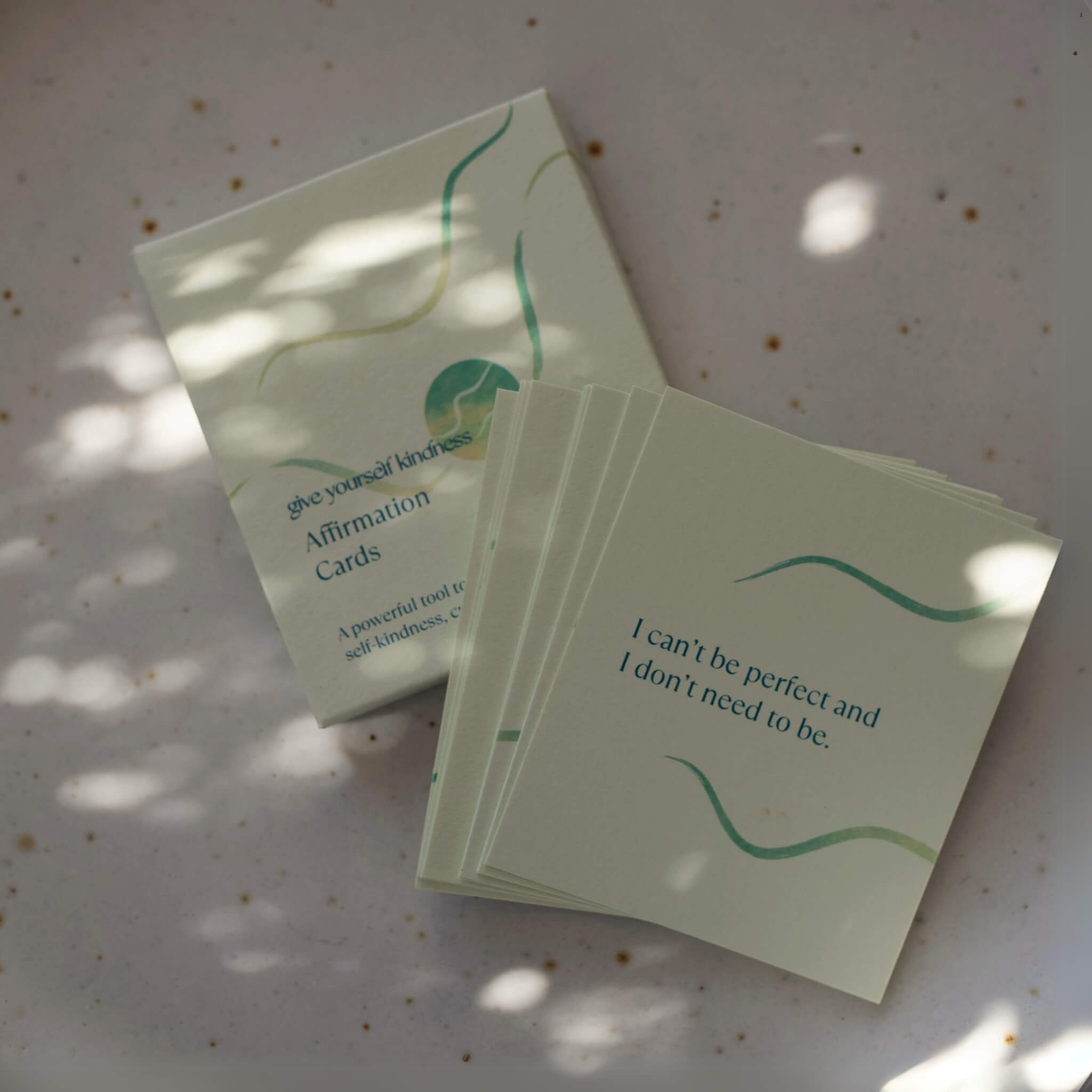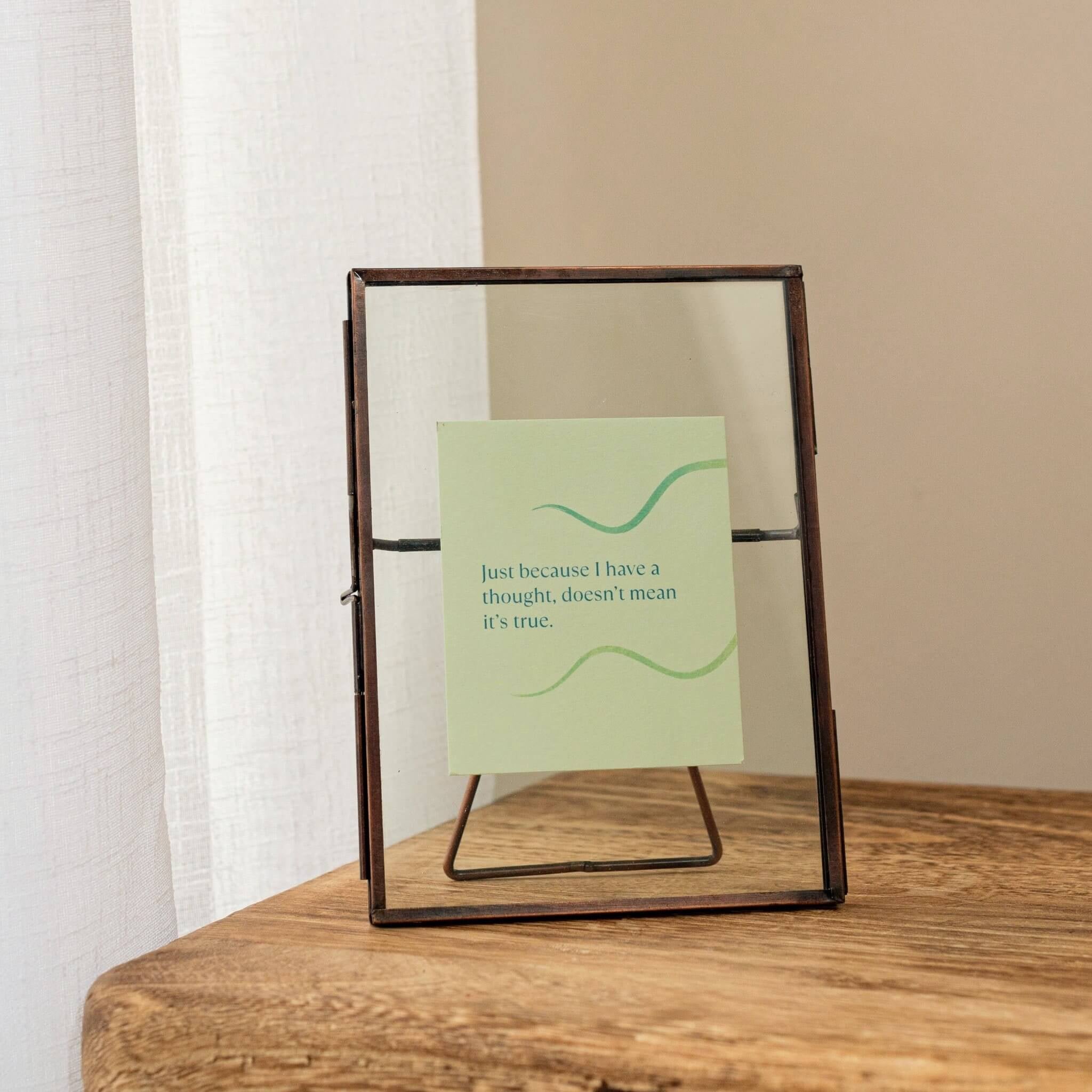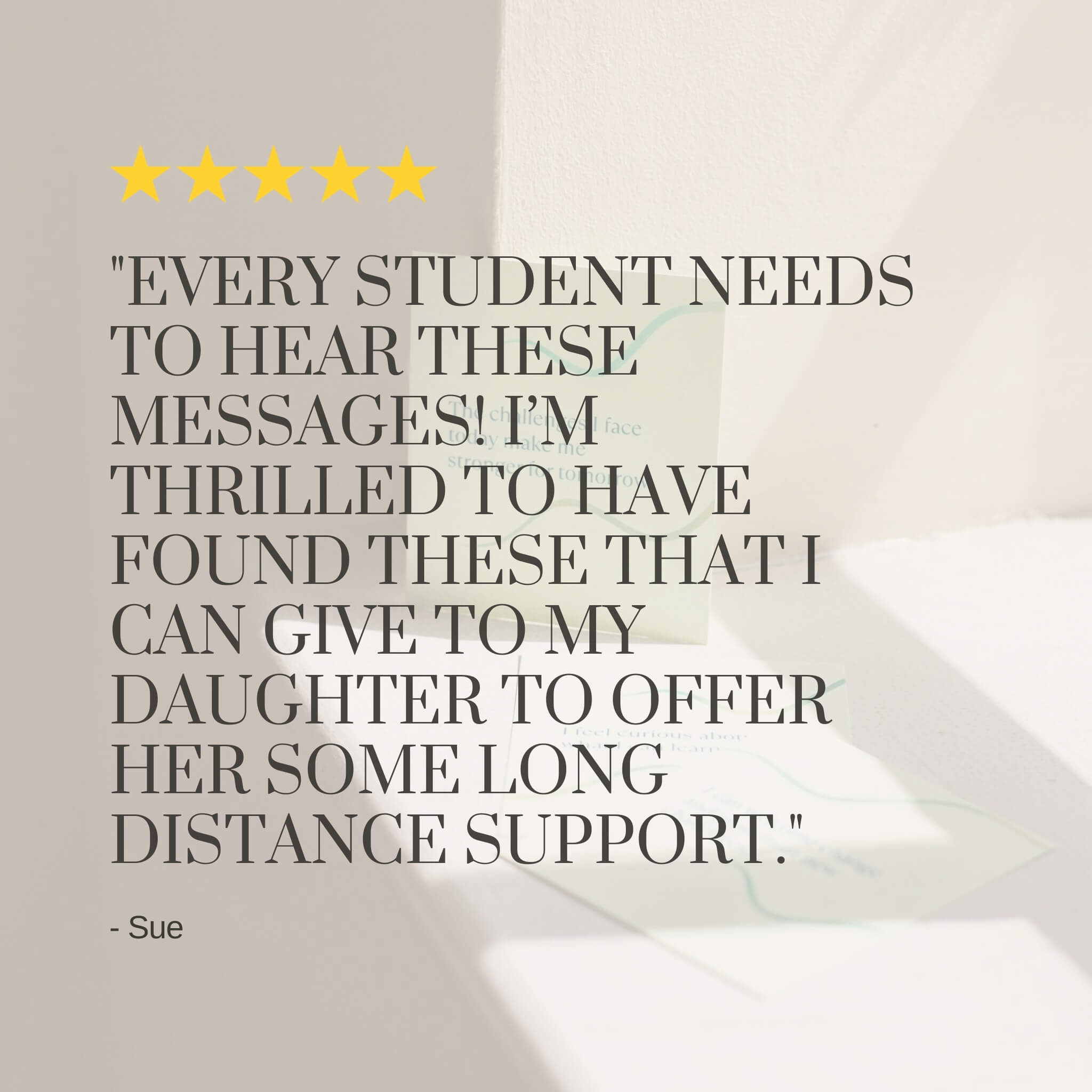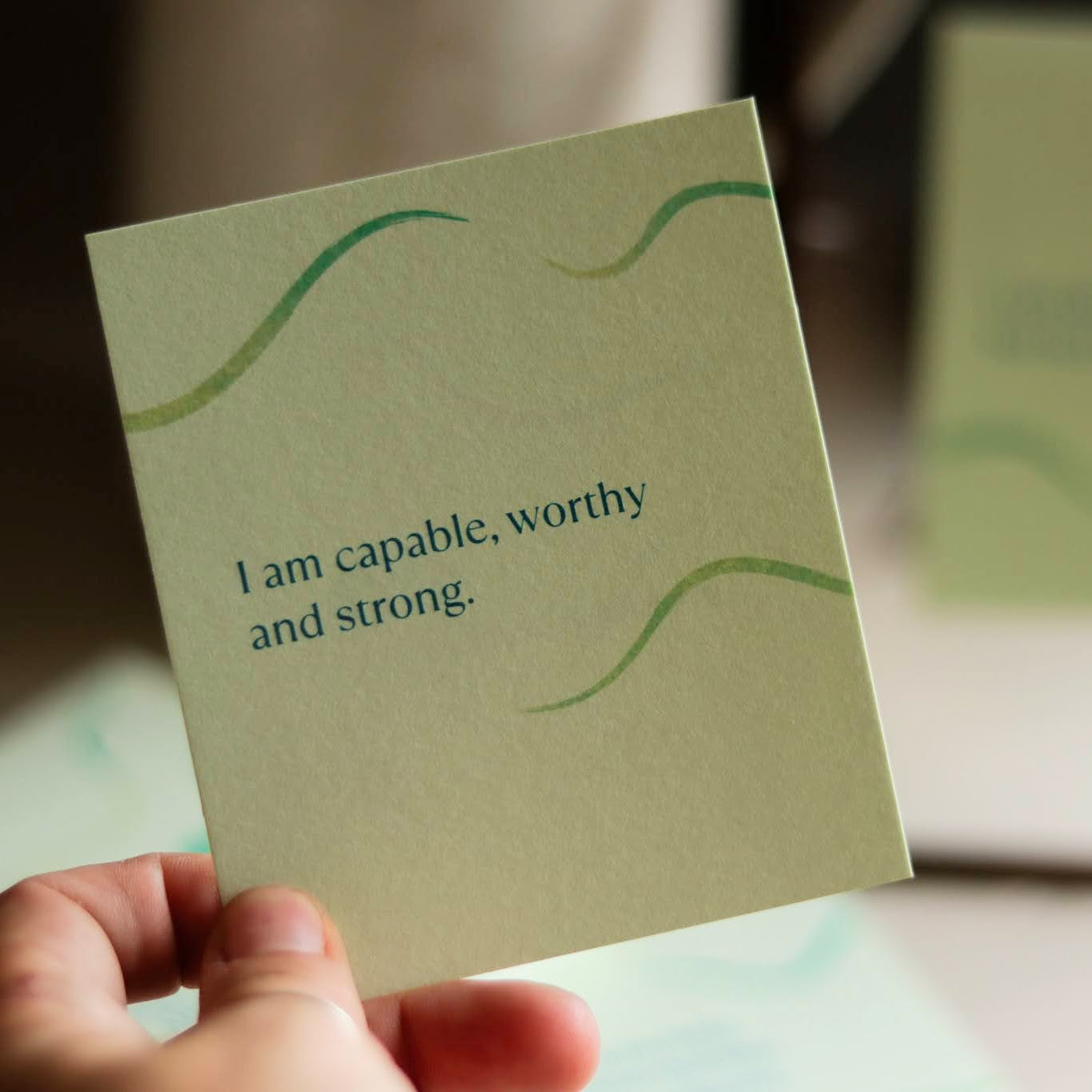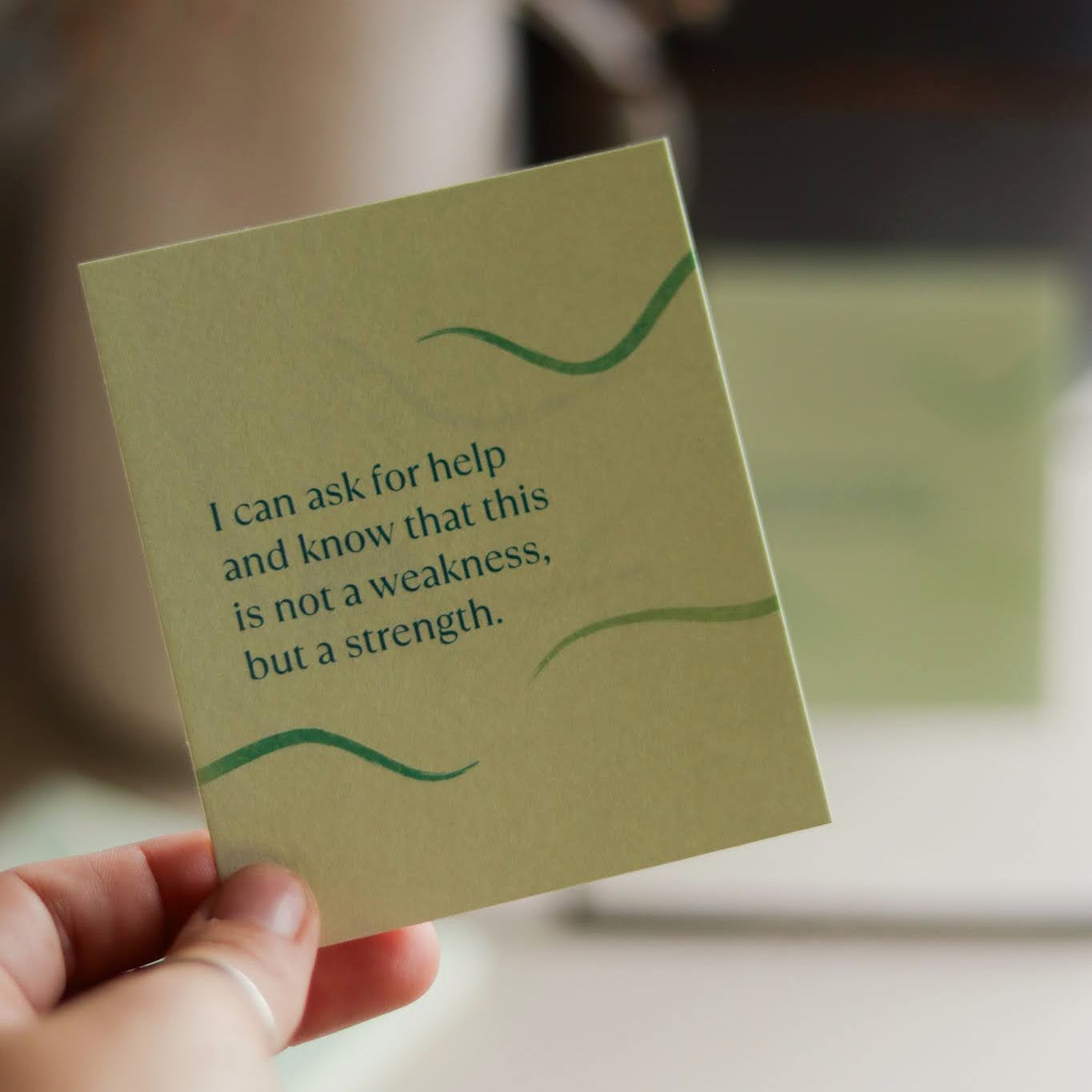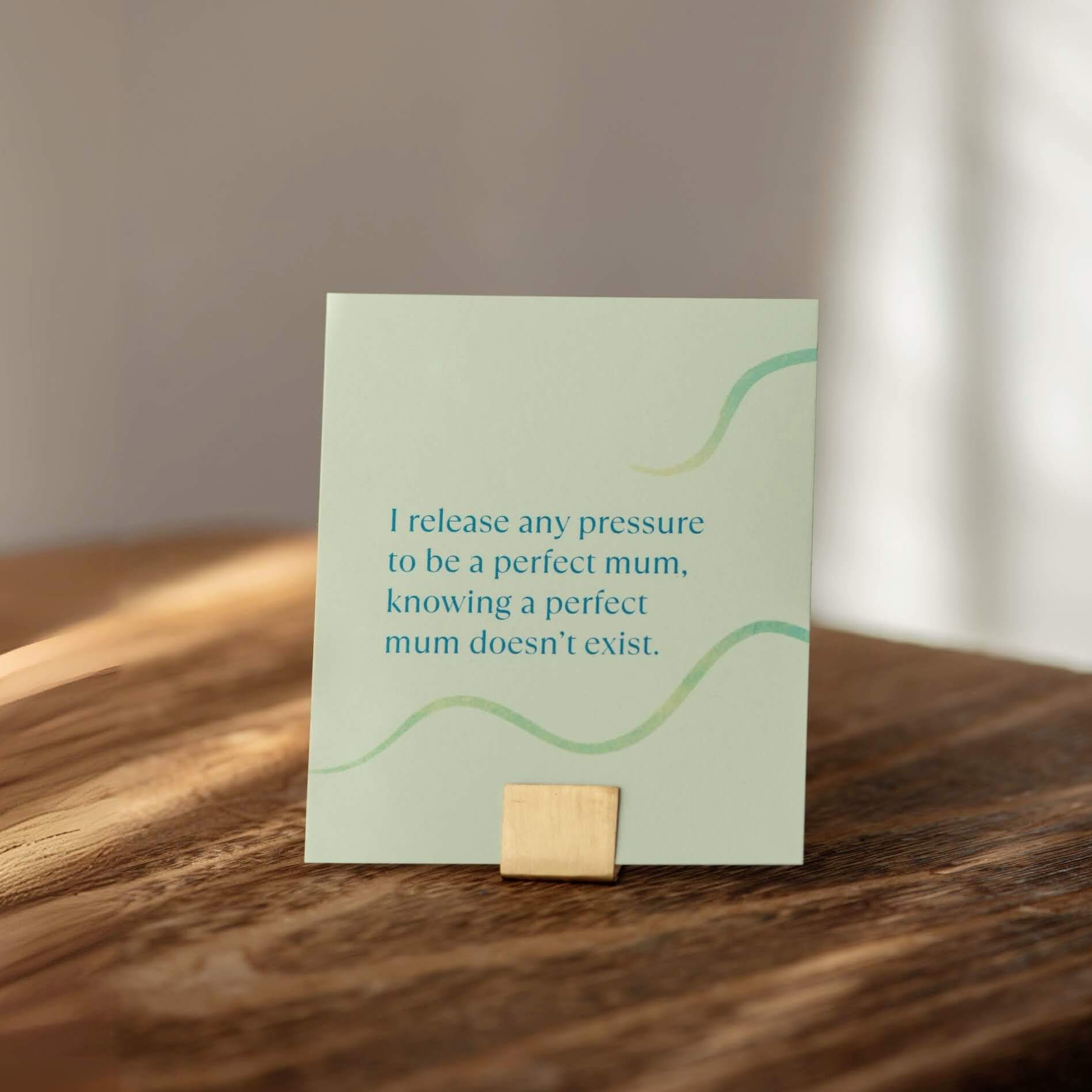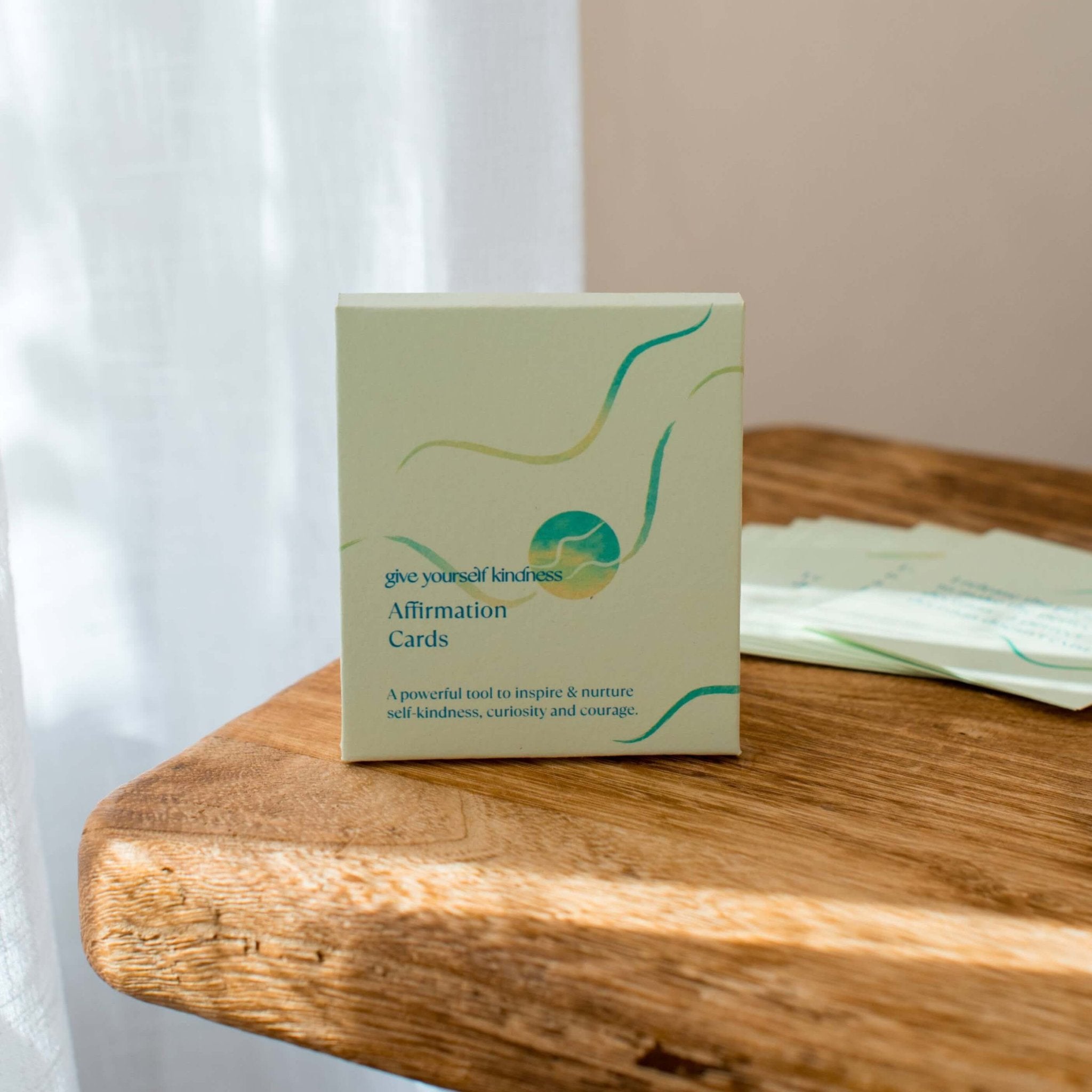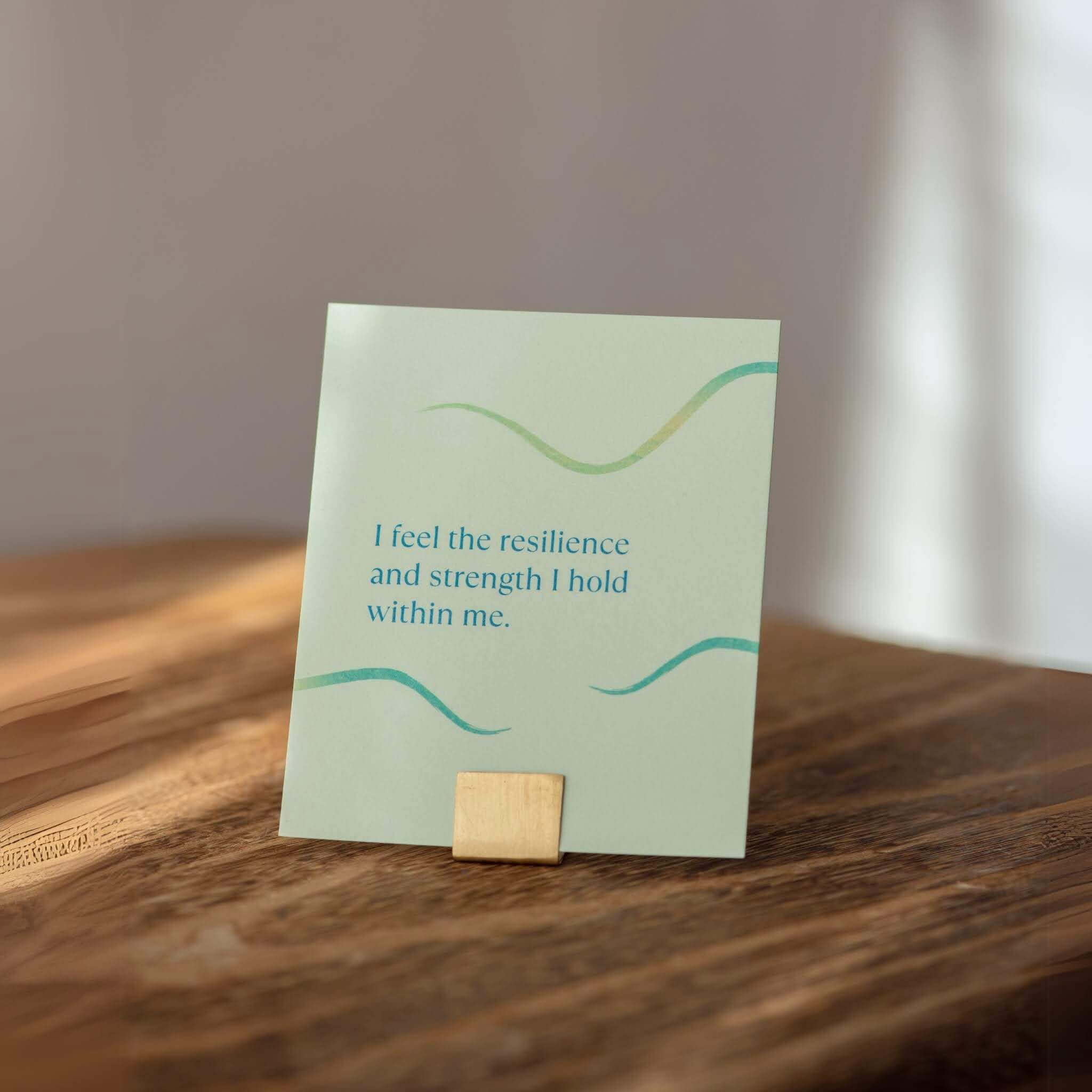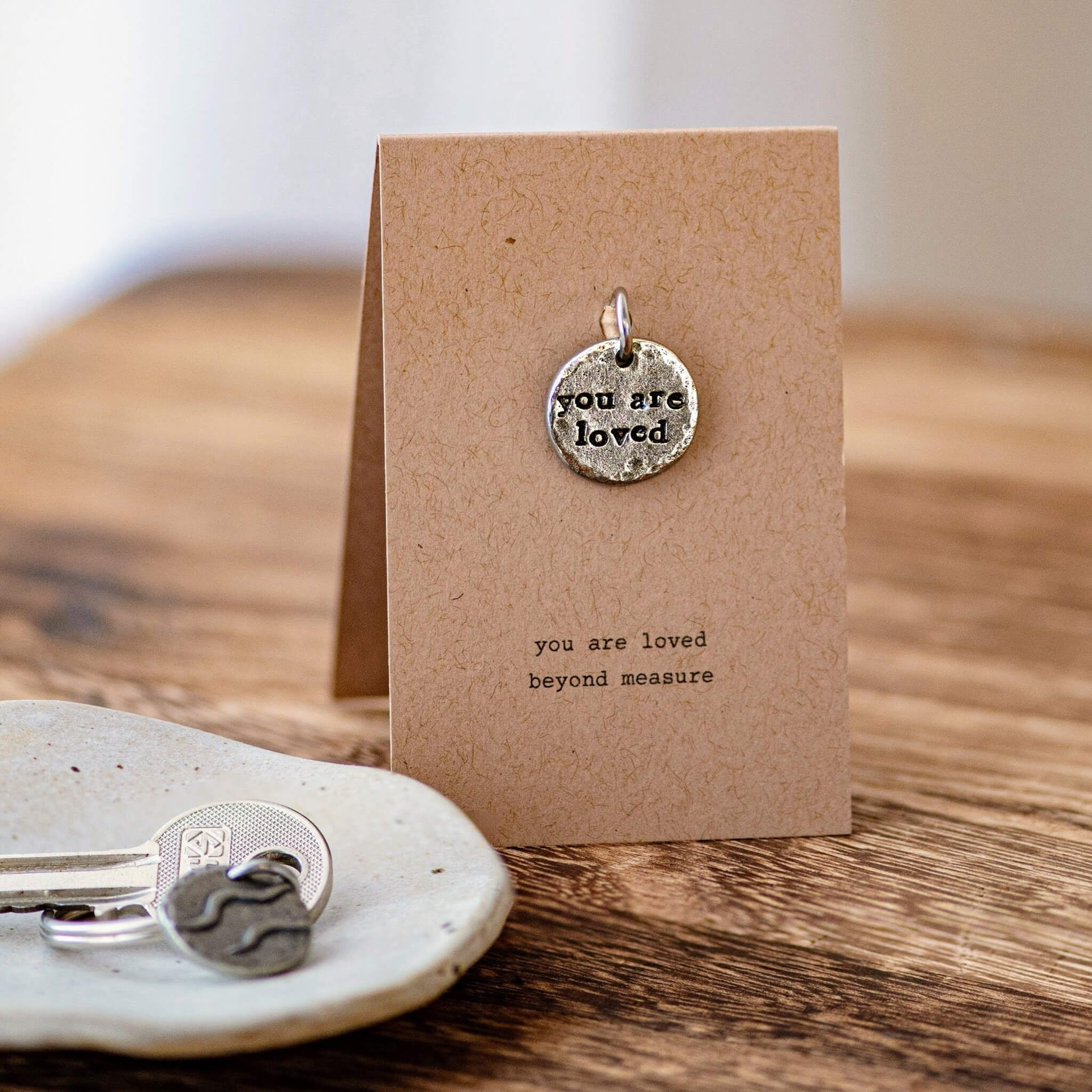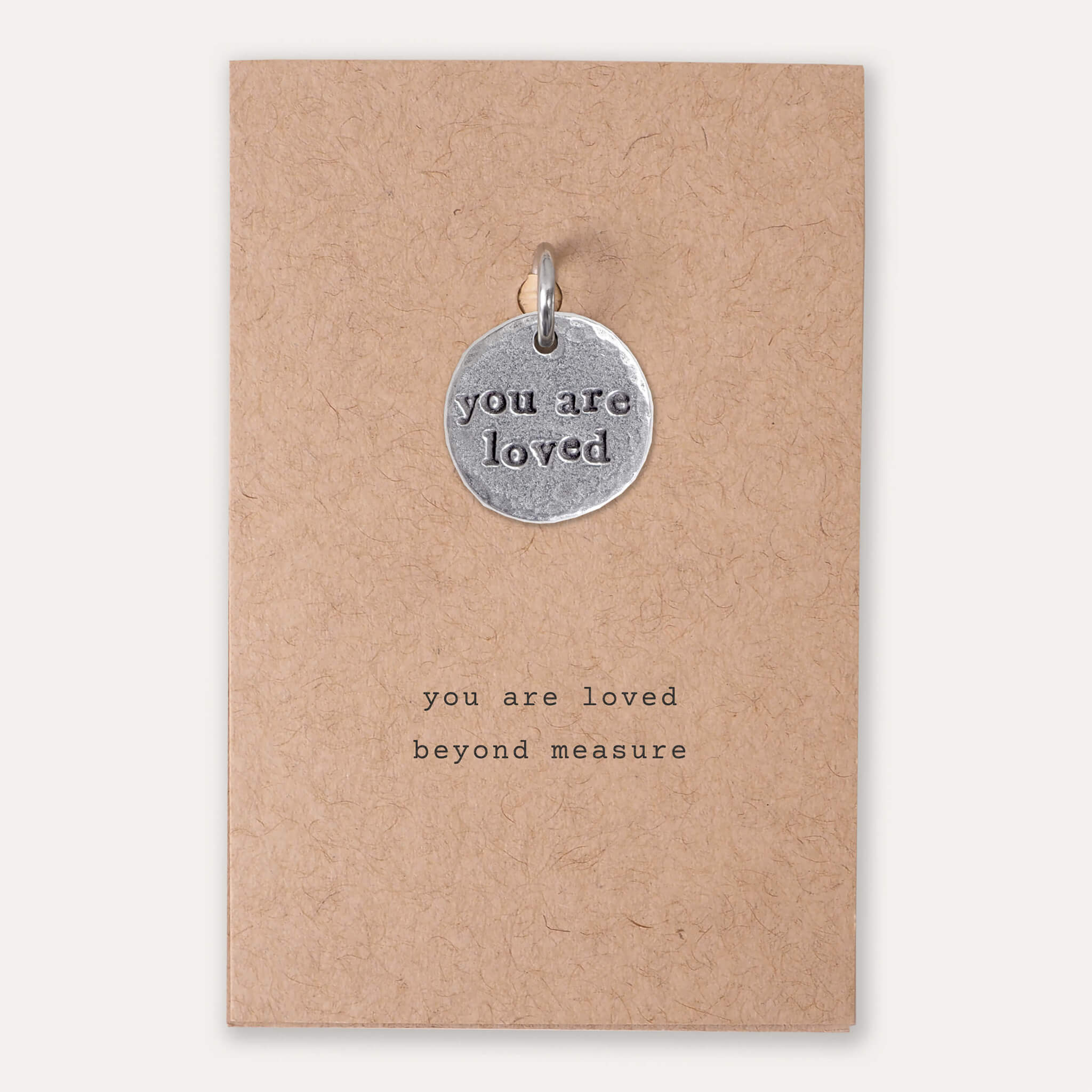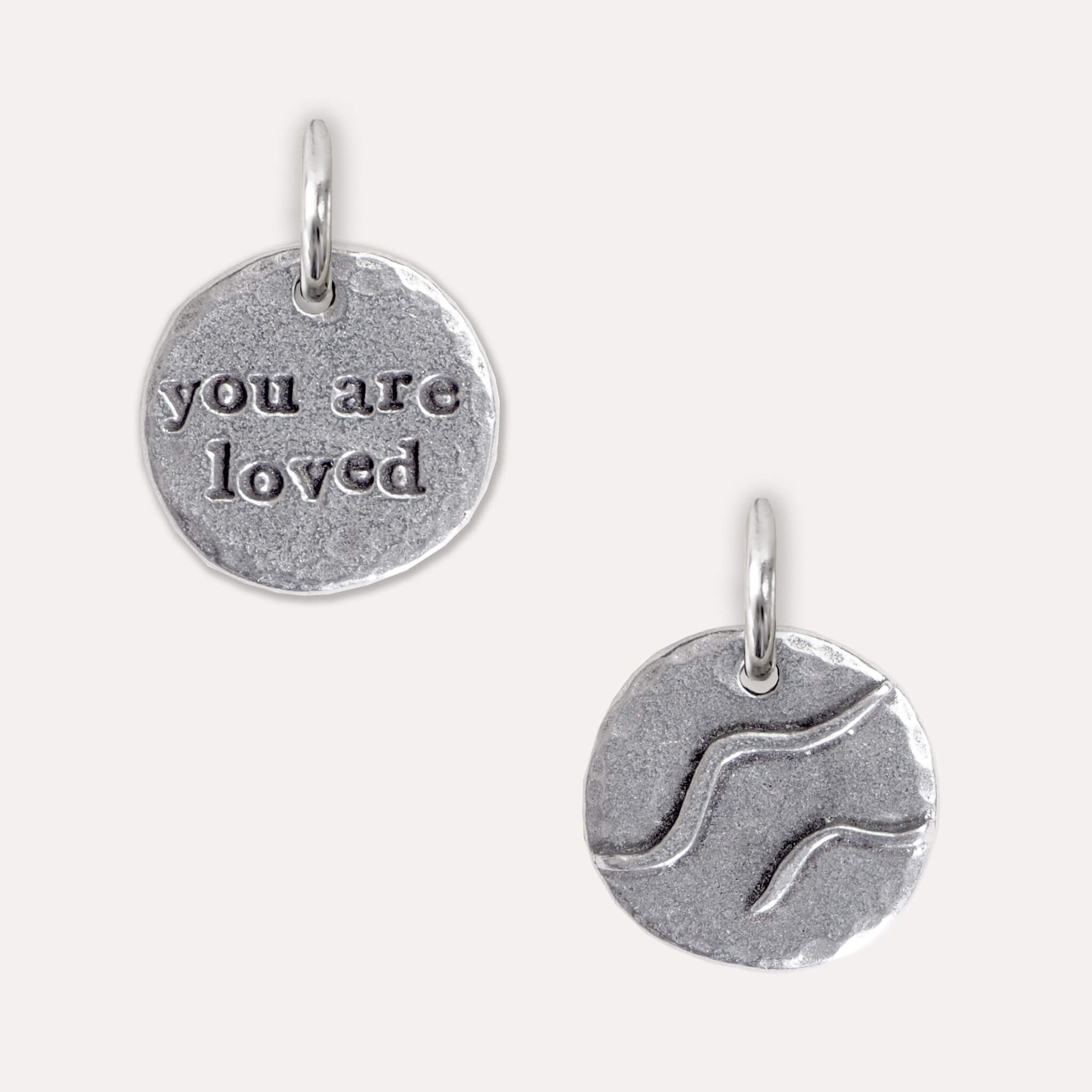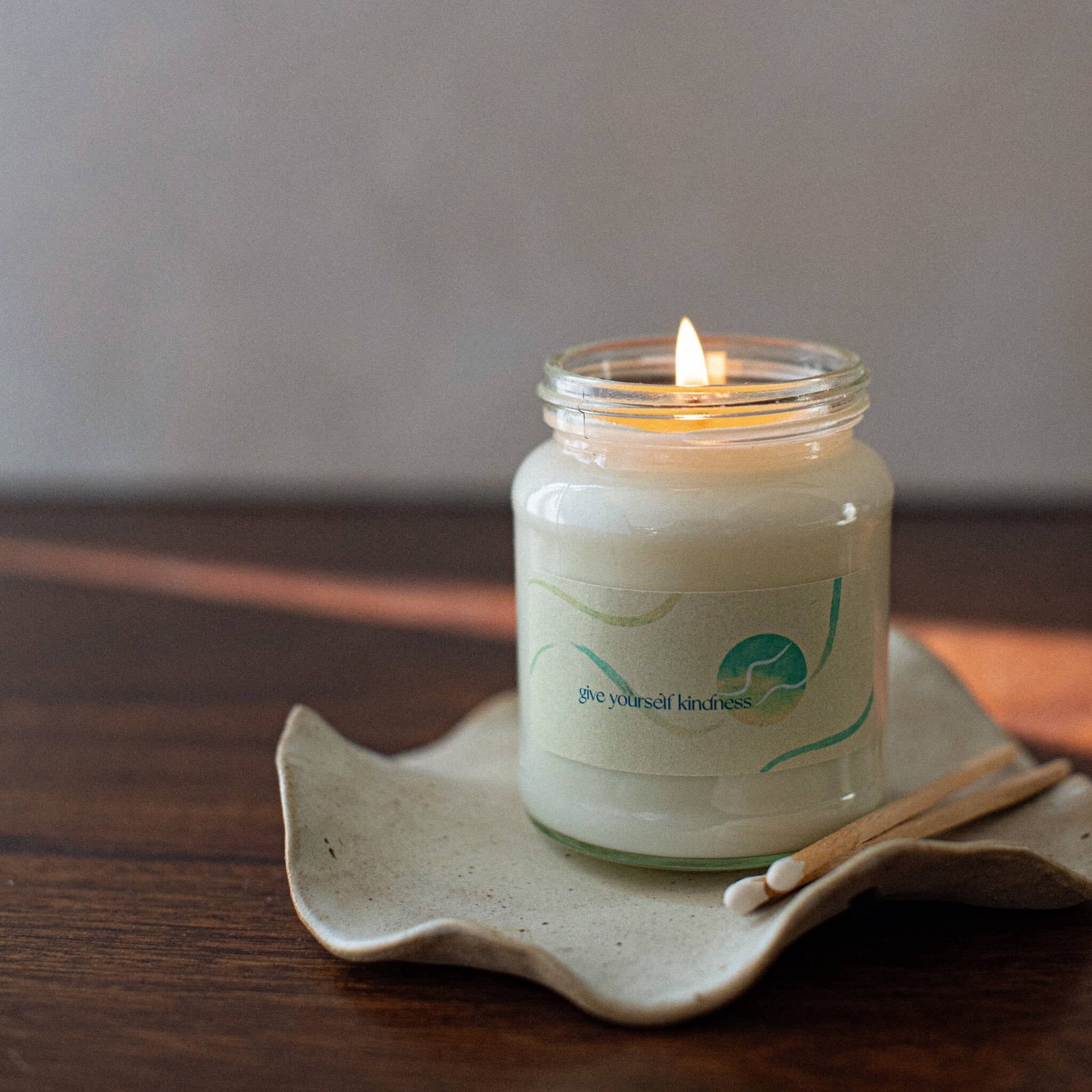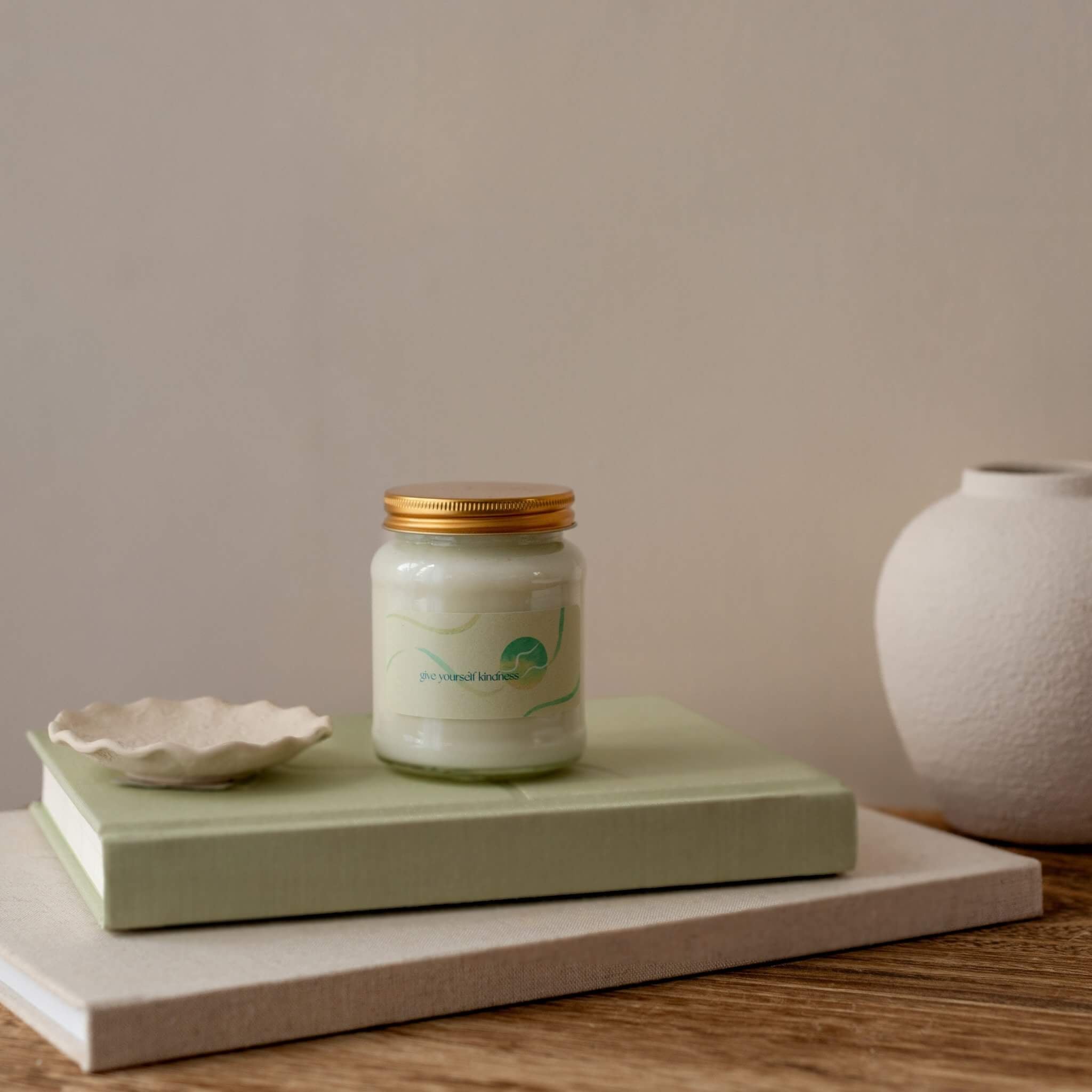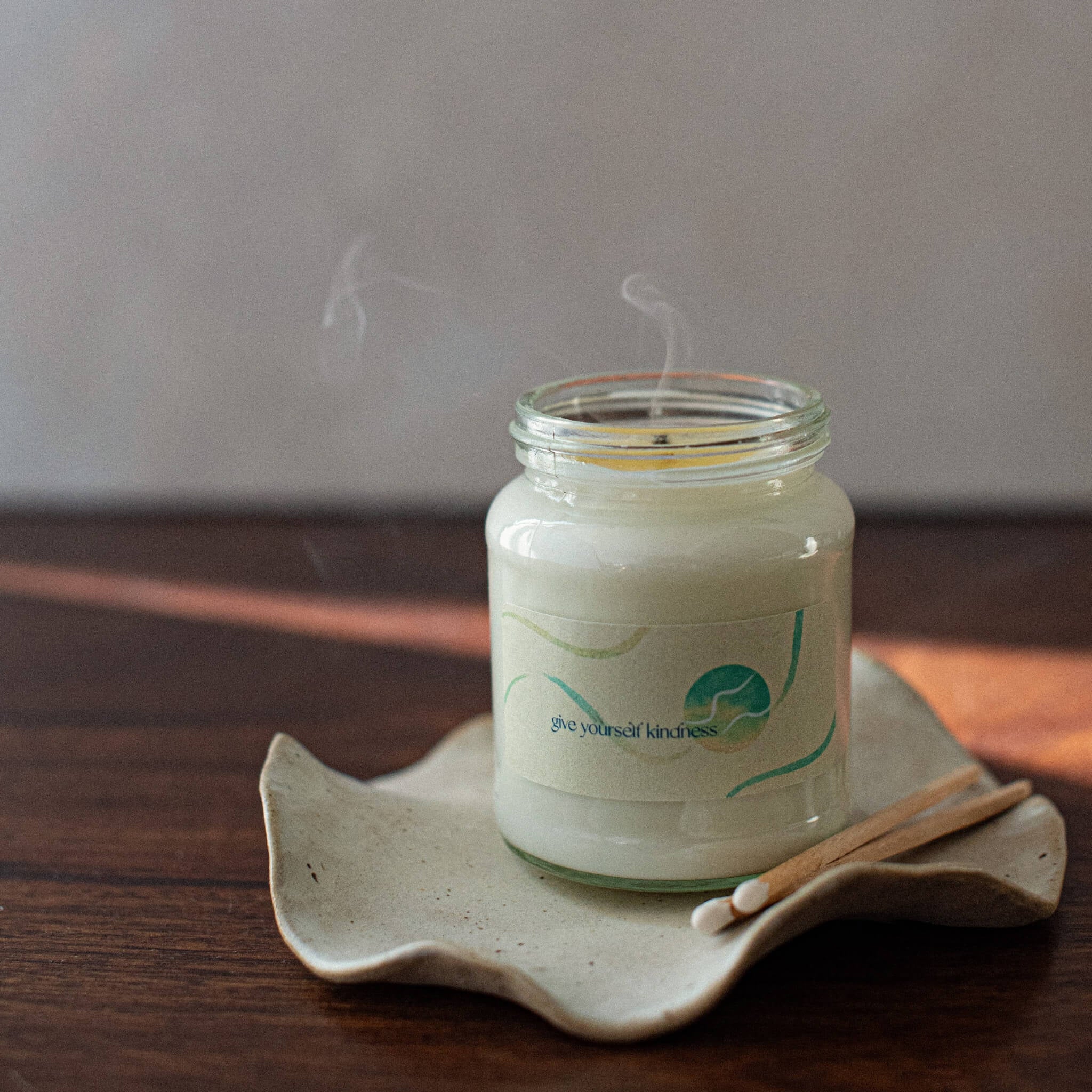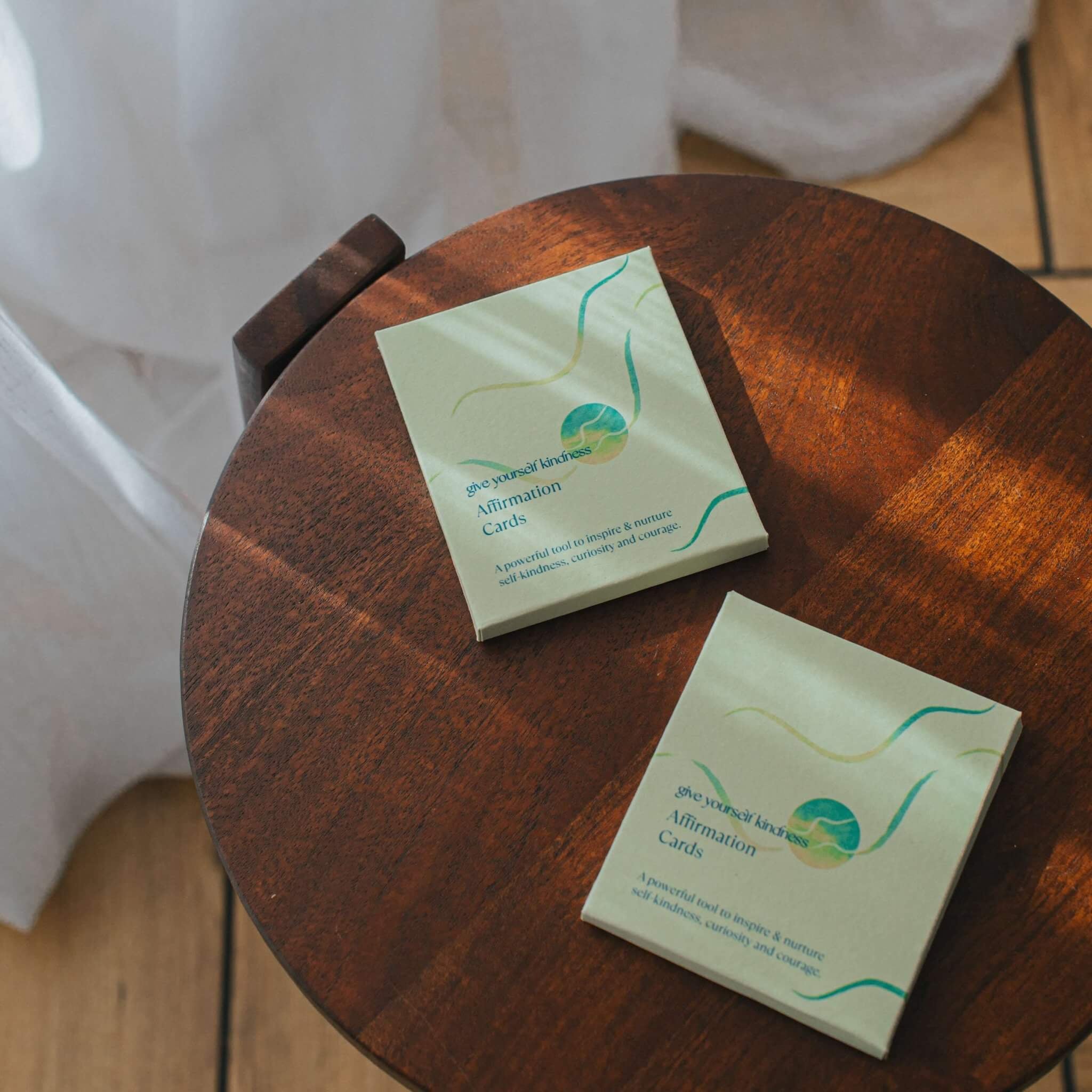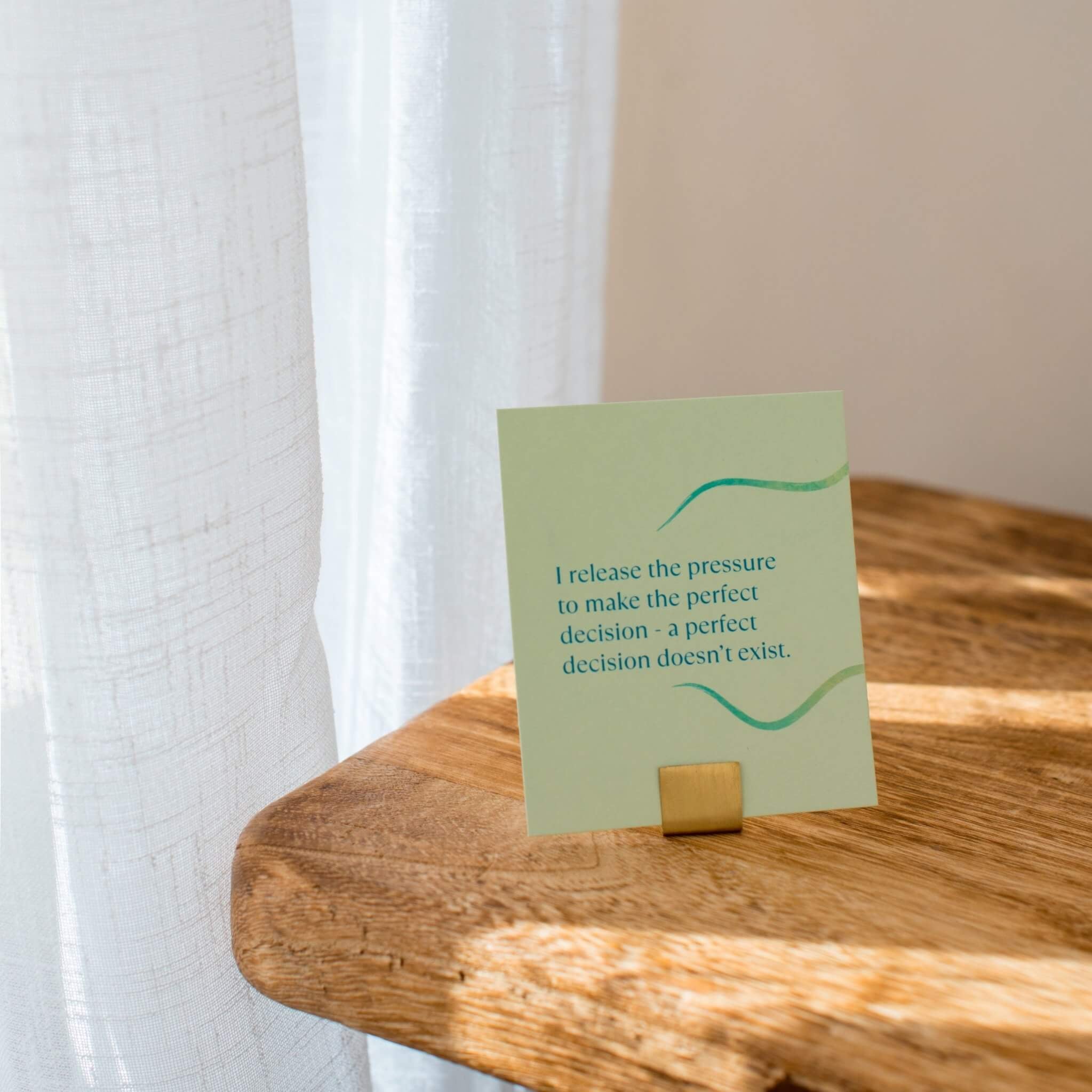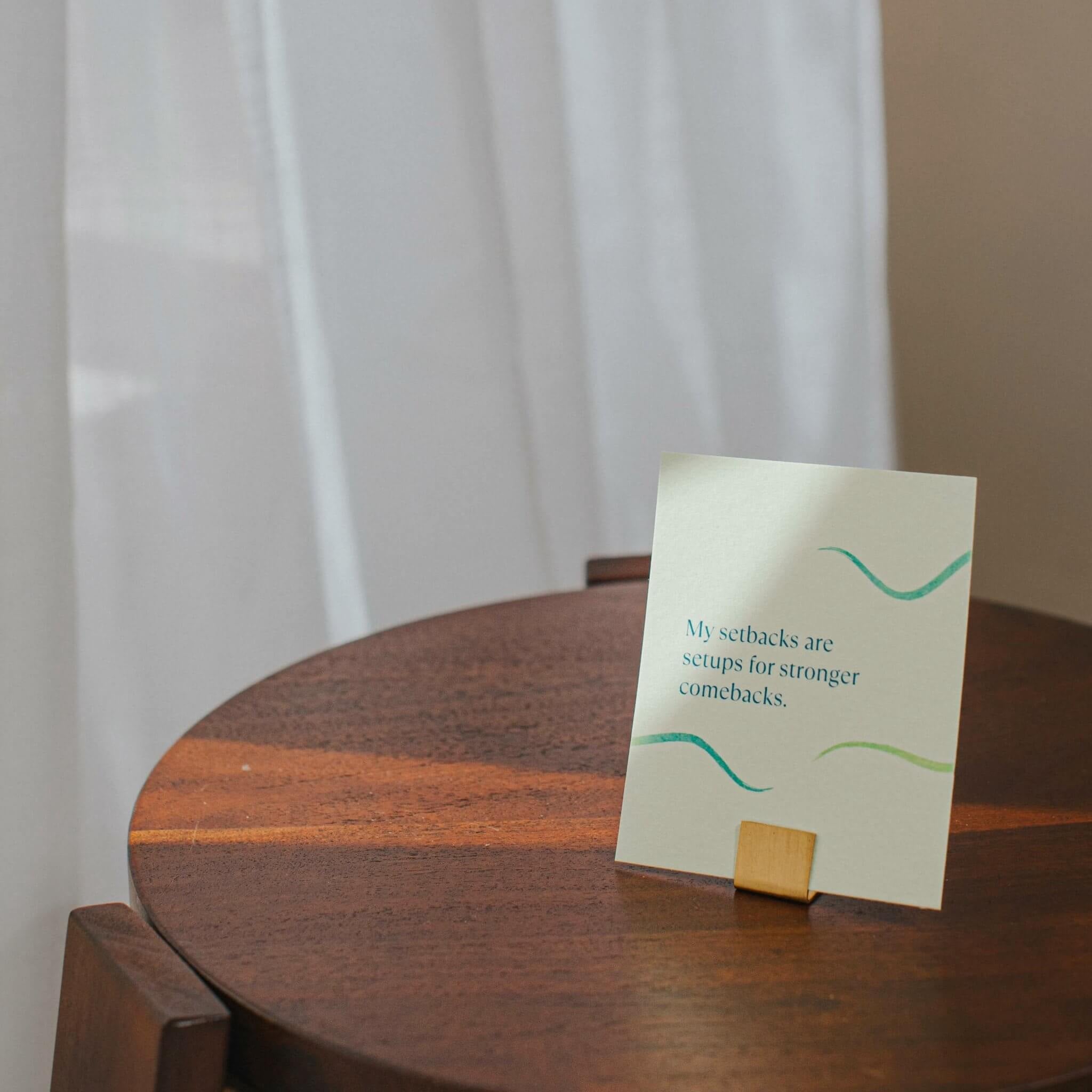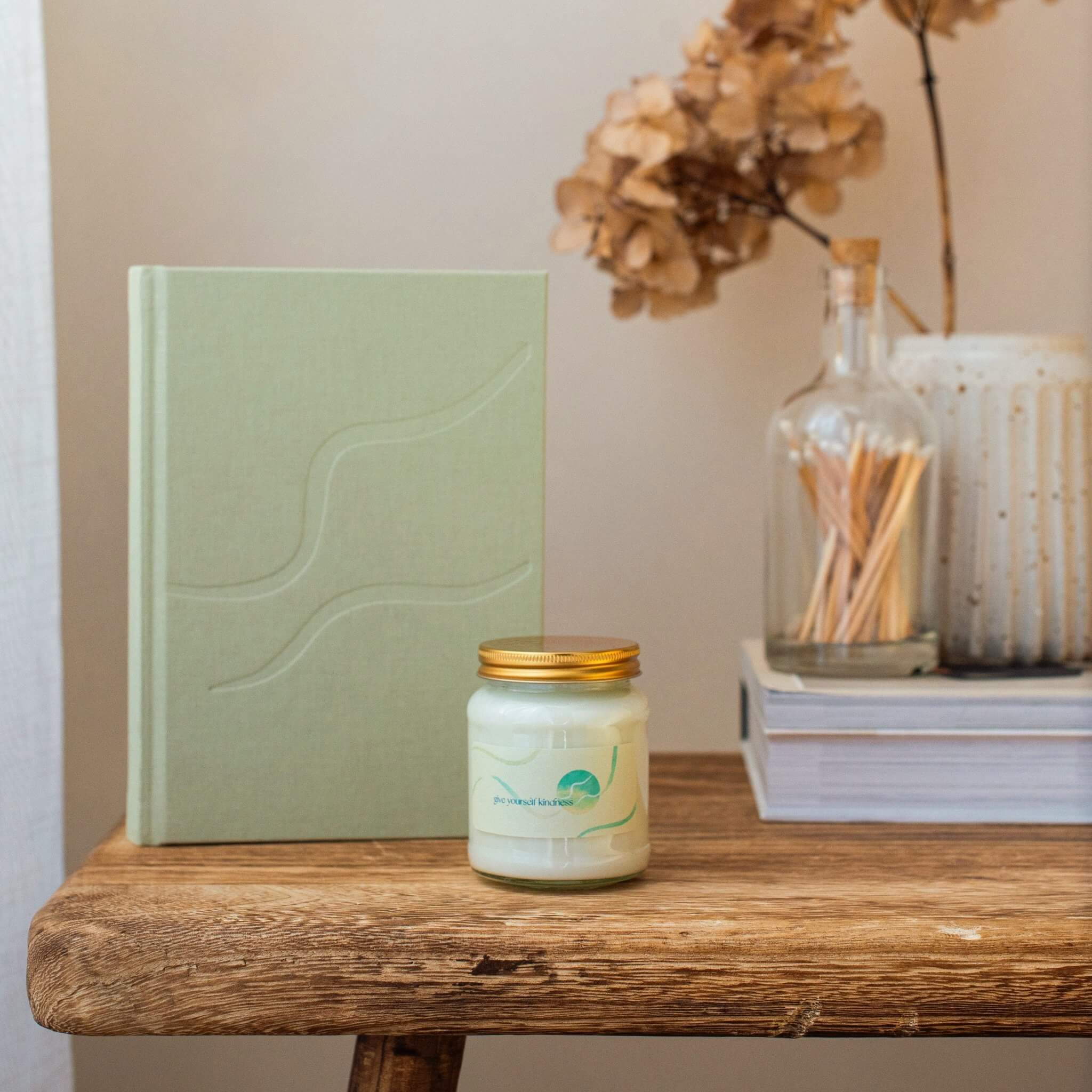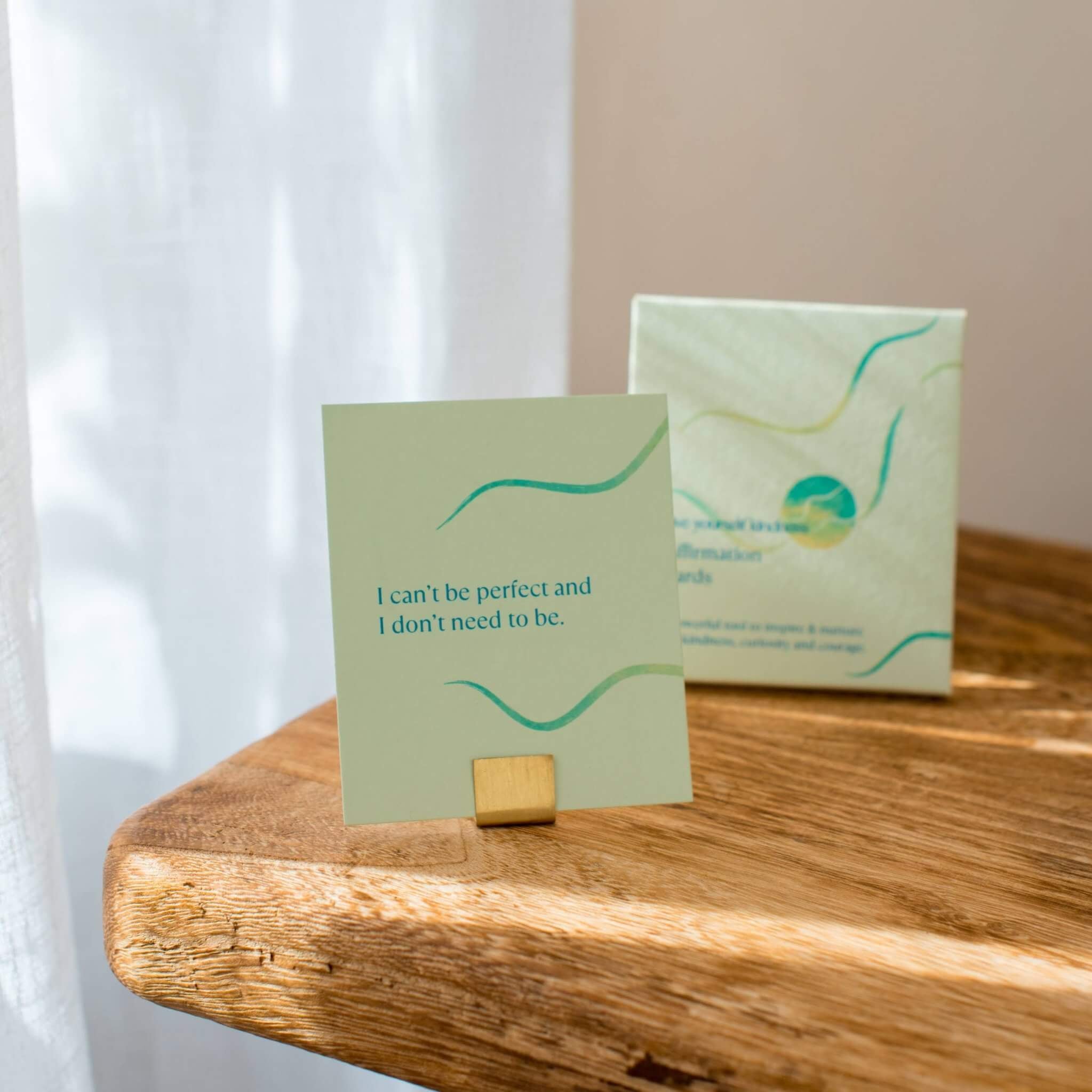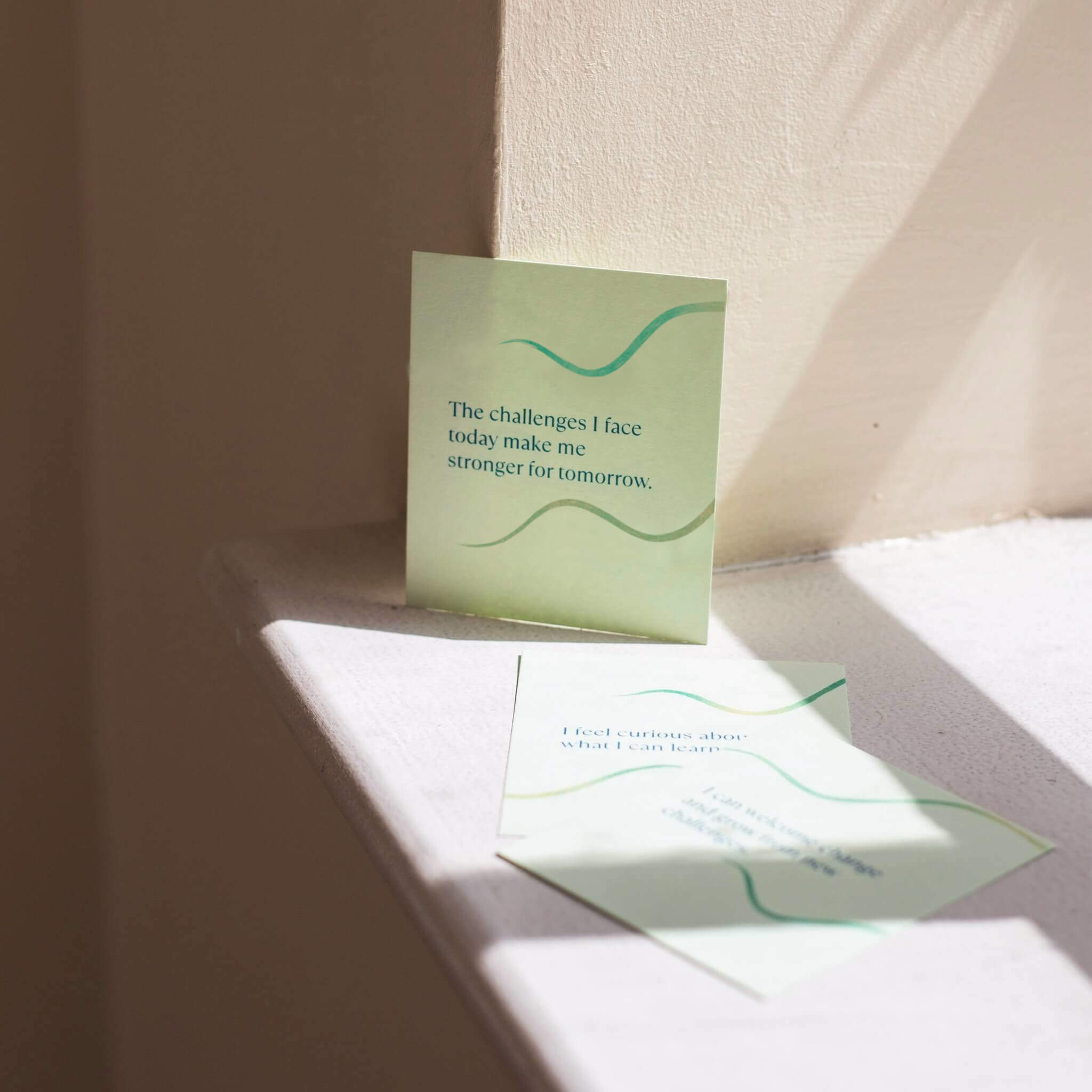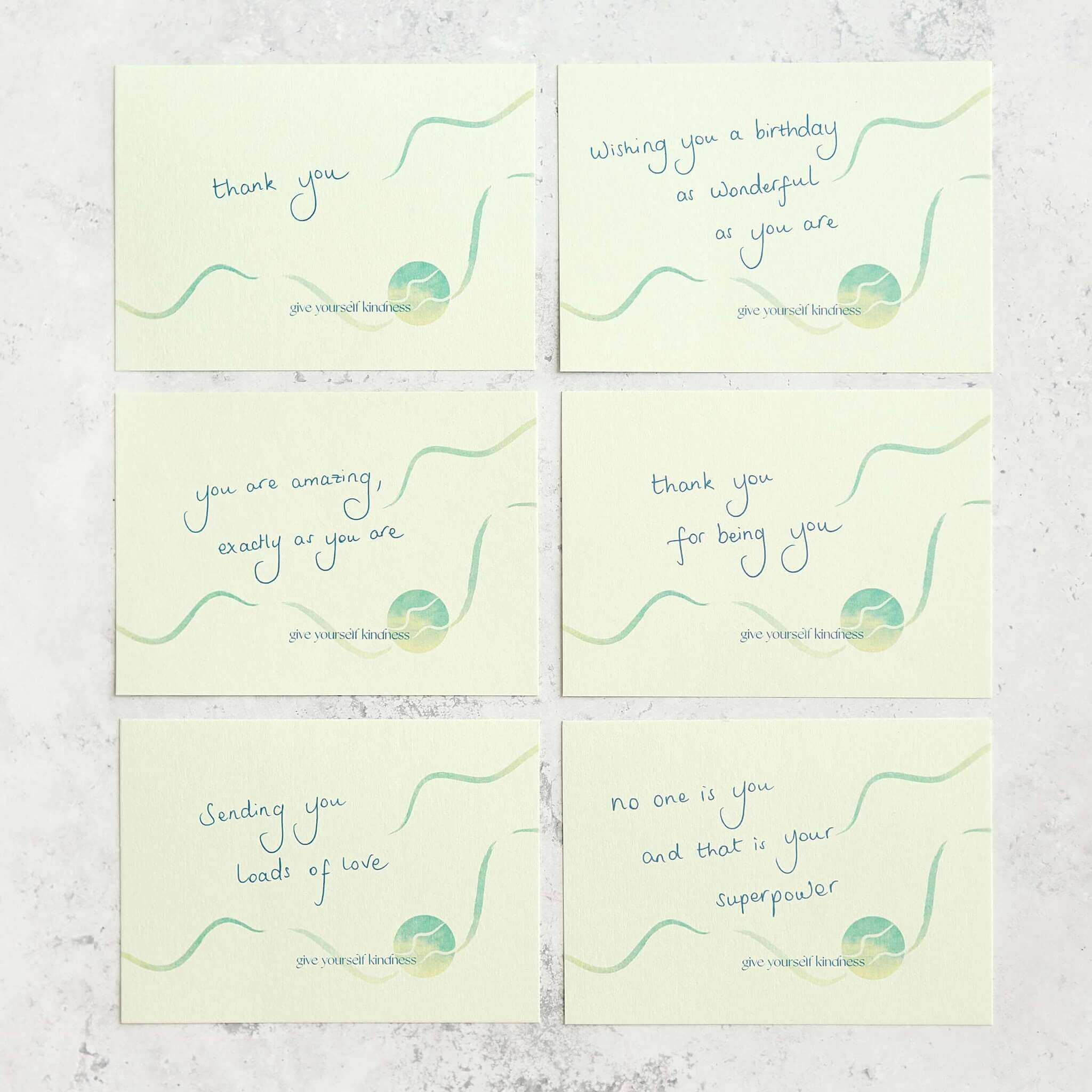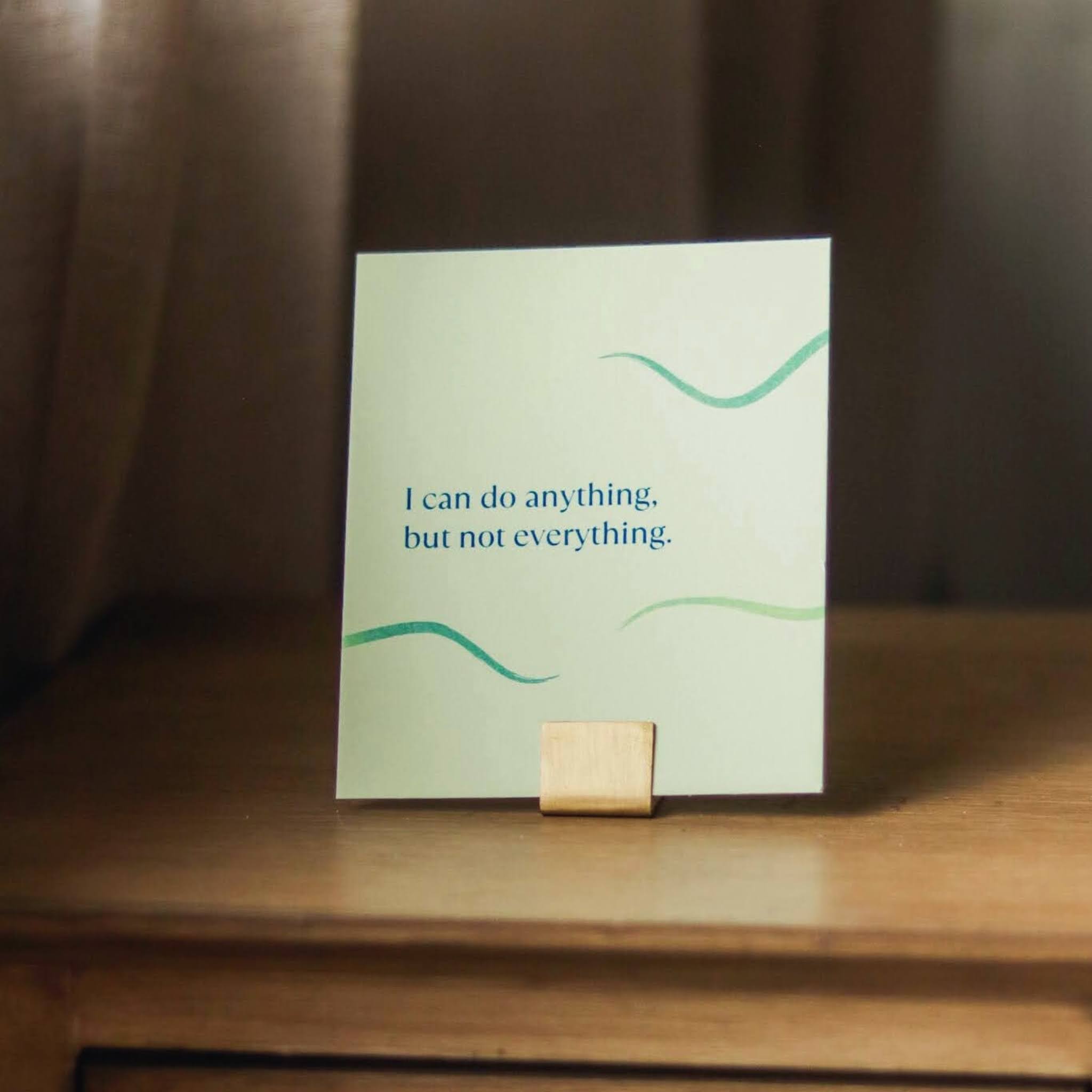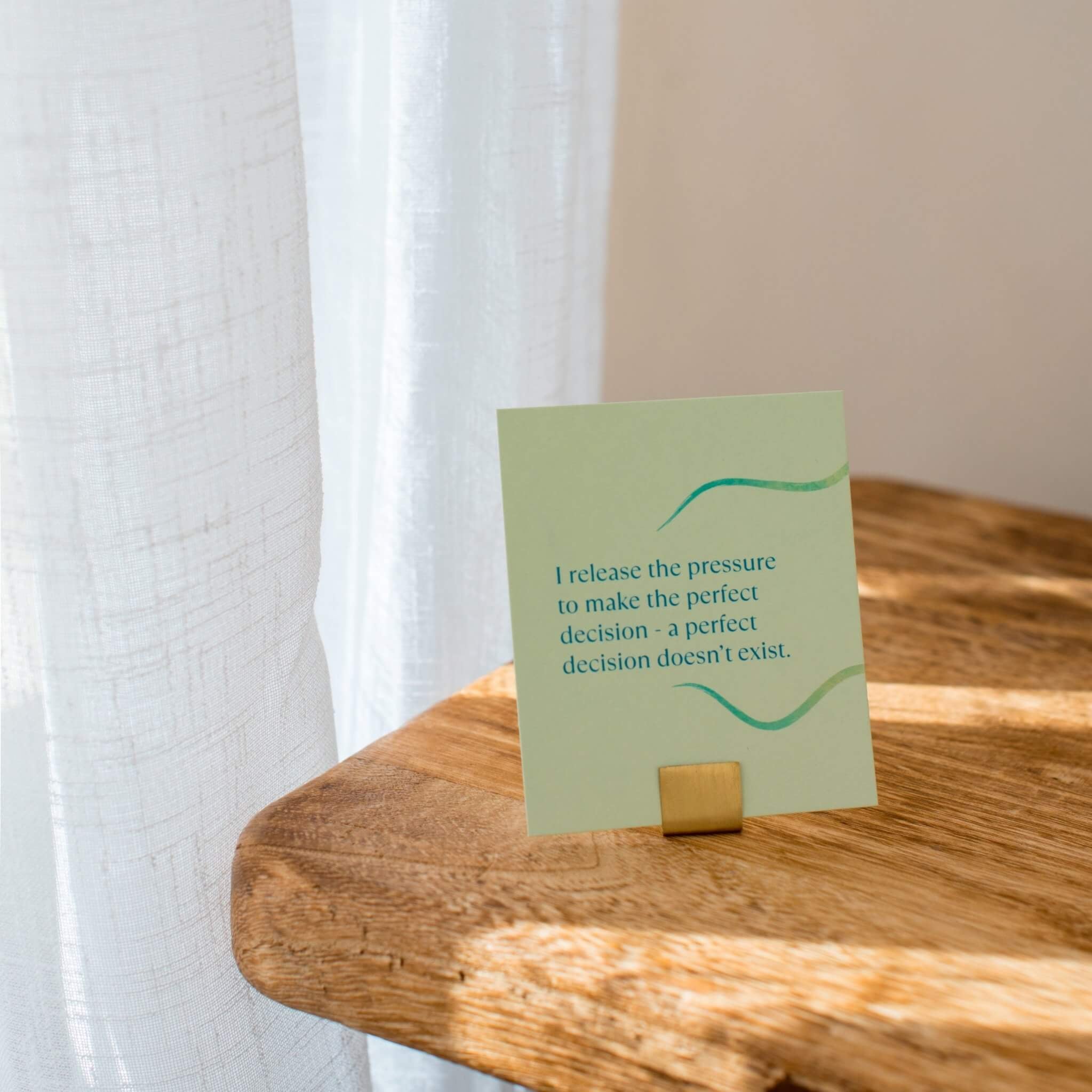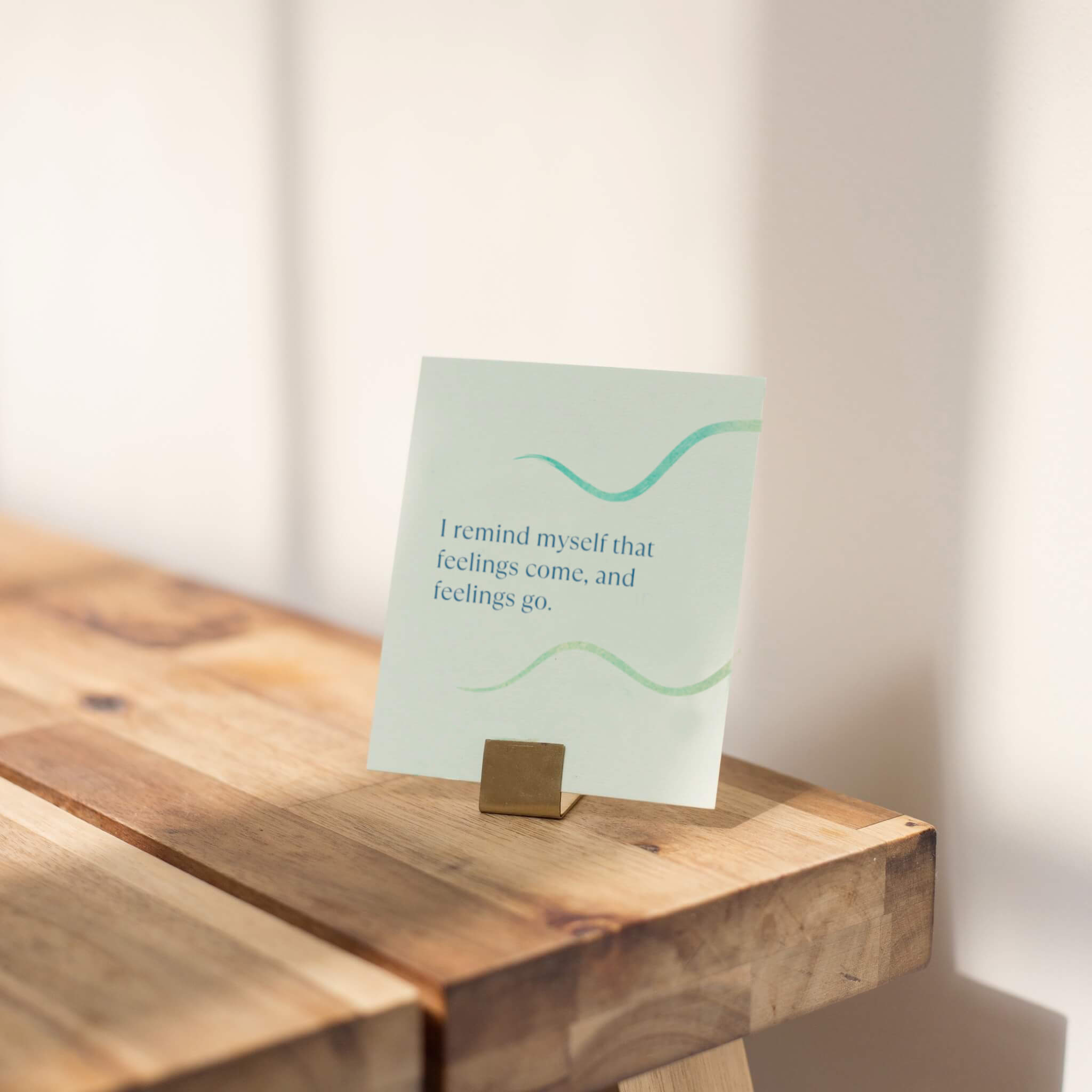written exclusively for Give Yourself Kindness by Judy Potts MBACP, an Adlerian therapist specialising in helping people overcome inferiority and find belonging.
“I’m sorry for being so emotional”
“I’m sorry, but I don’t agree”
“I’m sorry to bother you, but could you help me with this?”
“I’m really sorry I won’t make it out for drinks, I need some time to myself”
How often do you find yourself apologising unnecessarily?
Do you find yourself, or know someone, who is known for frequent apologies, even in situations where no offense has occurred? This tendency to apologise repeatedly often comes from a place of inferiority.
Adlerian psychology suggests that over-apologising is a behaviour that we learnt in childhood to protect us from rejection. (i) It comes from a deep-rooted desire to keep the peace, avoid conflict or keep others happy.
'a deep-rooted desire to keep the peace, avoid conflict or keep others happy'
Recognizing the underlying fear of rejection allows us to break free from the compulsion to say "sorry" at every turn, empowering us to express ourselves more confidently while maintaining healthy relationships.
How to break the cycle of over-apologising
1. Recognise when guilt is an appropriate emotion
Guilt is a natural emotion meant to guide us when we’ve acted outside of our values, or when we’ve caused harm to someone.
'Guilt is a natural emotion meant to guide us'
If you’re apologising for things you didn’t do, or things that are out of your control, you’re carrying guilt that doesn’t belong to you.
Recognising this distinction is the first step in breaking the cycle.
2. Develop a strong sense of self to distinguish between responsibility and guilt
A strong sense of self helps you distinguish between what is your responsibility and what is someone else’s responsibility.
Recognising this difference will help you stop apologising for things that aren’t your fault, and you’ll feel more confident in owning your actions without excessive guilt.
3. Understand that conflict is a natural part of relationships
Relationships thrive when we’re able to engage authentically, even if it means facing conflict.
'it’s okay to have differing opinions and to express them without guilt'
Constantly apologising to avoid conflict means you’re prioritising someone else’s comfort over your own well-being.
Healthy relationships require balance: it’s okay to have differing opinions and to express them without guilt.
4. Watch out for putting others’ needs above your own
Over-apologising often stems from a fear of rejection. But in an attempt to please others, you actually sacrifice your own needs, and your well-being.
Not apologising when you're not at fault can feel uncomfortable to begin with, but it’s an important step in learning to see yourself as equal.
So what about when I do need to apologise?
Apologising can be a healthy and necessary way to repair relationships, especially when we’ve crossed a boundary, made a mistake or caused harm.
But often the self-blame we feel also leads to excessive guilt. Focus on taking responsibility for the action itself, not for your entire self-worth.
The goal is to mend relationships and show empathy without falling into excessive guilt or punishment.
Questions to ask yourself the next time you go to apologise
Have I done something wrong here or am I just trying to avoid discomfort?
What would this conversation look like if I could see myself as equal?
What part of this situation is truly mine to handle, and what part belongs to someone else?
How can I express myself without apologising—what could I say instead?
How can I take responsibility for my actions without self-blame or over-apologising?




